TIRE TIPS
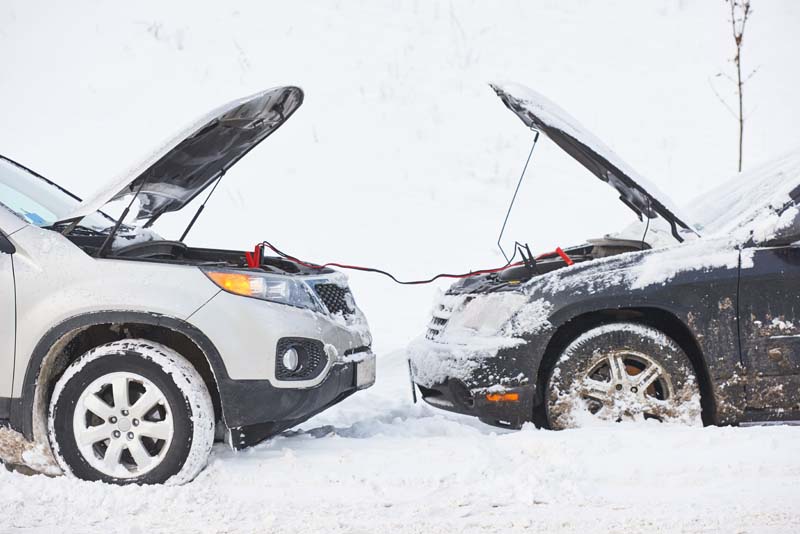
WHEN TO REPLACE YOUR CAR'S BATTERY: WINTER WARNING SIGNS TO WATCH FOR
Car batteries can expire or malfunction over time for numerous reasons. Exposure to extreme temperatures, including cold weather in winter, causes batteries to fail. Canada is known for having heavy snowfall in winter, leading to cold temperatures that can negatively affect your car batteries, alternator, and the charging system. In addition, your car battery age can also lead to battery failure, especially if it is the last leg of its lifespan.
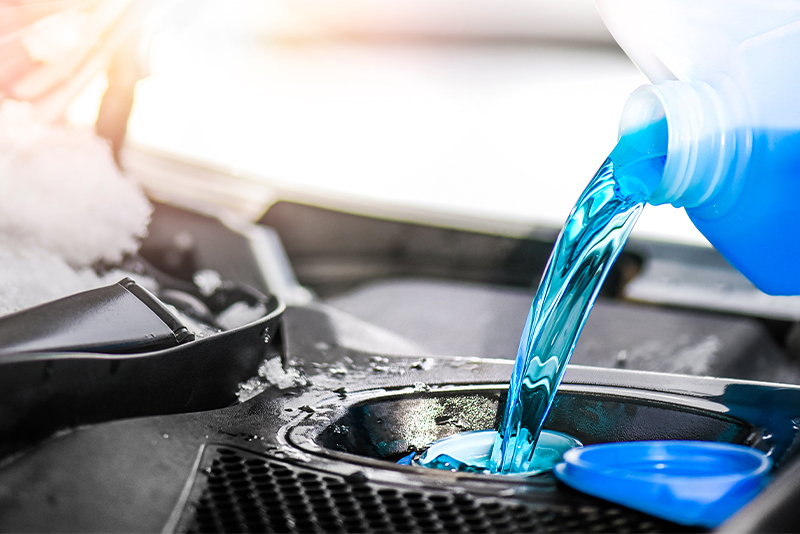
ESSENTIAL FLUIDS TO CHECK BEFORE WINTER: KEEP YOUR VEHICLE RUNNING SMOOTHLY
As winter approaches, it is important for you to ensure your vehicle is in top shape to handle harsh, cold weather conditions. One of the most important aspects of winter car care involves ensuring all essential fluids are in good condition. Indeed, regular maintenance and check-ups will go a long way in keeping your car engine running smoothly, which should help you avoid nasty surprises on icy roads. Here is a rundown of the essential fluids you need to check before winter sets in.
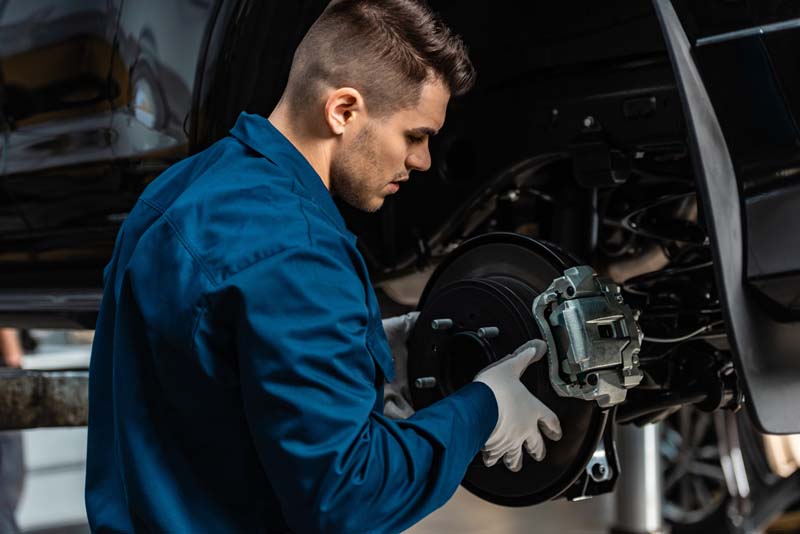
BRAKE MAINTENANCE 101: STAYING SAFE ON ICY AND SNOWY ROADS
Winter driving comes with unique challenges for both seasoned and novice drivers. Snowy and icy road conditions amidst fog, black ice, slush, or sleet reduce visibility and control, posing a serious hazard to drivers. The chances of a car skidding on snowy roads are higher, making it daunting to keep control of your vehicle and stay safe. Navigating and manoeuvring roads in cold weather requires a high sense of precaution and carefulness for safe driving.

SYNTHETIC VS. CONVENTIONAL OIL: WHICH IS BEST FOR YOUR VEHICLE IN THE COLD?
Vehicles with internal combustion engines use synthetic or conventional oil to operate. Oil helps reduce friction between moving parts, moves heat to colder parts of the engine, prevents sludge and corrosion, and serves as wear protection.

TOP MAINTENANCE TIPS FOR NEW DRIVERS: HOW TO PREP YOUR CAR FOR WINTER
Harsh winter weather can damage your vehicle and cost you a fortune in repairs or parts replacement. The only way to combat the cold weather and ensure your car stays in top shape is by winterizing it.

THE ULTIMATE GUIDE TO WINTERIZING YOUR VEHICLE: TOP SERVICES YOU NEED
Winterizing your vehicle or ensuring it’s ready for the cold weather helps you save money on costly repairs and replacements. It also keeps your car in excellent shape and extends its service life. You don’t have to worry about winter driving, cold temperatures, or winter conditions when your car battery and other essential components, such as the cooling system, jumper cables, radiator, windshield wipers, and snow tires, are in excellent shape. Below are the top services you need:
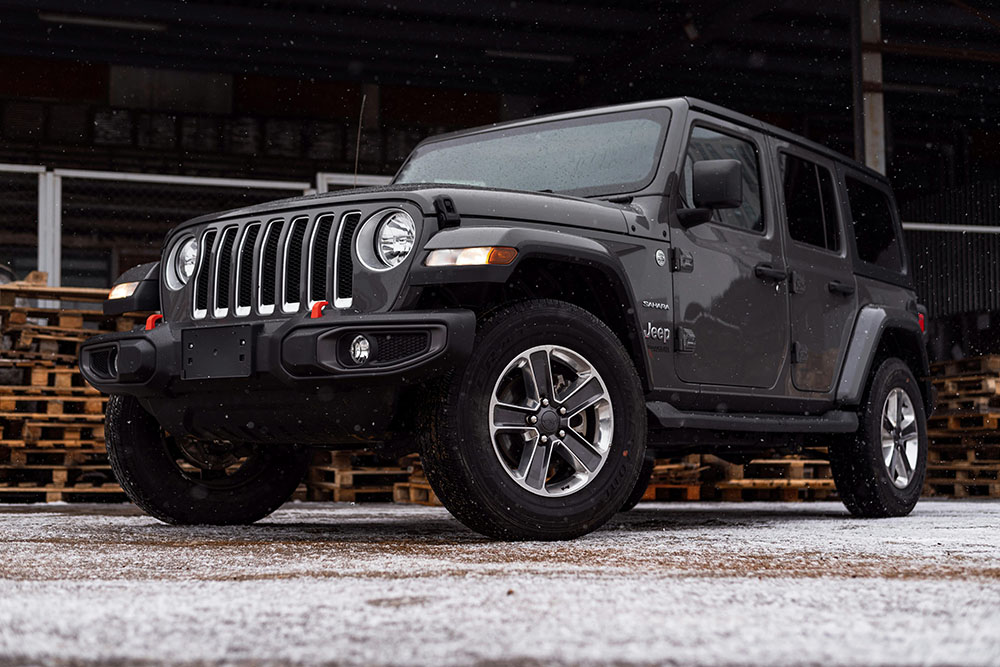
WINTER TIRE ROTATION: WHY IT'S ESSENTIAL FOR SAFE WINTER DRIVING
Safe driving in cold weather in Canada, when snow and ice are a greater source of risk, means switching to winter-season tires. Not only will this change give you peace of mind, but it will also give your vehicle better traction on icy roads.
Besides this, using the right kind of high-performance directional tires delivers better braking performance. It also extends the longevity of winter tires and is easier on overall vehicle wear and tear. Without proper tire rotation to match cold weather driving conditions, you could place yourself and others at risk.
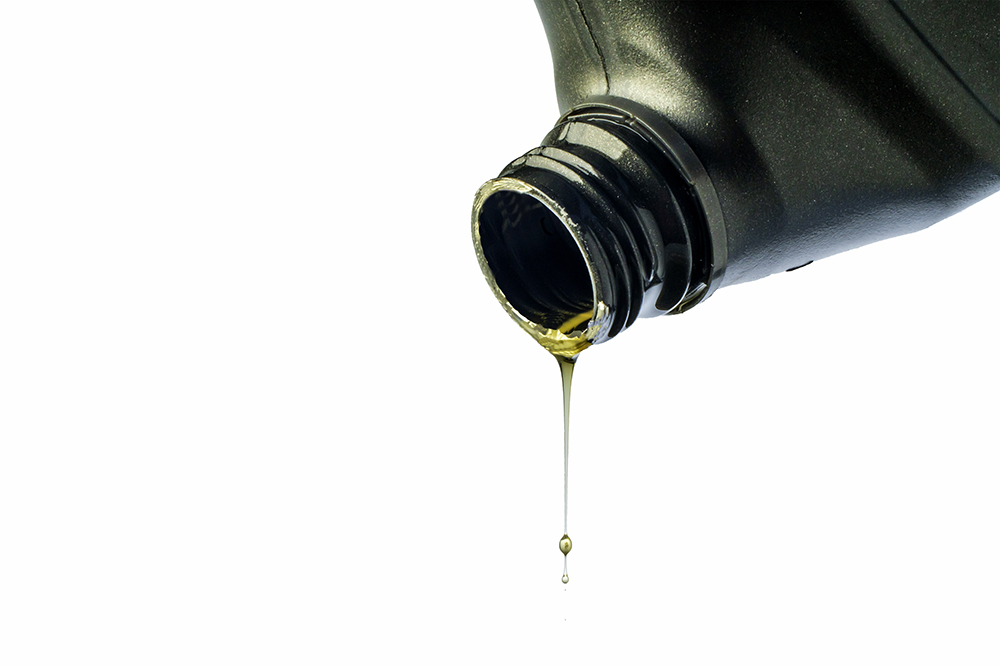
HOW TO KNOW IT’S TIME FOR AN OIL CHANGE
Frequent oil changes are the basis for maintaining your vehicle’s value. Most vehicle owners neglect to change their oil until further damage occurs. Automotive oil changes should occur every three to six months. The next oil change interval depends on the recommendations of your car’s brand. There are indications of car oil issues that you need to watch out for. Observing these signals can prevent extreme damage to your car. Here is how to determine if it is time for an oil change:
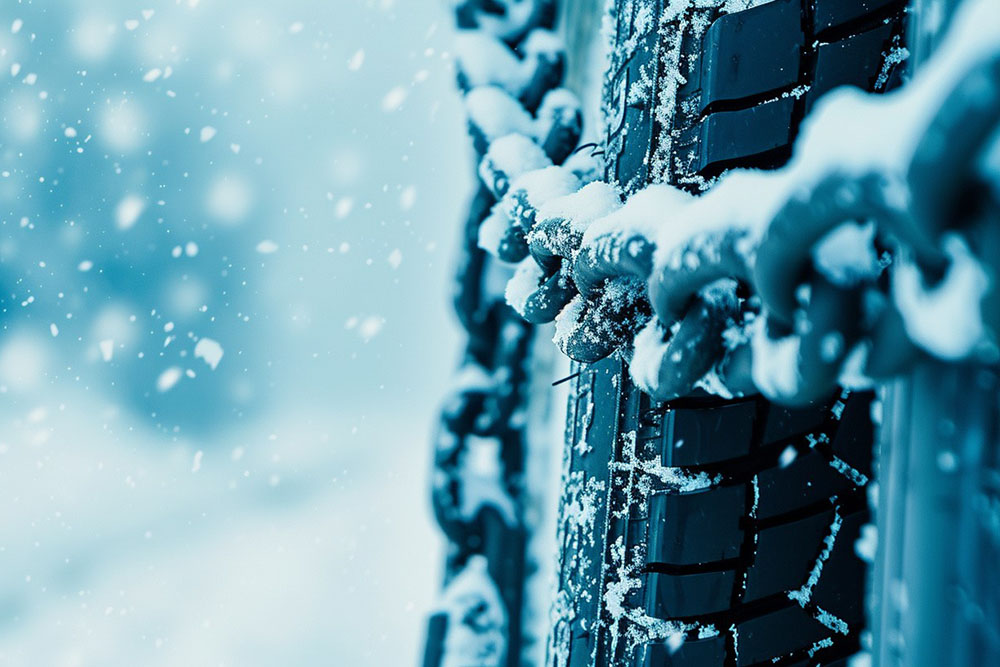
TOP REASONS TO SCHEDULE A WINTER TIRE CHANGE BEFORE THE SNOW HITS
Many Canadians throughout British Columbia, Ontario, Alberta, and elsewhere question whether winter tires are necessary. The reality is that road conditions change in cold weather. As such, changing tires for wet weather conditions is essential because driving and tire needs differ from those on dry roads.

WHY Wheel Balancing is Crucial for a Smooth Ride on Canadian Roads
Beneath the hood of your car is a combination of multiple systems that give you the best performance. Each system must be in excellent condition for maximum output and optimal lifespan. The wheel or tire system holds a core role, and proper maintenance is essential. Wheel alignment and balancing are crucial automotive maintenance protocols. Yet, they are also the easiest to ignore until cruising on smooth Canadian roads feels like a rugged, bumpy nightmare on potholes.

THE ULTIMATE GUIDE TO PREPARING YOUR CAR FOR A CANADIAN WINTER?
Between the temperatures and inclement weather, Canadian winters can undoubtedly be harsh. Preparing your vehicle is key to ensure it holds up as well as possible through winter. Review the following tips and keep them in mind as you get your car ready for the Canadian winter ahead.
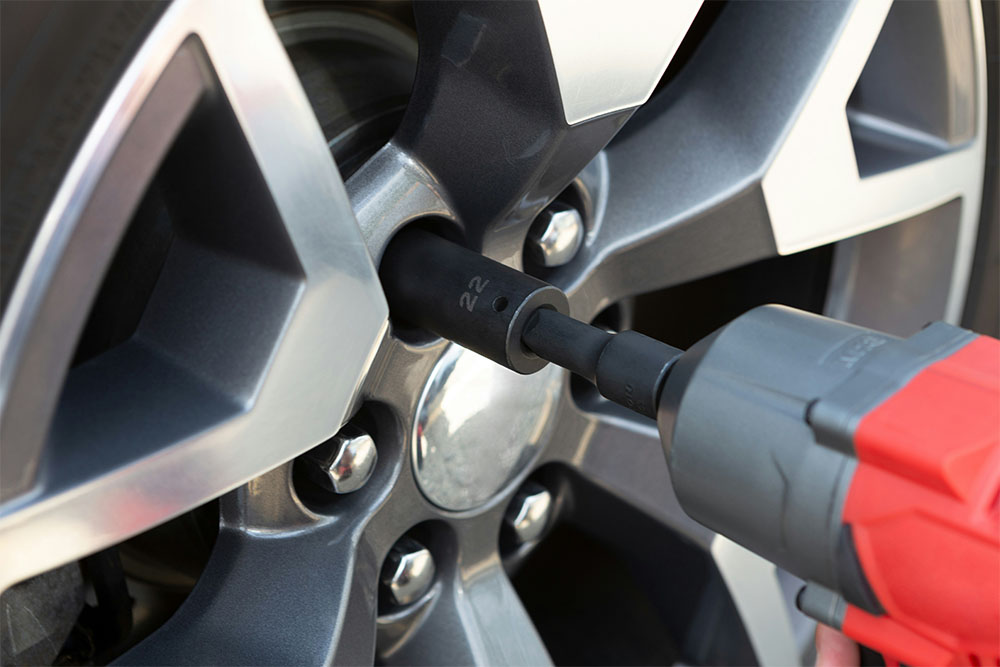
THE IMPORTANCE OF REGULAR TIRE ROTATIONS FOR SASKATCHEWAN ROADS
Tire rotations are an important part of regular automotive maintenance, but they’re often overlooked. Most people who drive vehicles know when to get an oil change, but many aren’t sure what it means to rotate tires. They might not hear about it until they’re dealing with expensive auto repairs and are told they could’ve prevented them. Here we’ll go over the basics of tire rotations, why they’re important, and how to find tire services near you in Saskatoon.
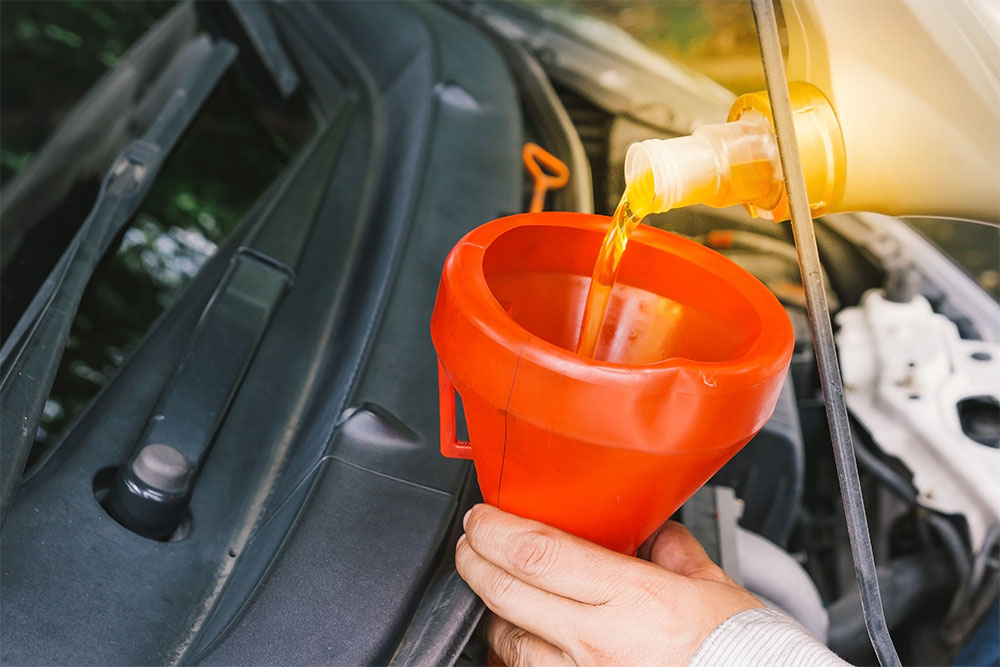
SYNTHETIC VS. CONVENTIONAL OIL: WHICH IS BEST FOR YOUR VEHICLE?
If you’ve had an oil change recently, you’ve probably been asked whether you want to use conventional motor oil or synthetic motor oil. If you’re not an expert on cars, you might have no idea which one makes the most sense for your vehicle’s needs.

5 SIGNS IT'S TIME FOR AN OIL CHANGE (AND WHY YOU SHOULDN'T IGNORE THEM)
Regular oil changes are part of the routine maintenance on your vehicle. Not only can it extend the life of your car, but regular oil changes can also keep your engine running smoothly by lubricating the engine parts for better performance and safeguard against overheating and corrosion. In colder climates like those of Saskatchewan, it’s important to maintain a regular maintenance schedule, so your vehicle can get through the winter. The following are signs you need to schedule an appointment for an oil change. You can also purchase new tires at cost at TreadNation.

BRAKE MAINTENANCE 101: ENSURING YOUR SAFETY ON SASKATCHEWAN ROADS
A reliable brake system is critical for safe driving when navigating the complex Saskatchewan roads. One way this system is functional is to invest in regular brake maintenance, allowing professionals to spot and repair any underlying issues before they become a hindrance to road safety. Besides improving your driving experience, an efficient braking system protects your car from failures that could eventually cost you a fortune. Here are critical things to know about brake maintenance.

COMMON TIRE ISSUES IN SUMMER AND HOW TO PREVENT THEM
Keeping your new tires in great shape is vital for ensuring a safe and smooth ride during summer. The dangers of driving in summer months can be downright explosive, especially if you don’t have the right tires for the scorching hot roads.

THE ADVANTAGES OF SYNTHETIC MOTOR OIL VS. CONVENTIONAL
Have you wondered about using synthetic motor oil for your next oil change? After all, we’ve used conventional motor oil for decades in our cars, and they’ve run just fine. But switching to synthetic motor oil carries far more benefits than reducing our reliance on fossil fuels. In a colder climate like that of Saskatchewan, a synthetic blend means better viscosity and lubrication for your engine so that it can still thrive in low temperatures.
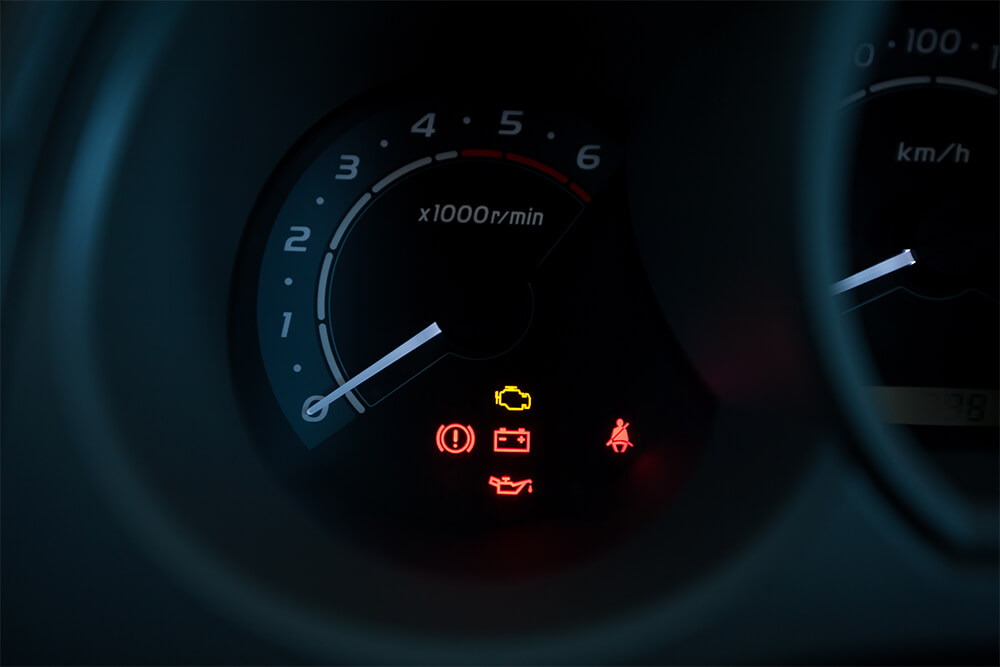
COMMONSIGNS YOUR CAR NEEDS A TUNE-UP
On average, drivers probably expect to hop in their cars, turn them on, and enjoy optimal performance with every drive. Fortunately, that’s what usually happens. But not all the time. Cars, especially older vehicles, aren’t “set it and forget it” machines. They require regular maintenance to operate and avoid causing avoidable accidents on the road.
:

HOW TO IMPROVE YOUR VEHICLE'S FUEL EFFICIENCY
Reducing driving time is the most obvious solution to improving your vehicle’s fuel efficiency. Carpooling and using public transportation are the more obvious choices that have the greatest effect on cutting back fuel costs.
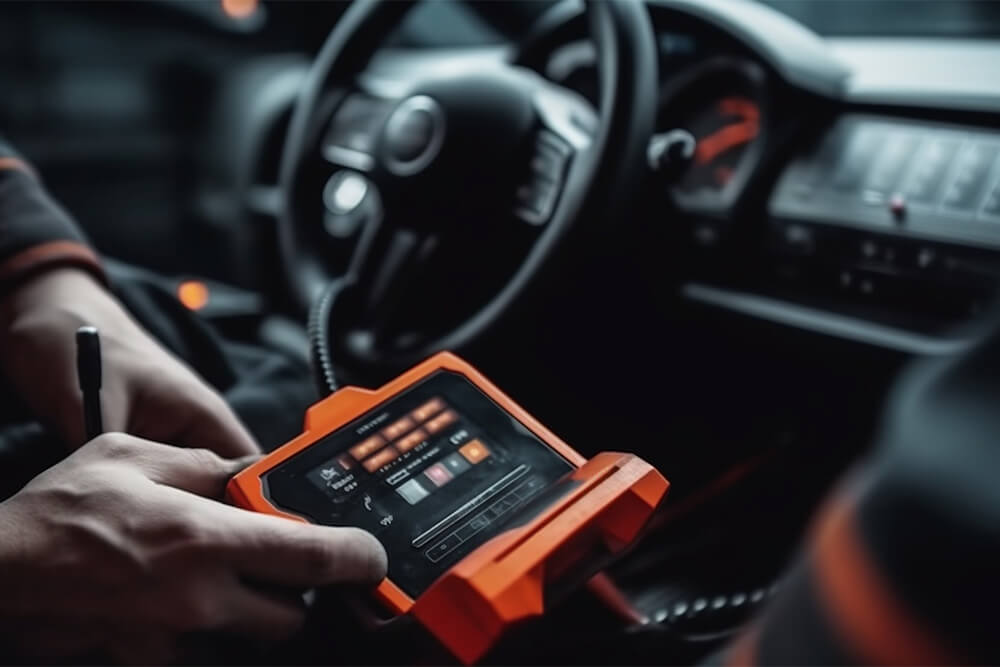
THE ROLE OF ADVANCED DIAGNOSTICS IN MODERN AUTO REPAIRS
With technological advancements, the automotive industry has developed different diagnostic tools that help in auto repairs of cars. The repair industry has more advanced diagnostic tools, such as on-board diagnostics (OBD), vital in finding the root cause of problems in modern vehicles. The system helps evaluate the vehicle’s performance and things that might affect its efficiency. Read on to learn the crucial role of advanced tools in auto repair shops.
:
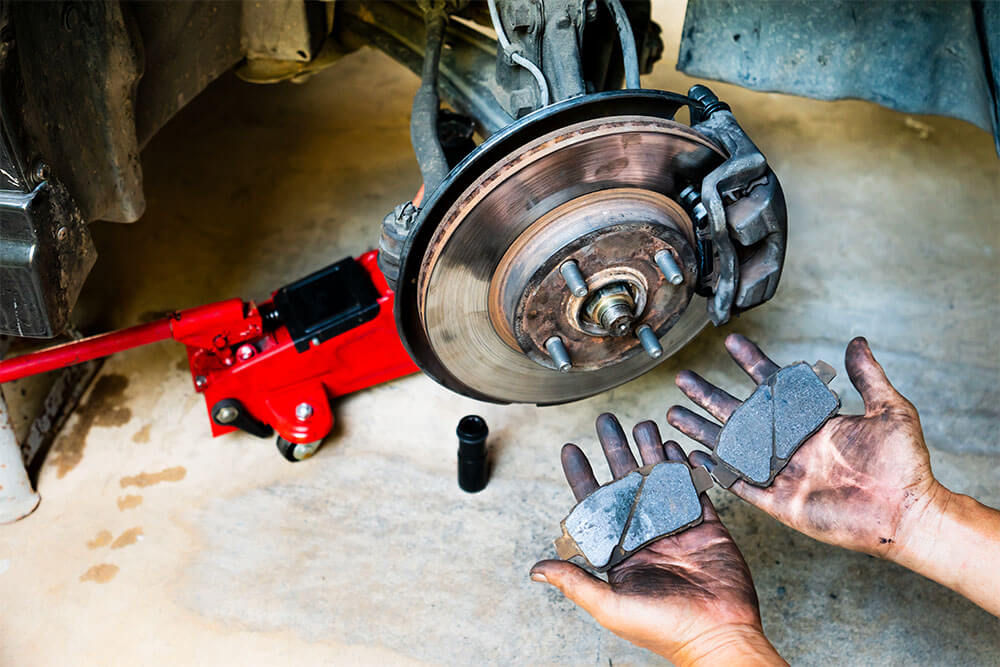
THE BENEFITS OF REGULAR BRAKE INSPECTIONS AND MAINTENANCE
Taking proper care of your vehicle is a must to ensure it’s safe for you, your passengers, and others sharing the road. Regular brake inspections and maintenance are ideal for helping to keep your vehicle in good condition while giving you a great driving experience. Let’s discuss the importance of regular brake inspections and why exceptional maintenance is a must.
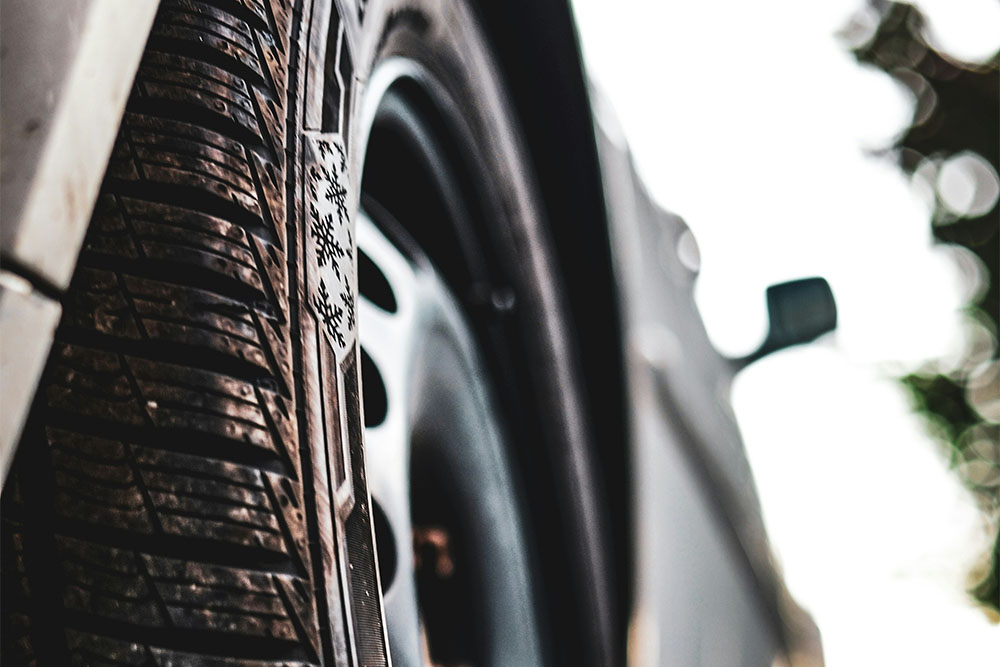
WINTER TIRES VS. ALL-SEASON TIRES: MAKING THE RIGHT CHOICE FOR CANADIAN WEATHER
When it comes navigating the treacherous Canadian winter roads, you need to choose the right tires for your car to ensure safe and confident driving year-round. The decision often boils down to winter tires versus all-season tires. While both have their pros and con, it’s important understand the differences to help you make the best driving choice for your driving needs.
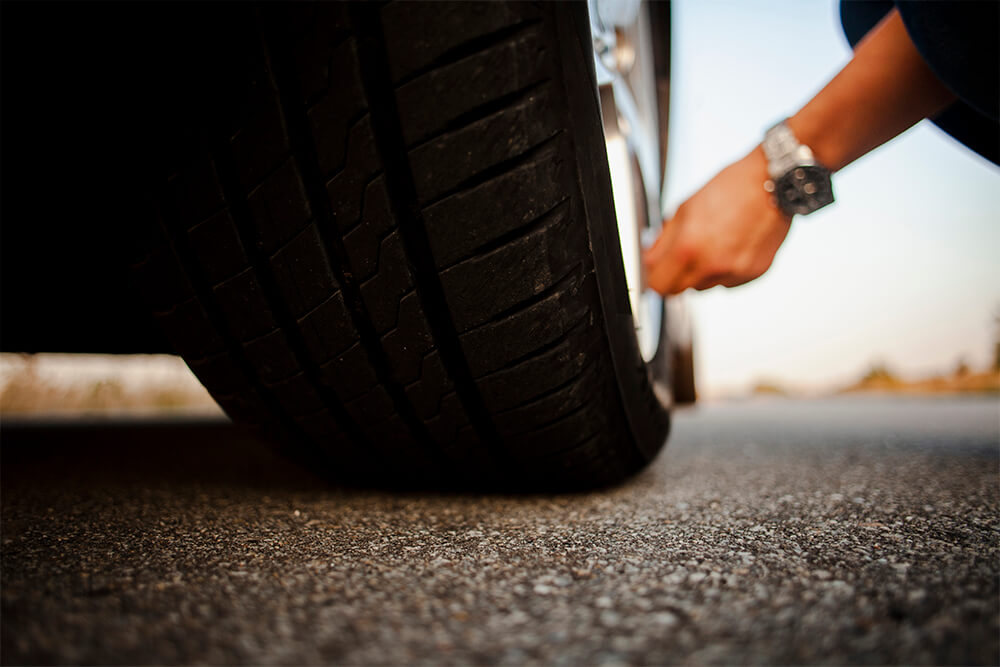
THE PRESSURE: WHY IT MATTERS MORE DURING HOT WEATHER
Many people don’t notice the air pressure in their tires until cold weather comes in and their tire pressure sensor pops up, but underinflated tires are not the only thing that drivers should be concerned about. Hot weather can actually lead to overinflation, and while your tire pressure monitoring system won’t tell you about your overinflated tires, your car will when you experience a blowout during your road trip.
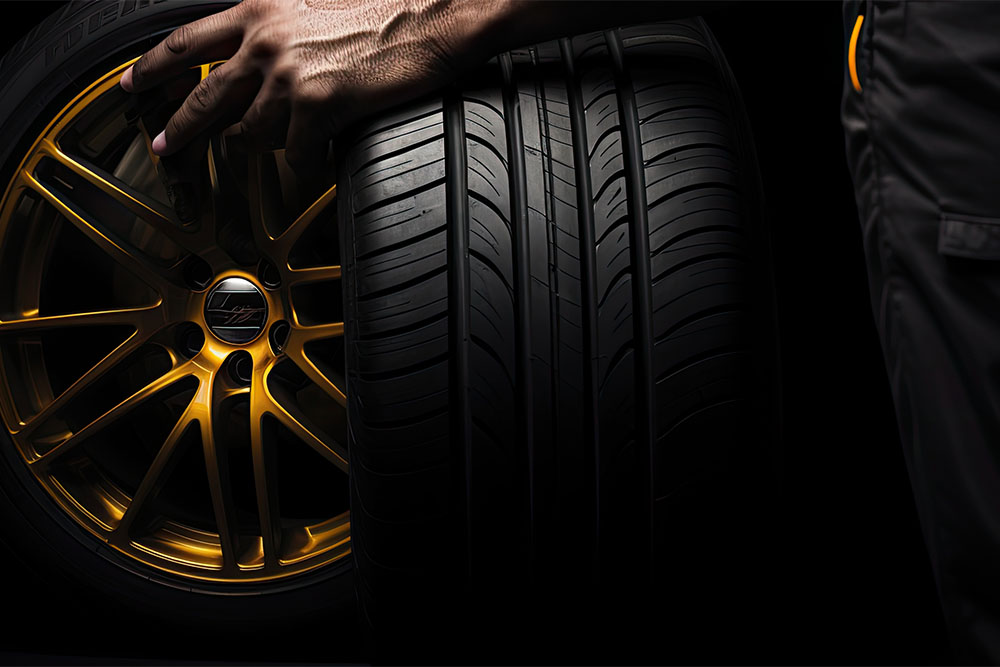
KNOWINGWHEN TO SWITCH: THE IMPORTANCE OF CHANGING SUMMER TIRES
Many drivers don’t think about a tire change until they need to brake suddenly or the tires run flat. Having the right tires on your vehicle for the season can prevent tire-related crashes. Tires are built for different road conditions, each with strengths and weaknesses. Summer tires provide stability and traction in warm conditions, but here are signs that you need to replace them:
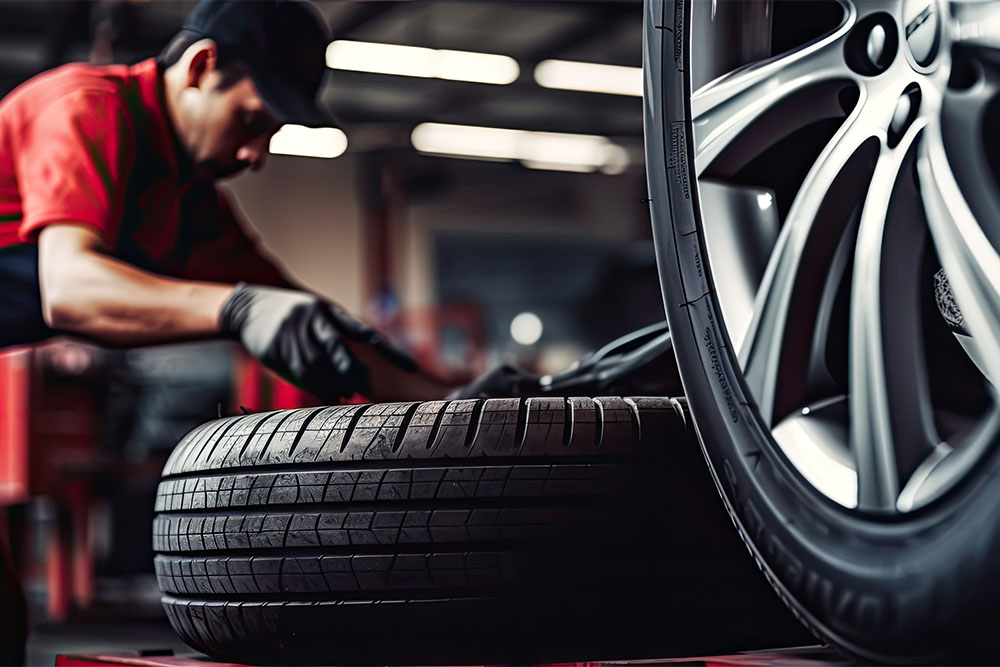
SUMMER TIRES, ALL-WEATHER OR ALL-SEASON: CHOOSING THE RIGHT TIRES FOR YOUR NEEDS
When it comes to your vehicle’s performance and safety, choosing the right tires is not debatable.With various options available, selecting the best set of tires for your driving needs can seem challenging or even confusing.
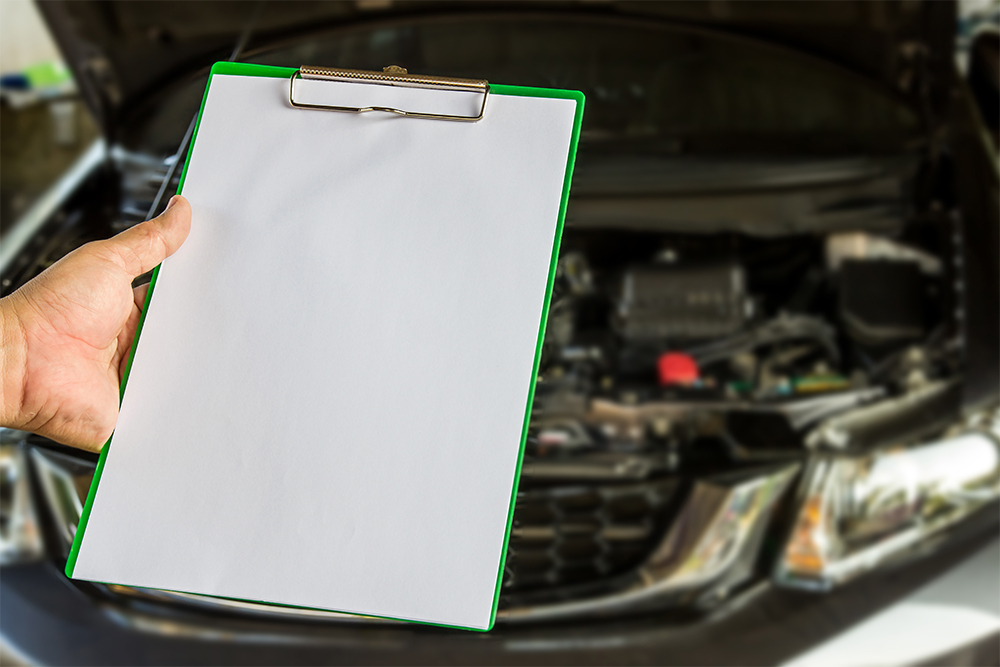
ROAD TRIP READY: ESSENTIAL CAR MAINTENANCE CHECKLIST
No matter the destination, a lot goes into planning a long road trip to ensure everything goes according to plan. Preparing your vehicle for the open road has many benefits, ensuring a safe trip. It’s always good practice to inspect your vehicle beforehand, making it more likely to avoid car issues throughout your trip.

Maximizing Tire Lifespan: A Guide to Front Wheel Drive Tire Rotation
Tire rotation is a vital vehicle maintenance activity mostly overlooked by many automotive owners. Regular tire rotation is your answer to the longer lifetime of your new tires and your fuel efficiency. The tire rotation activity is a tire maintenance approach that is ideal for improving your driving experience and prolonging the lifespan of your tires. This guide highlights tire rotation basics and how it can control tire wear.
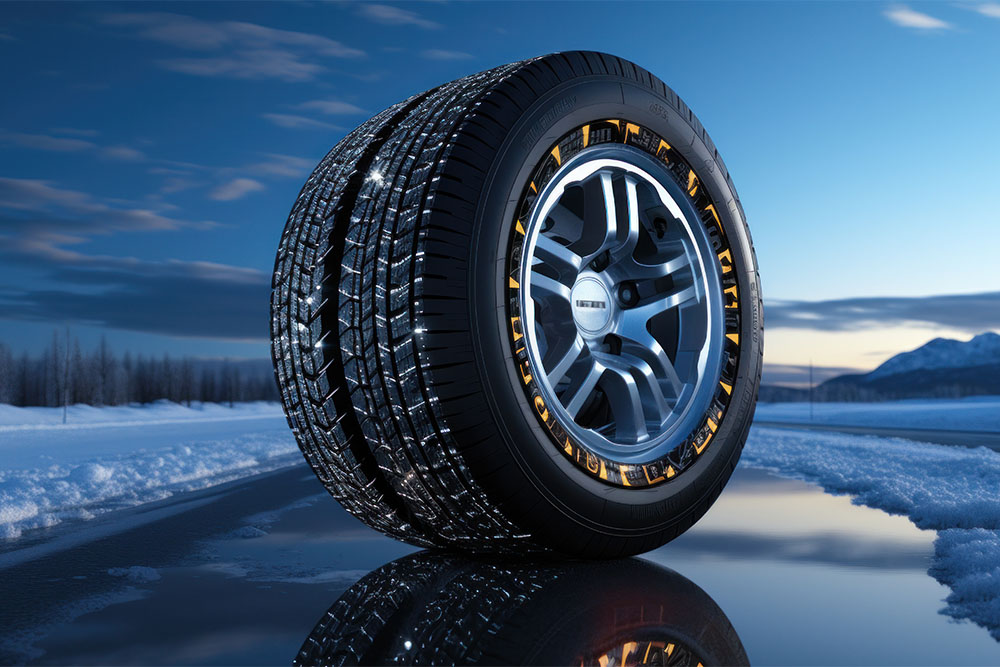
THE BEST SEASONAL TIRE CHOICES FOR SASKATOON DRIVERS
Saskatoon, nestled in the heart of Saskatchewan, Canada, experiences a typical Canadian climate characterized by cold winters and warm summers. For Canadian drivers, especially those in regions like Saskatoon and Quebec, choosing the right tires for the season is crucial for safety and performance on the road. Here, we delve into the best seasonal tire choices tailored to Saskatoon’s varying weather conditions.
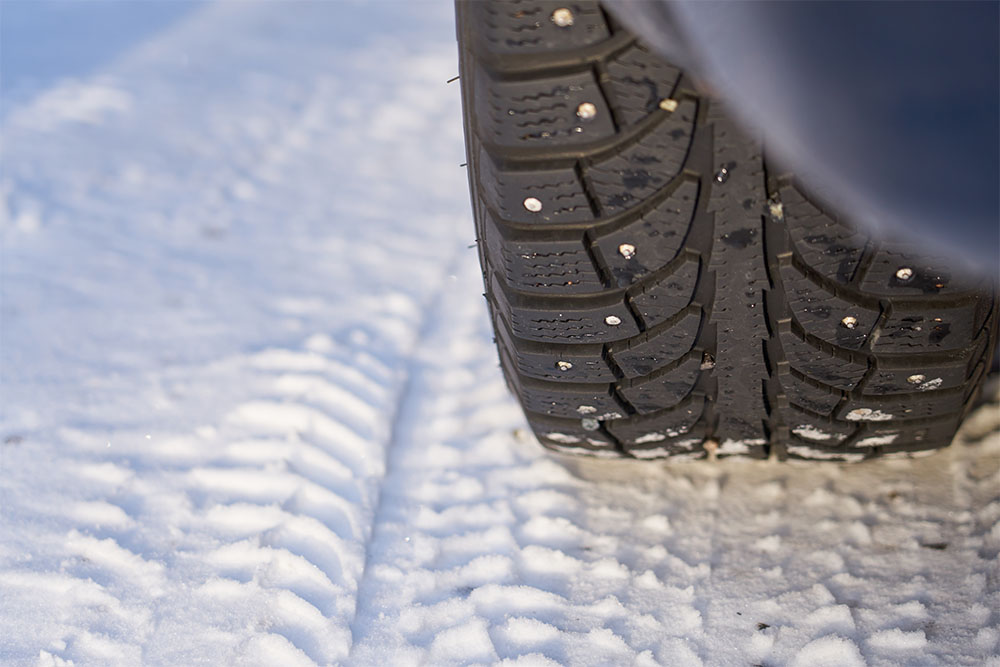
TOP TIPS FOR STORING WINTER TIRES IN CANADA
Having a good set of winter tires is one of the best decisions a Canadian can make. Winter tires are designed to offer better traction in cold and harsh weather than all-season tires. However, seasons change, and when winter is over, they need to go into tire storage. This article will give you the best tips for storing winter tires in Canada.
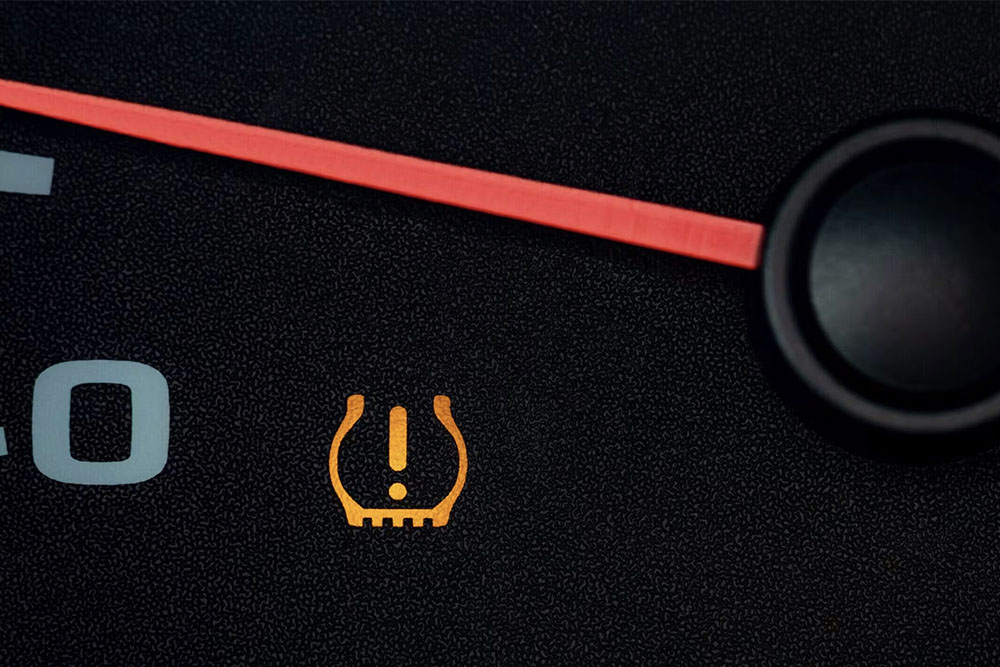
THE IMPORTANCE OF TIRE PRESSURE IN CANADIAN SEASONS
In Canada, we are accustomed to the dynamic whims of Mother Nature. From frigid Canadian winters to scorching summers, our country experiences a wide range of weather conditions. Amidst these fluctuations in weather conditions, tire pressure is an area of vehicle maintenance that Canadian drivers need to pay close attention to. This is because temperature changes have a significant impact on air pressure and driving conditions, which then influence road safety and even the performance of a vehicle. Here is what you need to know about the importance of tire pressure in the various weather conditions in Canada.
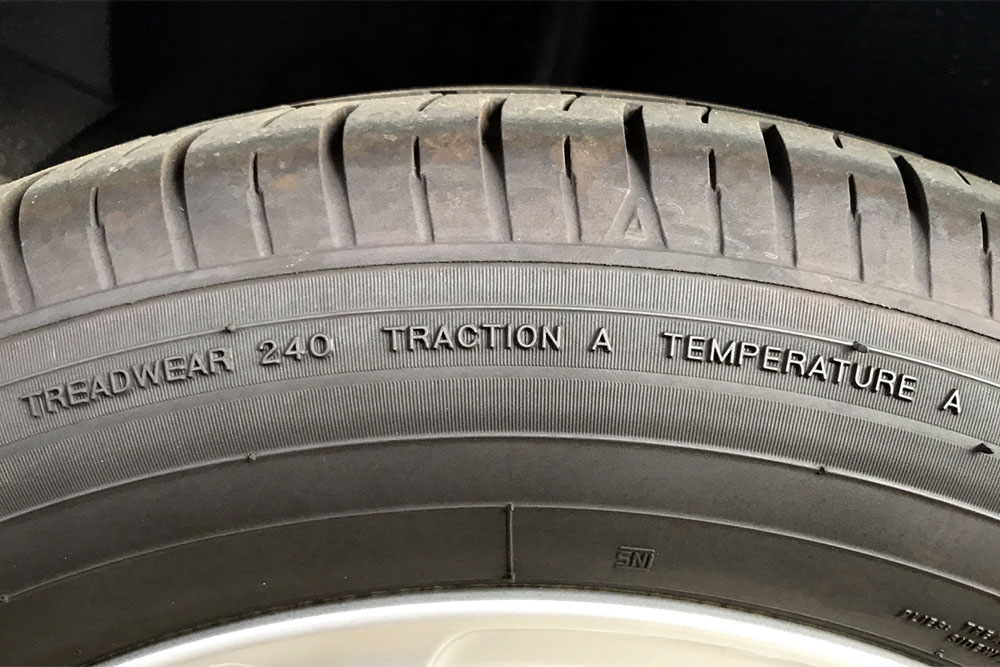
UNDERSTANDING TIRE RATINGS AND WHAT THEY MEAN FOR CANADIAN DRIVERS
Ever wonder what those letters and numbers on tires mean? While driving on those smooth Canadian roads is fulfilling, ensure you understand your tire size, ratings, and tire load index recommended by your vehicle manufacturer.
Every type of tire comes with those numbers and letters, indicators of what you must look for when buying new tires. Understanding these ratings will help you get the best tires, but you also need guidance from our expert dealers at Tread Nation Canada for the right tire.

A GUIDE TO CHOOSING TIRES FOR ELECTRIC VEHICLES: WHAT YOU NEED TO KNOW
Driving an EV is environmentally-friendly because it doesn’t require fuel which contributes to air pollution. You also save money because you don’t have to pay for gas. Compared to other cars, an EV also requires lower maintenance; however, you do need to get the right EV tires to ensure better and quieter performance on the road. Read this guide to help you choose the right EV tires.

EMERGING TIRE TECHNOLOGIES FOR ENHANCED SAFETY IN 2024
The world of tire technology is filled with exciting advancements. We’ve seen innovations such as airless tires, smart tires, and tires that transform their shape based on road conditions. Looking at the progress in tire tech, we dream of unimaginable future tires. They would last your vehicle’s lifetime, climb stairs, and even send warning signals to other motorists. As the vehicle industry undergoes a technological revolution, the tire industry is also transforming. Here are some of the ways the emerging tire technologies are revolutionizing transport.

THE ROLE OF TIRE PRESSURE AND MAINTENANCE IN MAXIMIZING FUEL EFFICIENCY
Tracking tire pressure is one of the most significant aspects of ensuring operational cost and environmental sustainability. Maintaining the required air pressure makes your riding experience comfortable, is crucial in determining your vehicle’s fuel consumption, and reduces carbon footprint.
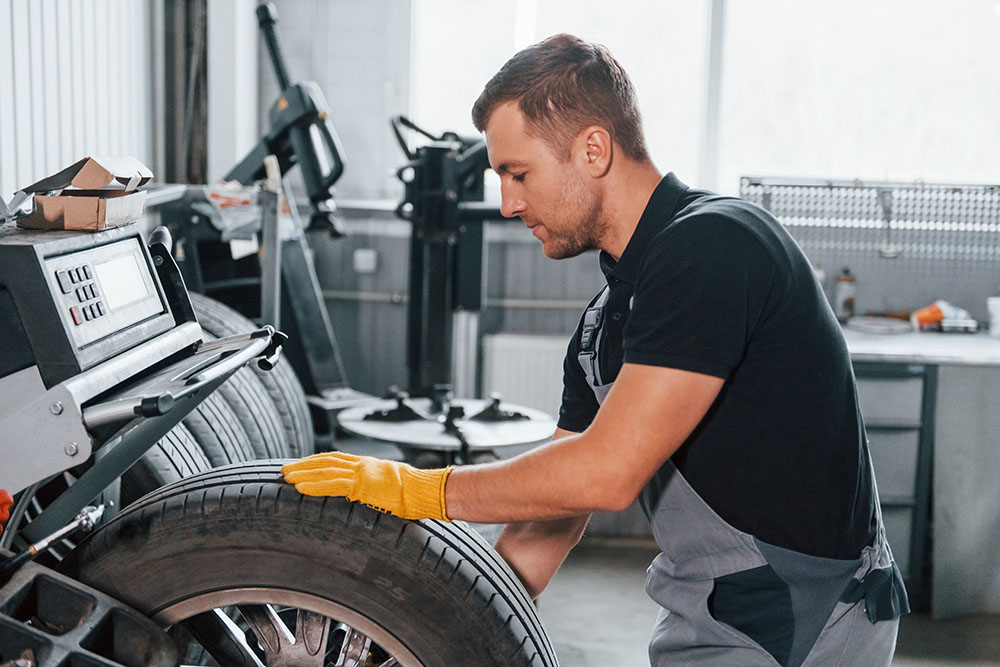
UNDERSTANDING LONGEVITY, PERFORMANCE, AND COMFORT LEVELS OF YOUR TIRES.
Tires are often overlooked when it comes to car maintenance, yet they are one of the most critical components affecting your driving experience, safety, and overall vehicle performance. Understanding tire longevity, performance, and comfort levels can help you make informed decisions and give you peace of mind when choosing the right tires for your driving needs.
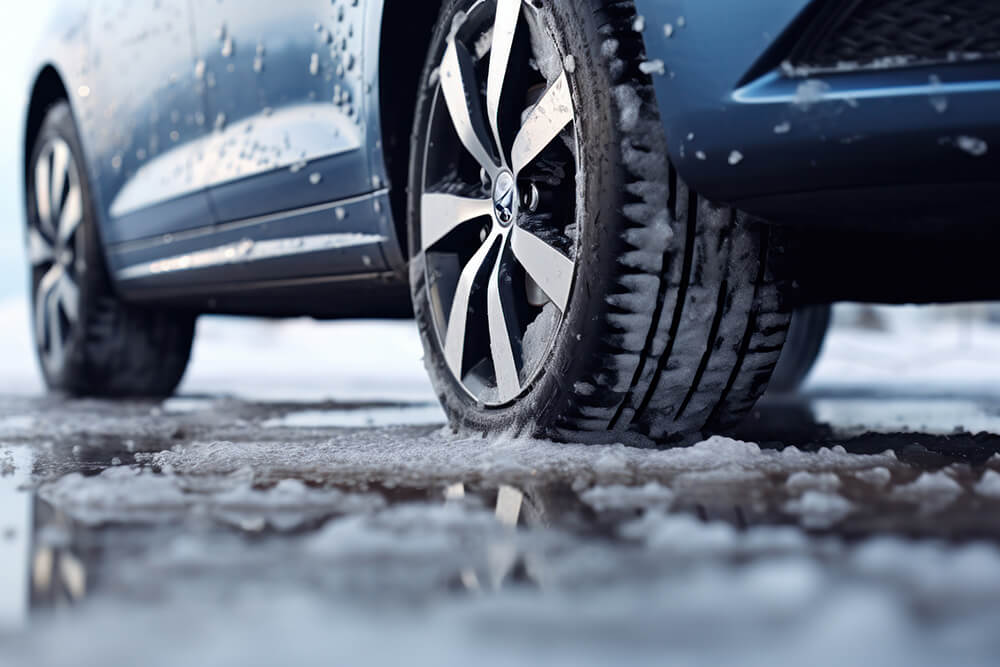
WHAT IS A GOOD WINTER TIRE RATING?
Choosing winter tires can seem overwhelming if you have never had to handle the task on your own before. While most Canadians know that all-season tires aren’t enough to make it through the tough winters, they don’t know which snow tires are. Major brands like Michelin, Continental, and Bridgestone Blizzak all offer great winter tires, but there is no top choice for every vehicle. There are a lot of different variables involved in choosing winter tires, which is why you need to understand what a good winter tire rating means.
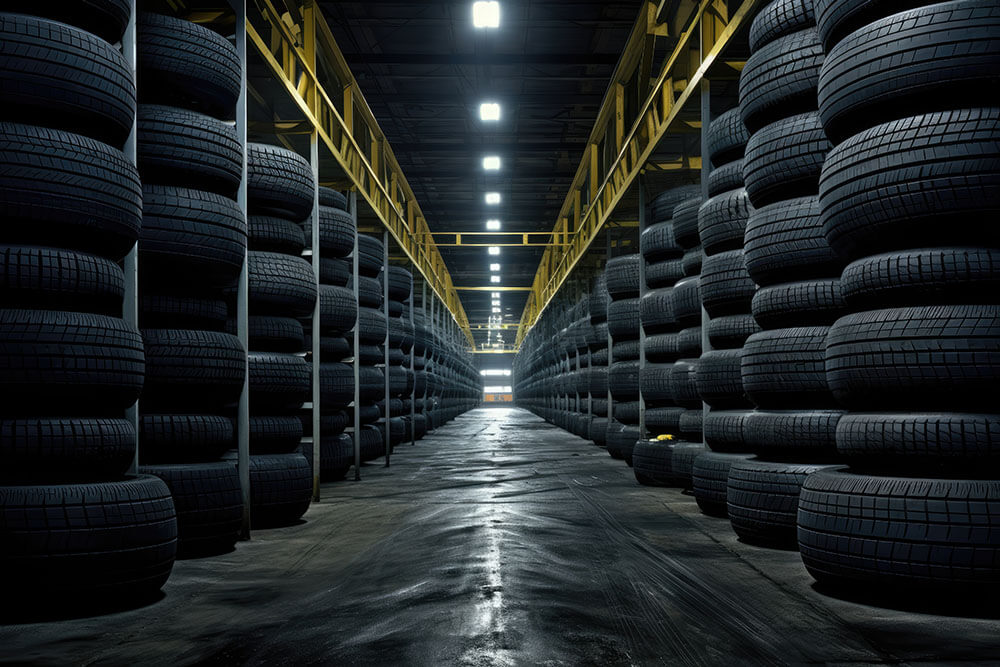
WHAT TIRES ARE MADE IN CANADA?
Have you ever wondered what car tires are made in Canada? Not everything comes from China, Europe, Japan, or America. There are many options when it comes to buying tires that are manufactured in Canada if you want to support your own country without sacrificing any of the durability or tread life that you expect. Three companies have manufacturing plants in Canada, and there is a good chance that you know most of the names already: Michelin, Bridgestone, and Goodyear.
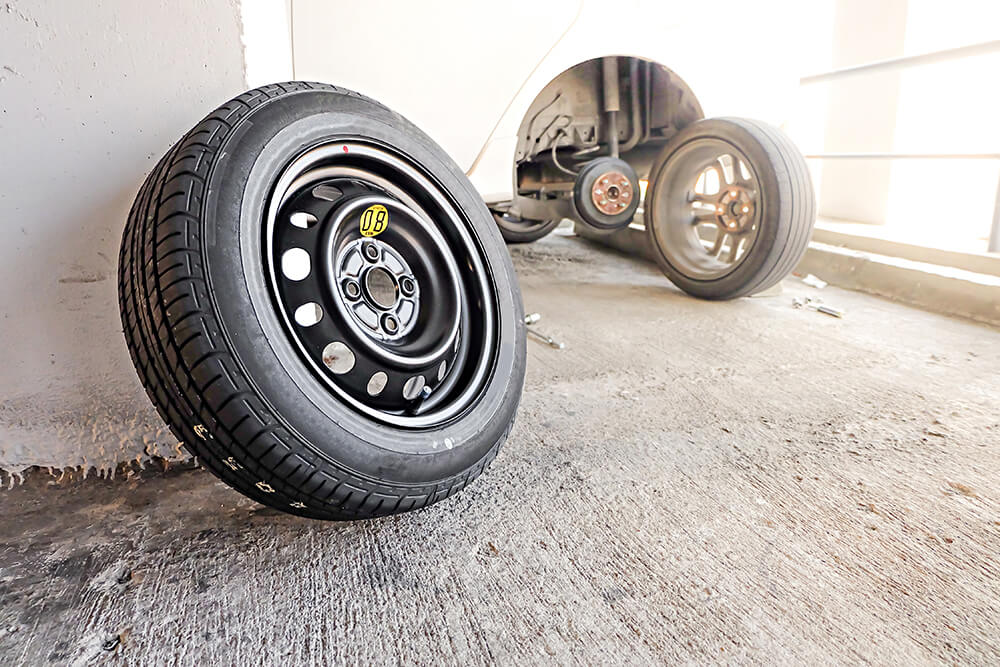
IS THERE AN EXPIRY DATE ON TIRES IN CANADA?
Tires are essential in covering the wheels of your motorcycle, car, or truck. Canada has winter and summer tires such as T-type, Bias Ply, Radial Ply, ST, and FI that work efficiently in cold and dry locations. You can opt for all-weather car tires from brands such as Michelin, Goodyear, Firestone Weathergrip, or CrossClimate2.
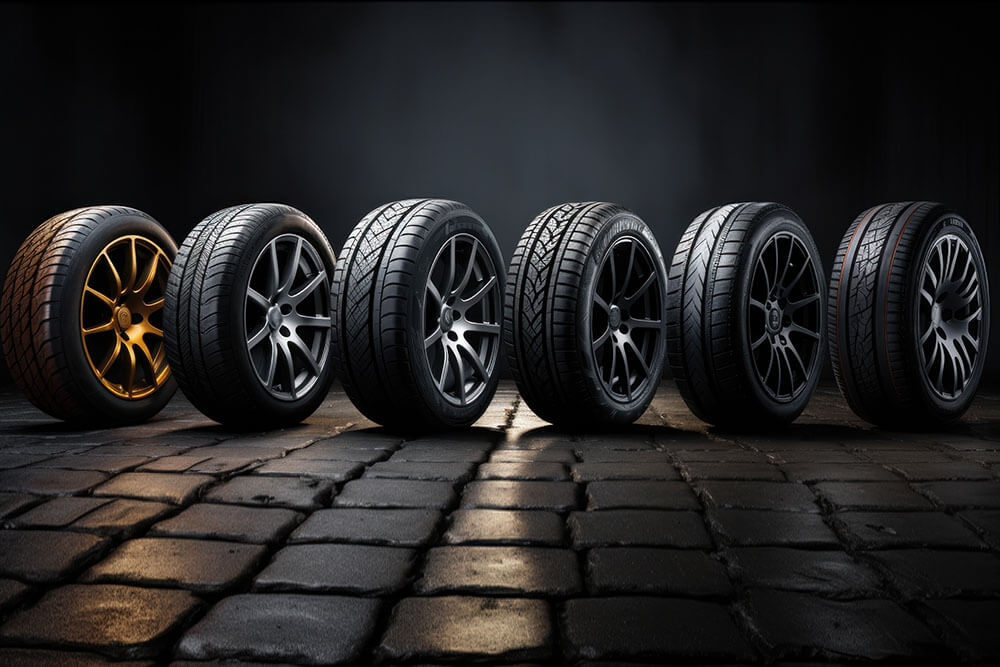
WHAT BRAND MAKES THE BEST WINTER TIRES?
Not everyone needs winter tires, but the opposite is often true in harsh Canadian winter driving conditions. So, when drivers need the best winter tires for optimum slush and snow traction in poor road conditions, the question is, which tires will provide the safest overall driving experience? Here are the best tire brands recommended by the experts.
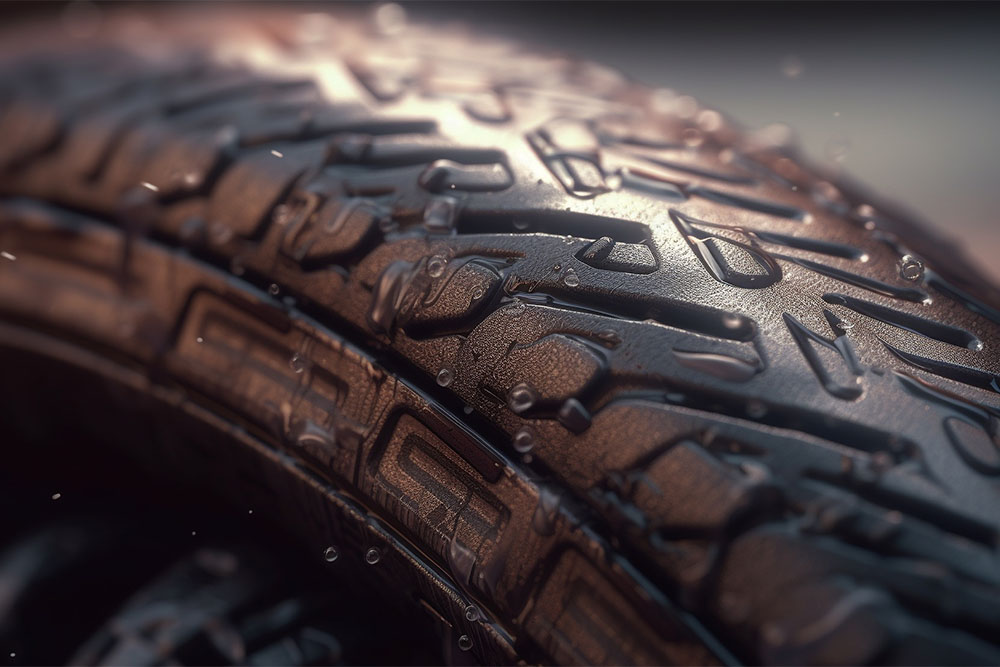
CAN I USE WINTER TIRES IN THE RAIN?
As winter sets in and temperatures drop, drivers in Saskatoon begin considering the switch to winter tires for enhanced safety on icy roads. However, a common question arises among car owners: Can I use winter tires in the rain? This concern is particularly relevant for residents in Canada, where diverse weather conditions can pose a challenge for tire selection.
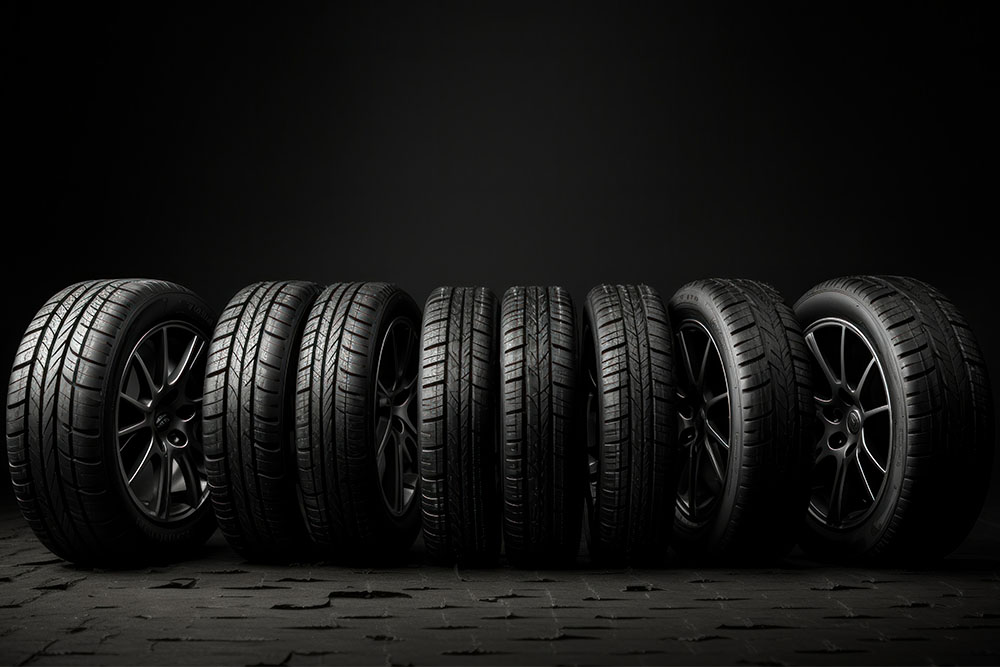
CAN WINTER TIRES BE SMALLER THAN SUMMER TIRES?
As the frosty winds of Canadian winters sweep through Saskatoon, the quest for the perfect winter tire becomes paramount for safe and secure driving in challenging winter conditions. One common inquiry that often arises is whether winter tires can be smaller than their summer counterparts. Let’s delve into this question and understand the nuances, benefits, and considerations, especially for the winters that Saskatchewan presents.
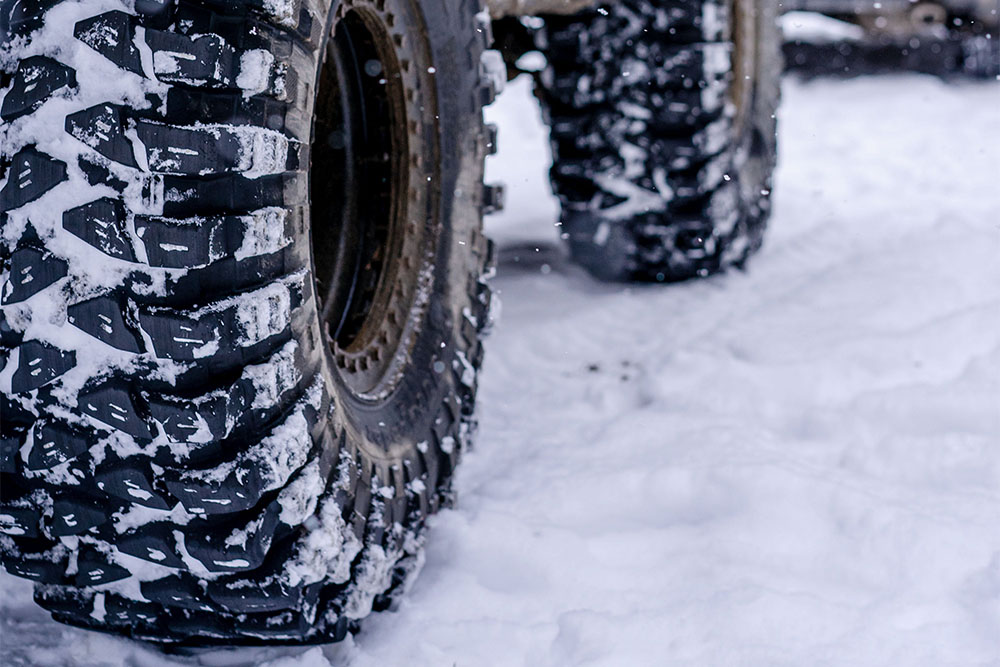
DO I NEED WINTER TIRES IF I HAVE AWD?
As powerful as AWD wheels may be with twice the tire power and front-wheel drive and rear-wheel drive vehicles, winter tires are essential. During winter, with freezing temperatures, all AWD alone may combat the traction limitations. Below are reasons why you need a set of winter tires.
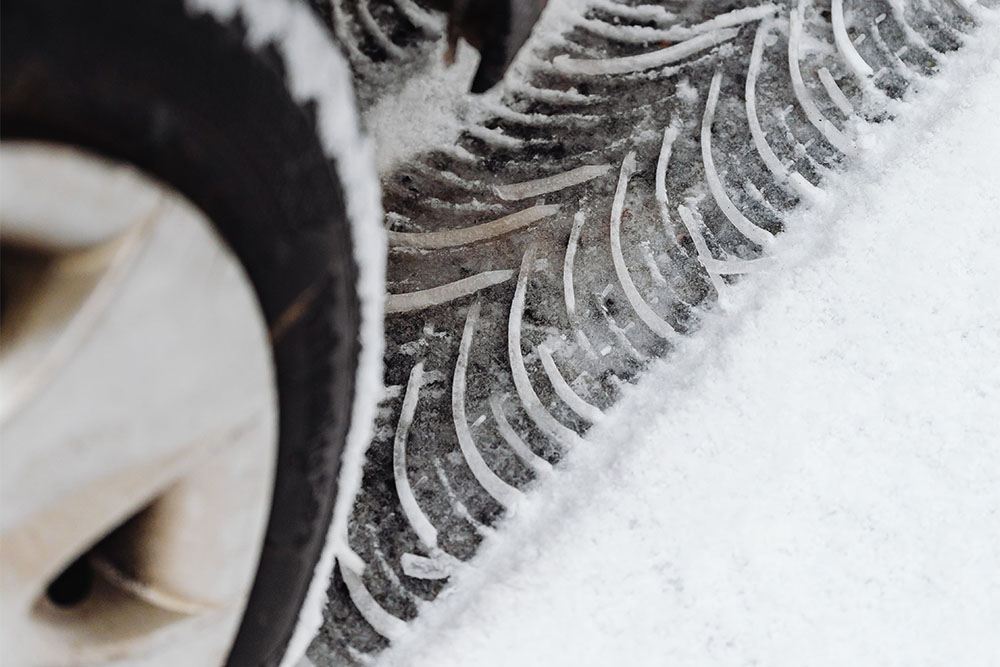
DO YOU NEED SNOW TIRES ON ALL FOUR WHEELS?
If you’re preparing for snowy and icy winter conditions in Canada, chances are you’re doing tasks like stocking up on food must-haves, fixing any drafts around your home, and making sure you have enough snow supplies. You’re also very likely prepping your vehicle for the upcoming inclement weather. Wondering if you need snow tires on all four wheels? You’re not the only one.
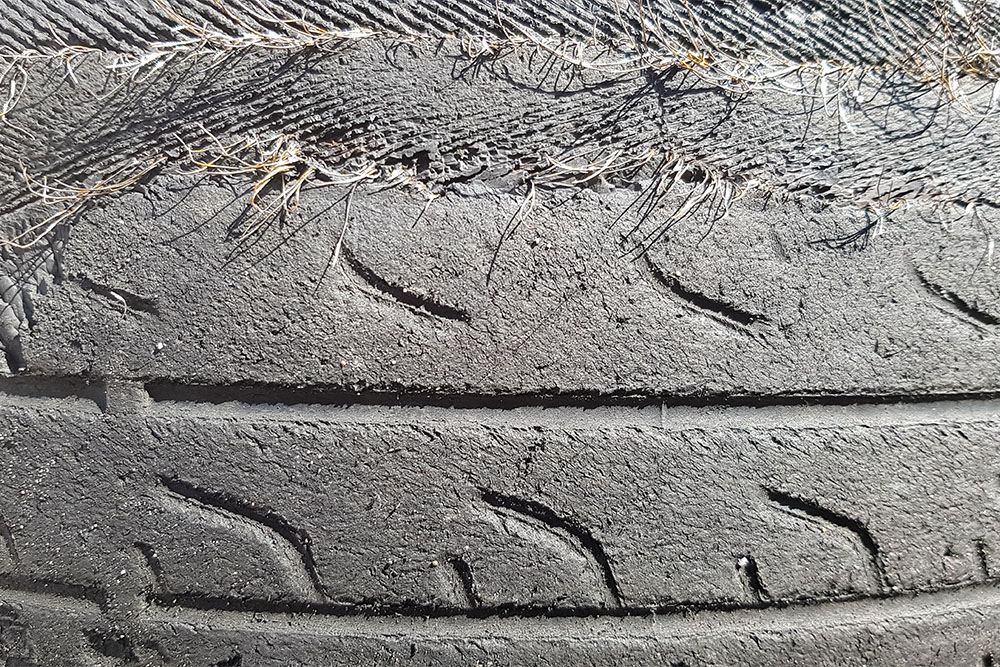
HOW DO YOU KNOW WHEN WINTER TIRES ARE WORN OUT?
Winter tires are highly effective in providing optimal performance, particularly when they are in good condition. They are designed to provide better traction on icy and wet roads, allowing vehicles to maintain control and navigate curves more effectively. However, as tread wear increases, tire performance decreases. It’s essential to inspect your tires regularly to ensure they don’t pose a safety hazard while driving. Read on to evaluate how worn-out tires affect performance and how you can determine when your tires are damaged.
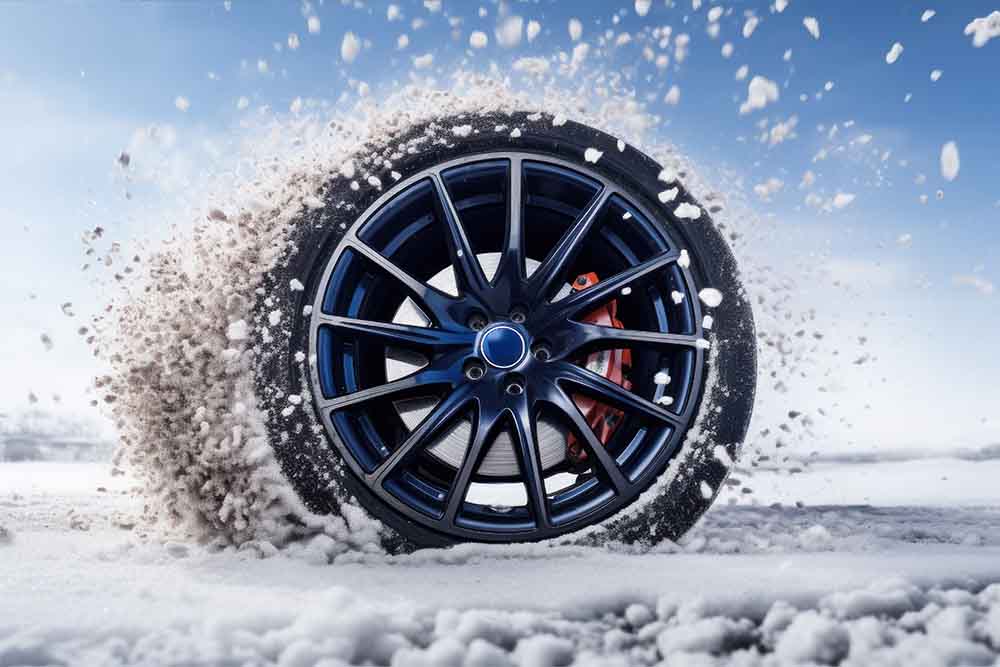
HOW DO WINTER TIRES WORK?
Anyone who has spent a winter in Ontario knows that snow is a given during the winter months in Canada. The cold weather doesn’t faze many native Canadians, but blizzards and winter driving can intimidate quite a few people who still have summer tires on their vehicles. Most people assume that winter tires work due to their tread pattern, but it might surprise you to learn that there is a lot more to winter tires than just their tread. This is why now is the time to look at buying a new set of winter tires if you haven’t yet.
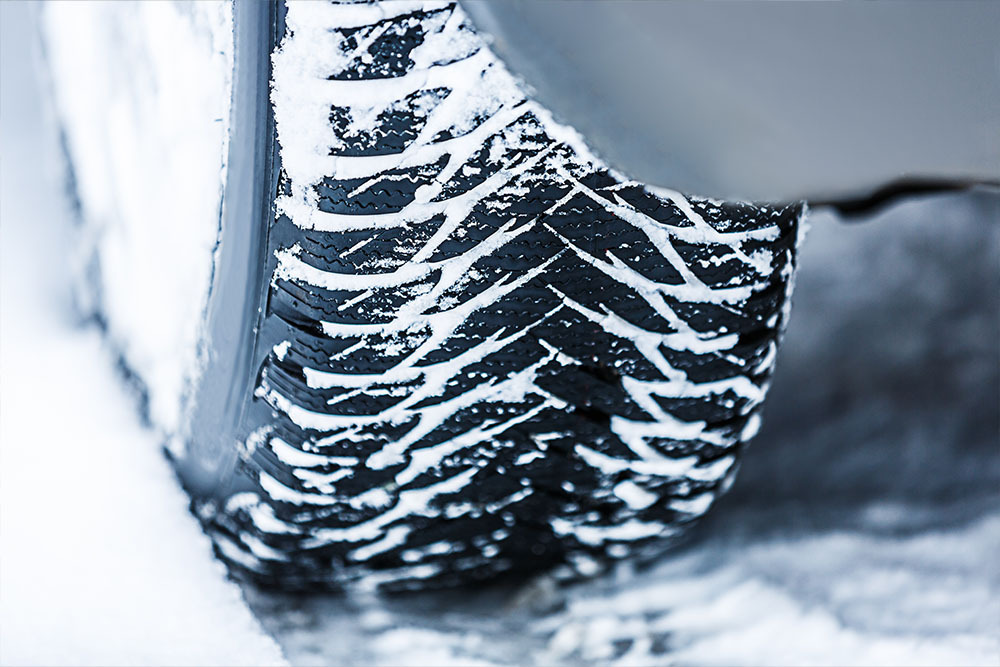
WHAT IS A WINTER TIRE?
With the winter months well underway across most of Canada, many motorists are now starting to change into their winter tires, and for good cause. These tires are specifically designed to help vehicles better navigate dangerous winter conditions, such as packed snow and ice. Most of these tires are normal tires with different tread designs, but there are a couple types of winter tires that suit different road conditions. Read on to discover when you’ll need winter tires and what type fits your needs.
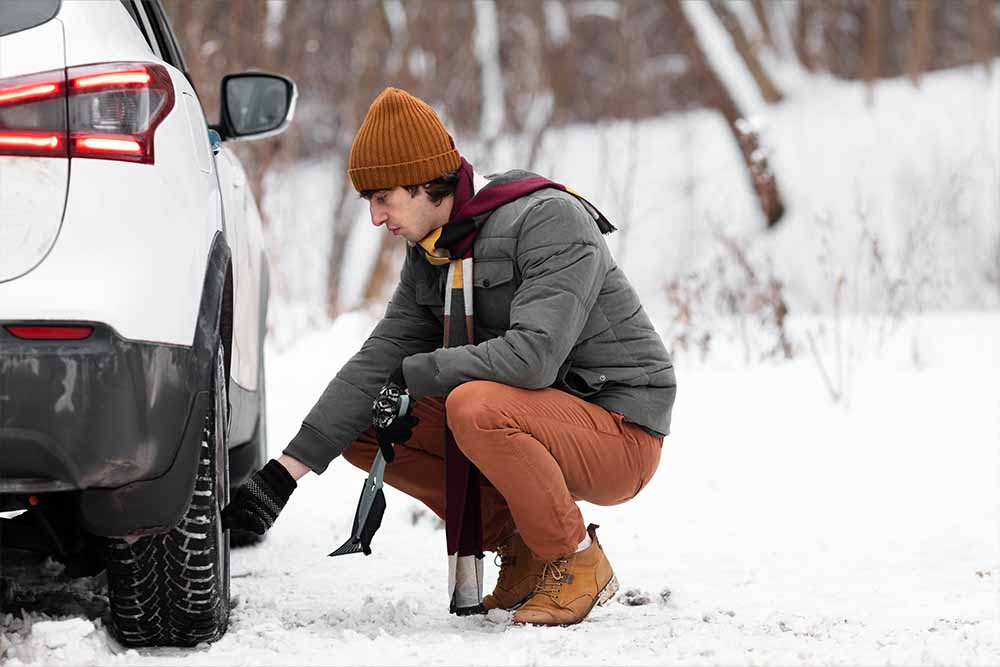
SASKATCHEWAN WINTER TIRES AND THE LAW
Across Canada, winter conditions can last for nearly half the year, making winter tires a necessity for travellers. It is important for motorists from Saskatchewan or travelling through the province to understand the rules and regulations surrounding their use in the province, both for safety and to comply with the law. Below, you’ll find a summary of laws in Saskatchewan as well as information regarding winter tire usage.
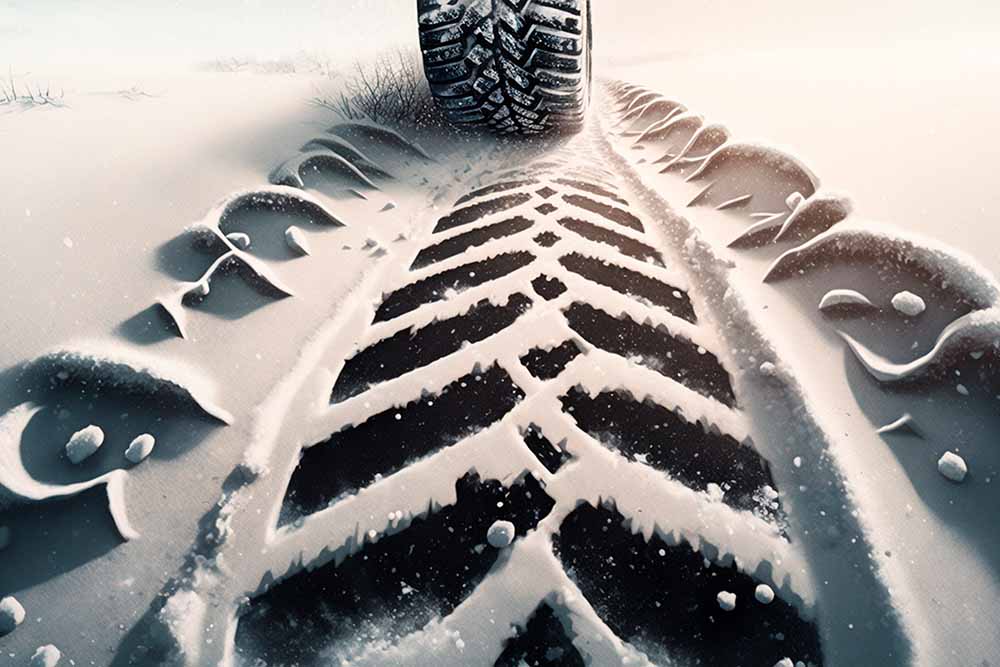
BEST TIRES FOR SASKATCHEWAN WINTERS
The top-performing winter tires in Canada prioritize your safety and play a crucial role in safeguarding your budget during the winter months. It’s no secret that winter weather, especially in places like Saskatchewan, is known for being harsh, with cold weather and deep snow. In the face of such weather conditions, selecting the finest winter tires becomes paramount for your safety. When shopping for winter tires, various factors include traction, tread design, durability, cost, and more. The following list serves as a starting point to acquaint you with some of the top choices for the best winter tires in Canada.

TIRE PRESSURE IN WINTER: UNDERSTANDING THE EFFECTS OF COLD WEATHER
Cold weather affects tire pressure, so you should regularly check your automotive tire’s inflation pressure during winter. Generally, air pressure drops by 1-2 PSI with every 10°C drop in temperature. Your tire pressure will drop significantly during cold weather, especially when temperatures hit zero. Underinflated tires lose traction and grip and increase fuel consumption and CO2 emissions. As such, you should check your air pressure even if you have studded winter tires or a functional tire pressure monitoring system.
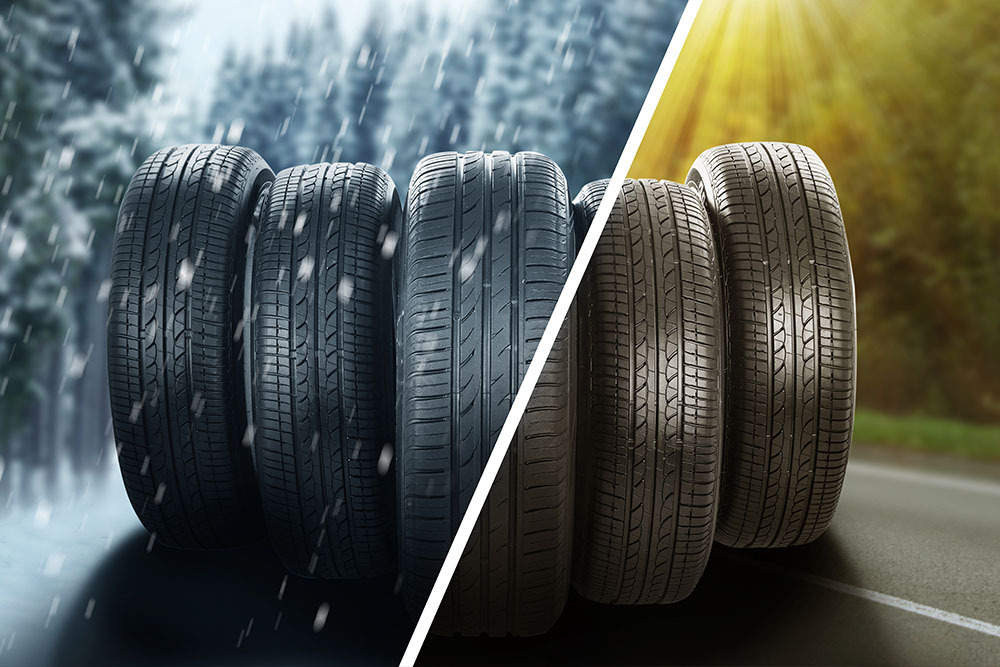
SHOULD I CHANGE MY TIRES EVERY SEASON?
Maintaining a vehicle is not just about regular oil changes and routine upkeep; it also involves paying attention to the condition of your tires. Whether to change your tires every season is a common dilemma for most vehicle owners, particularly in regions with varied weather conditions.
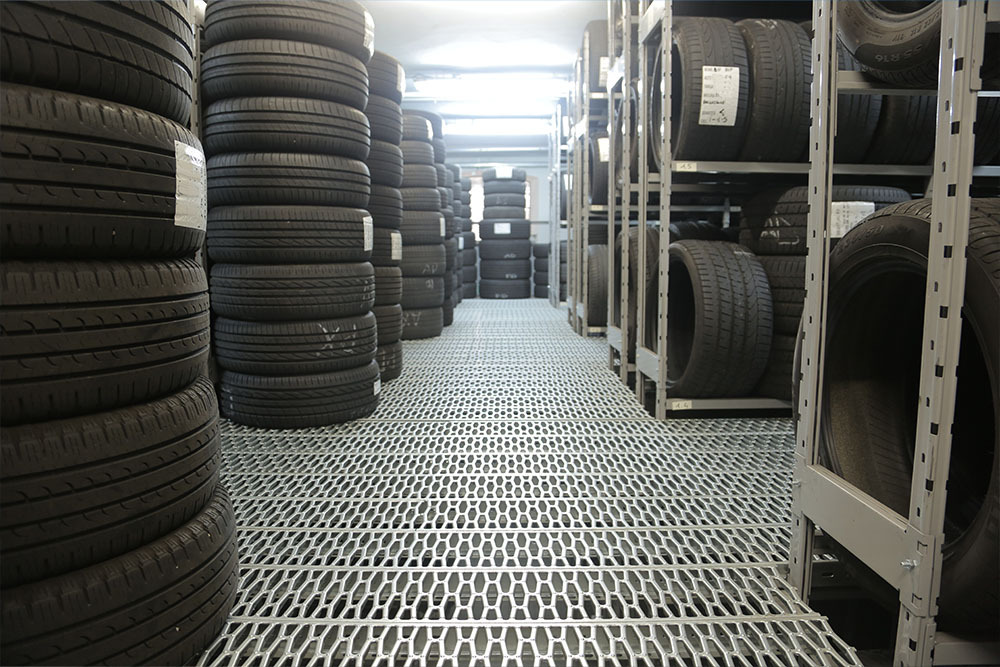
SUMMER TIRE STORAGE: TIPS FOR PROPERLY STORING YOUR TIRES
As winter approaches, it’s time to either equip your car with winter tires or prepare to do so. While storing these bulky wheels can be challenging, it’s equally important to realize that improper storage of your summer tires during the icy months can significantly reduce their lifespan. Failing to store your summer tires appropriately can lead to premature wear and tear, impacting their longevity. Hence, storing them correctly is crucial to ensure optimal performance and durability in the long run

IS IT BAD TO PUT WINTER TIRES ON TOO EARLY?
As seasons change, your vehicle needs will also change. Tires are a great example of something you need to be aware of when fall leans into winter. When is the best time to put on winter tires? As winter begins you want your snow tires to perform well. Around mid-November, warmer temperatures start fading and the first snowflakes appear.
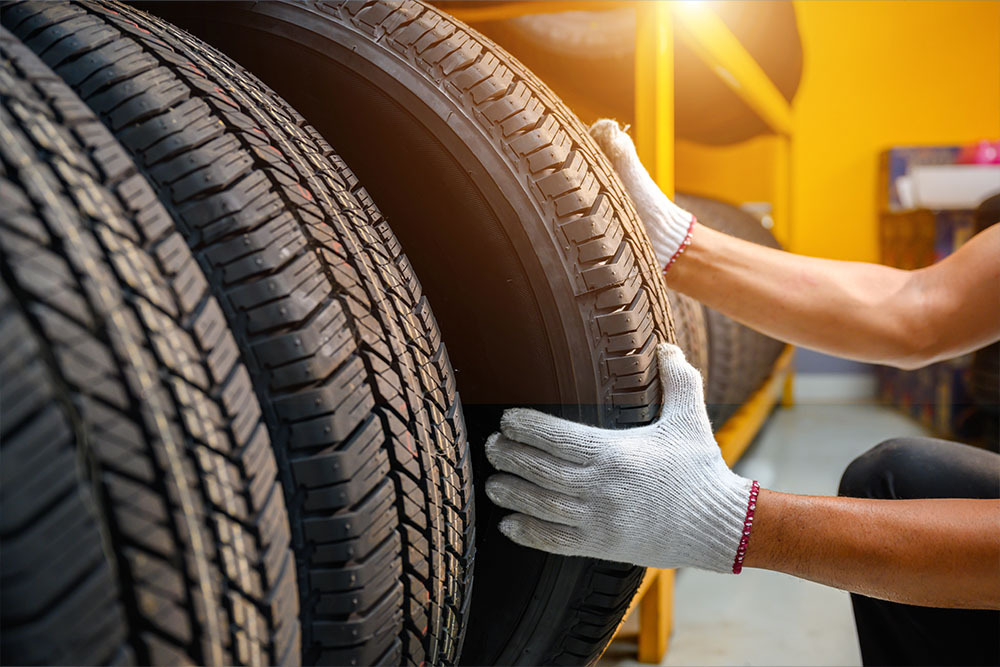
AT WHAT POINT SHOULD WINTER TIRES BE REPLACED?
When winter tires are in excellent condition, they sweep sleet and slush away from the road, hold curves on slick roads, and grasp ice and brakes. However, their performance decreases as their tread depth and layers wear down over time. Examining the tread wear of your winter tires is an effective way to determine if they need replacing.
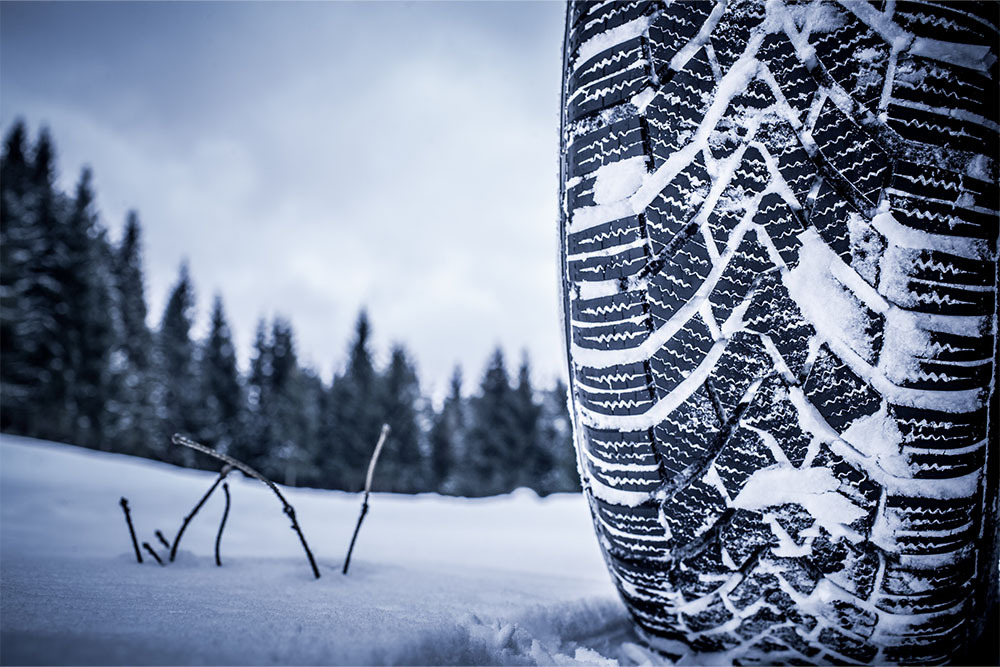
WHAT TO LOOK FOR WHEN BUYING SNOW TIRES
Driving during winter can be challenging, with cold temperatures and icy roads. Fitting your vehicle with the correct tires is essential for safe and reliable transportation. Read further to understand the essential considerations when buying snow tires in Canada.

ECO-FRIENDLY AND SUSTAINABLE TIRE OPTIONS
When it comes to choosing tires for your vehicle, considering the environmental impact is becoming increasingly important. As a responsible driver in Saskatoon, Canada, you have the opportunity to make a positive difference by opting for eco-friendly and sustainable tire options. TreadNation, your trusted tire dealership, is here to help you make the green choice for both your vehicle and the planet.

CAN YOU HAVE WINTER TIRES BUT NO SNOW?
Sure you can have winter tires on your motorbike or car even if there is no snow on the roads. However, if you don’t use the right tires for the winter conditions, you could end up spending more money than you like.
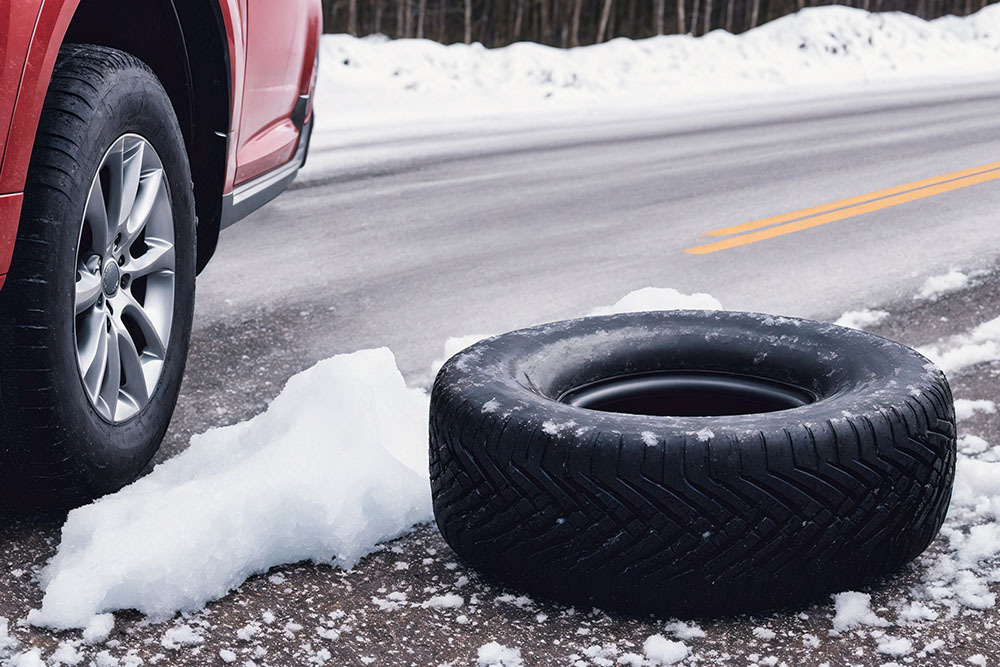
IS IT BETTER TO BUY WINTER TIRES WITH OR WITHOUT RIMS?
In Canada, one important decision when buying winter tires is choosing ones with or without rims. Both options have advantages and considerations, so weighing the factors before deciding is crucial. We’ll identify the benefits and concerns and provide insights into the purchase.
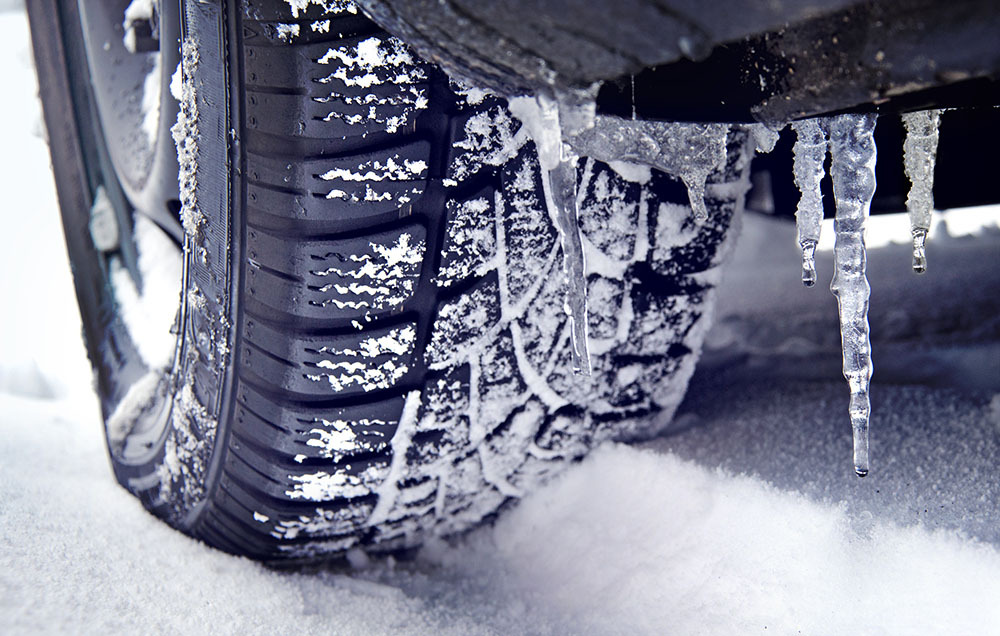
ARE WINTER TIRES BETTER THAN SNOW TIRES?
Driving during the winter can be challenging due to the unfavourable conditions that the season presents. Having the right tires is essential to navigate the season’s treacherous conditions. But with so many options available, it can be confusing to determine which type of tire is best suited. We’ll explore the differences between winter and snow tires to determine which one is better.
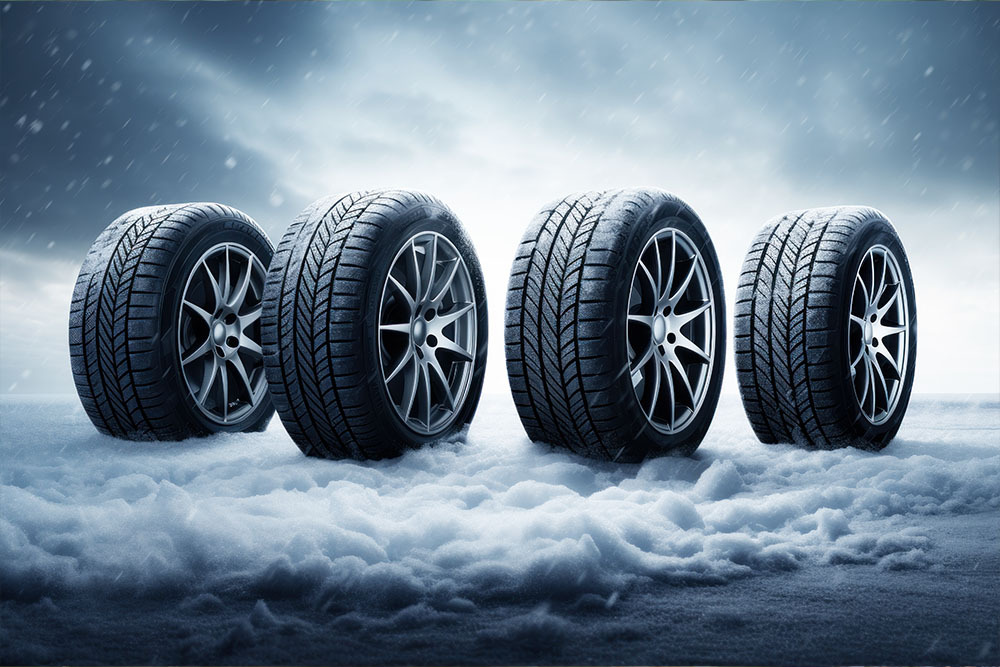
WHAT IS THE DOWNSIDE OF ALL-WEATHER TIRES?
When choosing the right tire type for your vehicle, several factors come into play. One crucial consideration is selecting a tire that suits the prevailing conditions in your region. In Canada, where the weather varies significantly throughout the year, finding the perfect balance between safety and convenience becomes paramount. We’ll explore the downsides of all-season tires while highlighting their strengths compared to other types, such as winter, all-season, and snow tires.
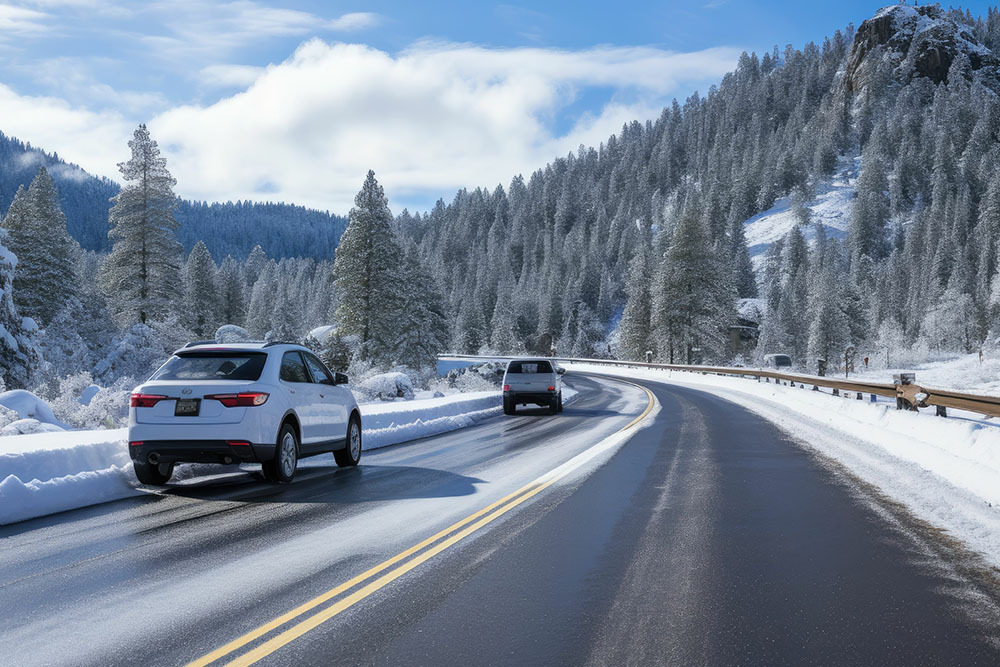
CAN I DRIVE WITH ALL-SEASON TIRES IN THE WINTER IN CANADA?
Canada is known for its harsh conditions during winter, with heavy snowfall and icy roads being common. As a driver, it’s essential to prioritize safety on the road during the winter months. One crucial aspect of safe driving in these extreme winter conditions is having the correct tires on your vehicle.

WHAT TIRES ARE GOOD FOR COLD WEATHER?
If you’re familiar with road salt, you probably know why winter tires are for driving in cold weather and snow. People living in regions that receive winter weather like snow and ice are generally better adapted for winter driving because they know how to drive on icy roads. Nonetheless, winter conditions like wet roads and slush make winter driving more challenging than summer. To help you pick the right tires for your winter driving needs, we put together a brief guide that.
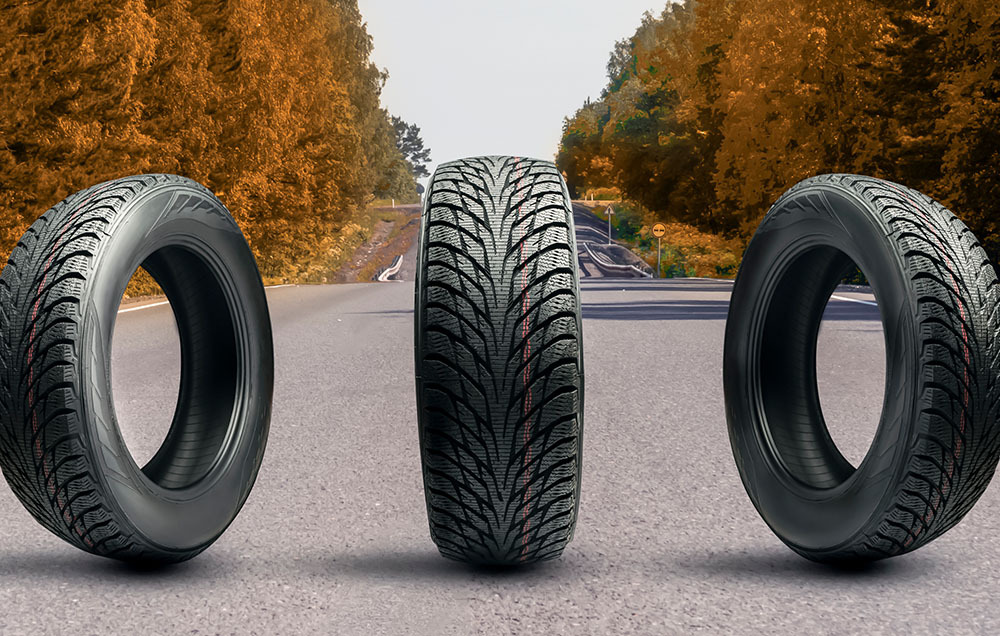
ARE ALL-SEASON TIRES, WINTER TIRES?
When it comes to winter driving and facing snowy and icy roads, every driver must choose the right set of tires. There are two main options to consider: all-season tires and winter tires (often referred to as snow tires). However, the question that often arises is whether all-season tires can truly replace winter tires in harsh winter conditions. In this article, we will explore the characteristics of all-season tires and winter tires, comparing their performance in various weather conditions and discussing whether all-season tires can effectively serve as winter tires.
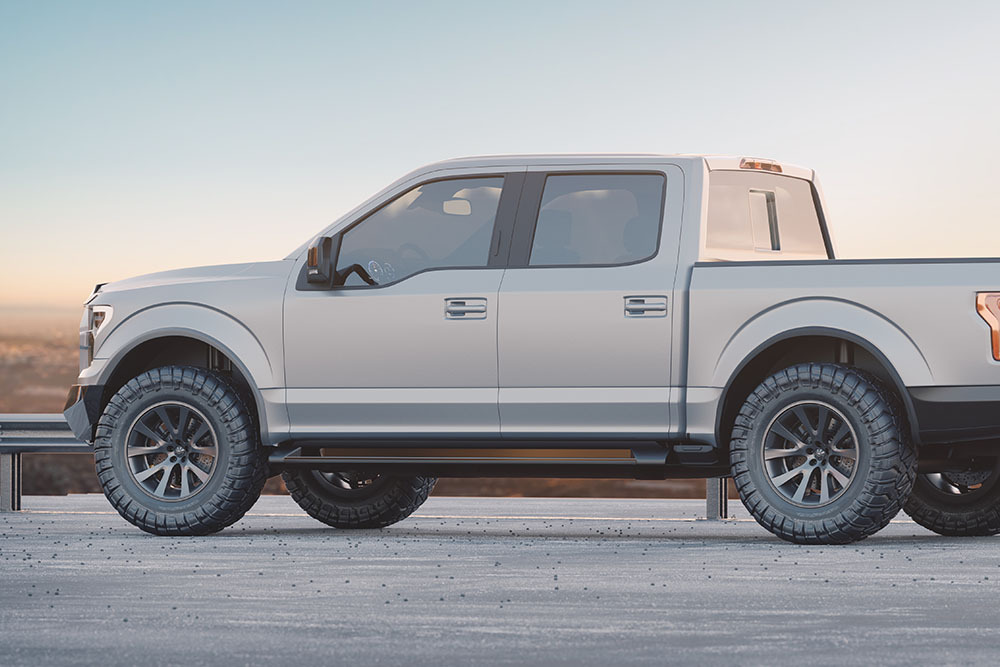
BEST TIRES FOR TRUCKS
If you own a truck, you must have the right tire sets to ensure safety and optimal performance in various road conditions. The kind of tire you choose should be able to meet your driving needs. An off-road enthusiast has different tire needs than someone who primarily drives on highways. Continue reading to explore the different tire types available in the market, including their key features.
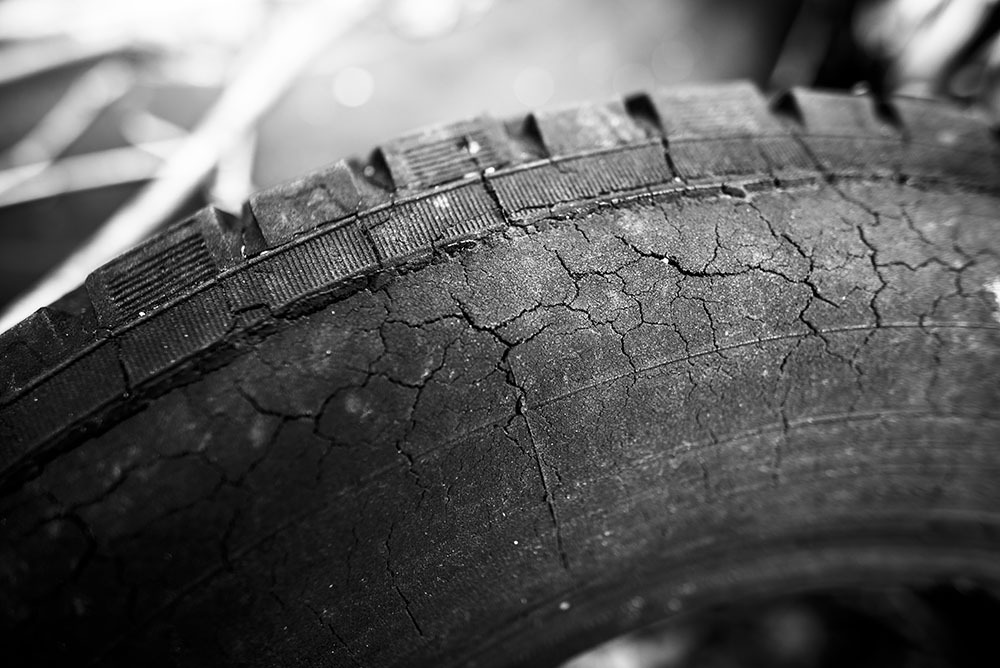
TIRE LIFESPAN AND WHEN TO REPLACE THEM
Understanding tire lifespan and when to replace them is crucial to ensure your safety on the road. Proper maintenance of your vehicle’s tires enhances performance and reduces the risk of accidents. Continue reading to explore essential factors that affect longevity and tire safety.
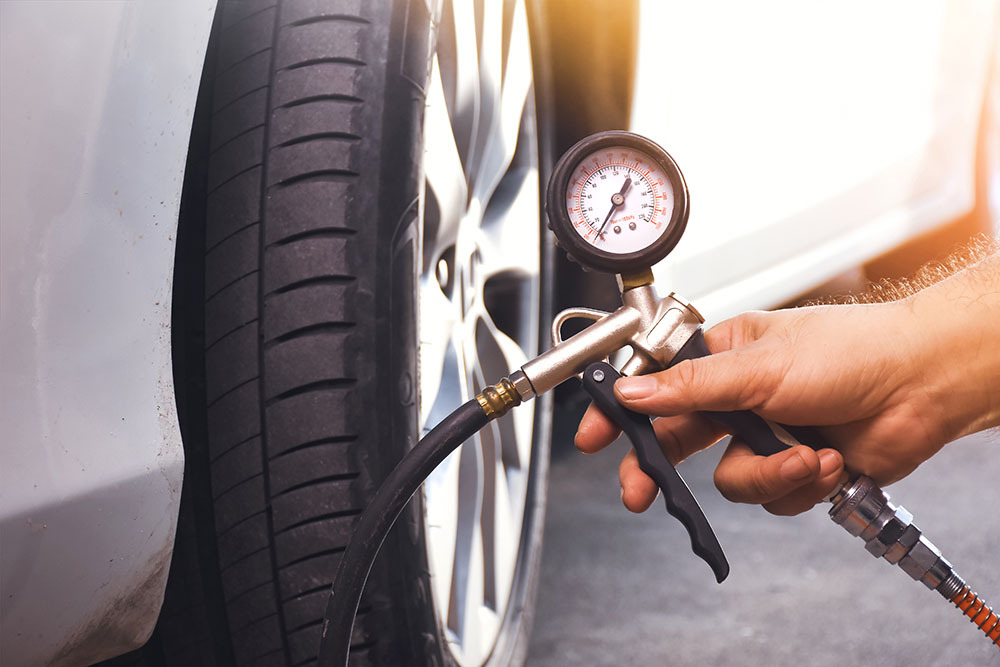
TIRE SAFETY: HANDLING DIFFERENT WEATHER CONDITIONS WITH TREADNATION
Maintaining tire safety is a primary concern for all drivers navigating the diverse and often challenging Canadian road conditions. One factor often overlooked is the significant impact of weather conditions on tire performance.

PERFORMANCE TIRES FOR SPORTS CARS: A COMPREHENSIVE GUIDE
Rising fuel prices mean people are paying more attention to fuel economy and looking for ways to minimize their fuel consumption. One thing that often gets overlooked is tires. Overly worn tires or ones that aren’t properly inflated can consume more fuel than their newer counterparts, as well as offering a less comfortable ride.

FUEL-EFFICIENT TIRES FOR BETTER MILEAGE
Rising fuel prices mean people are paying more attention to fuel economy and looking for ways to minimize their fuel consumption. One thing that often gets overlooked is tires. Overly worn tires or ones that aren’t properly inflated can consume more fuel than their newer counterparts, as well as offering a less comfortable ride.
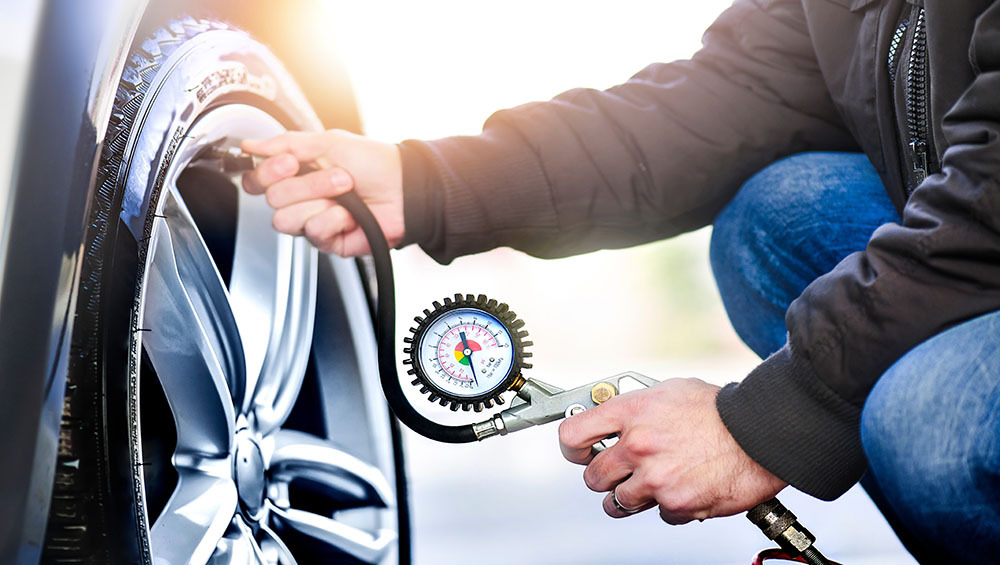
TIPS FOR KEEPING YOUR TIRES IN TOP CONDITION
Your owner’s manual will tell you the recommended pressure for your car, but the general rule of thumb is to keep it between 30-35 psi. If your tires are underinflated or over-inflated, they may not perform at their best on your road trips and could lead to uneven wear – over-inflated tires can cause bulges on the sidewall and increase the risk of punctures. Make sure you check your tire pressure regularly and adjust it as needed.

THE LATEST TIRE TECHNOLOGY ADVANCEMENTS: A LOOK AT THE FUTURE OF TIRE INNOVATION
There is no doubt that the future of tires is almost here. The truth is that these new technologies in the automotive industry are not yet available to consumers because they are undergoing a series of tests and daily technological advancements. Tire manufacturers like Michelin and Bridgestone want the general public to expect durability, better fuel efficiency, better tire performance, less waste, etc.
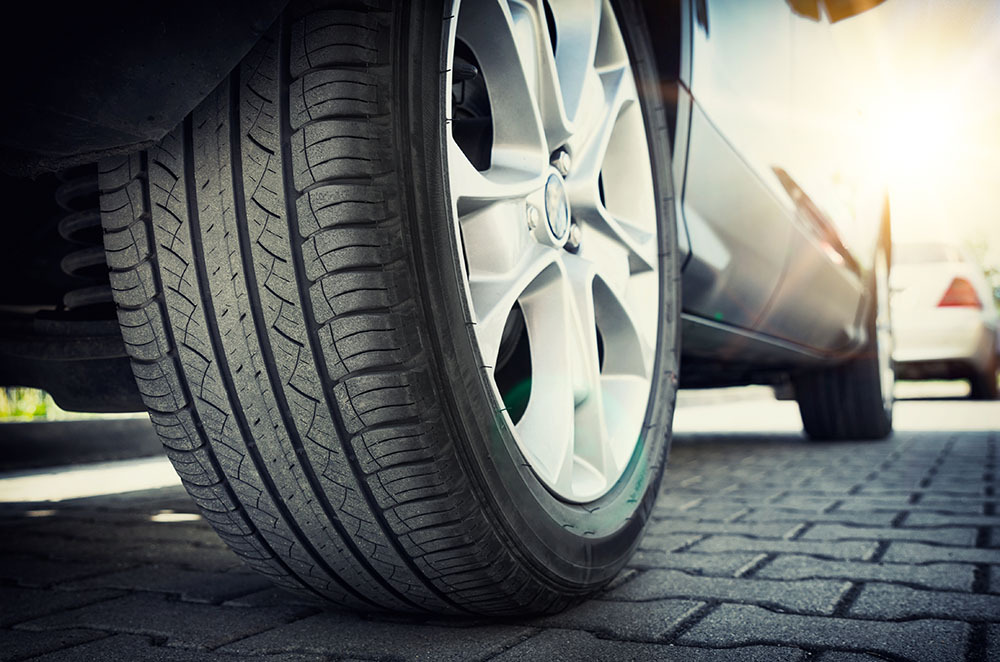
BEST TIRES FOR SUVS
Are you looking for the best tires for your SUV or crossover? It can be difficult to determine which tires will provide the best performance, especially if you are unfamiliar with tire types and features. To help make your decision easier, we have put together a comprehensive guide focusing on some of the top brands like Michelin and Bridgestone. In addition to reviewing these great companies, we also discuss the best tires for light snow, high-performance models, and more. Keep reading to learn more about choosing the perfect tires for your SUV or crossover.

ALL-SEASON VS. SUMMER TIRES: WHICH ARE BETTER FOR CANADIAN SUMMERS?
Canada is a vast country that’s home to a wide range of climate conditions. From the long, harsh winters to the sticky, humid summers, choosing the right types of tires is essential for car safety. Every year, when the snow clears up and the days start getting longer, you’ll need to swap out your winter tires for something more seasonably appropriate. If you’re a first-time car owner, you might be wondering which option is best for summer in Canada: all-season tires or summer tires. Several factors go into making this decision including your local weather conditions, type of vehicle, and personal preference. Let’s discuss the pros and cons of each tire to determine which one will offer the best performance for you.
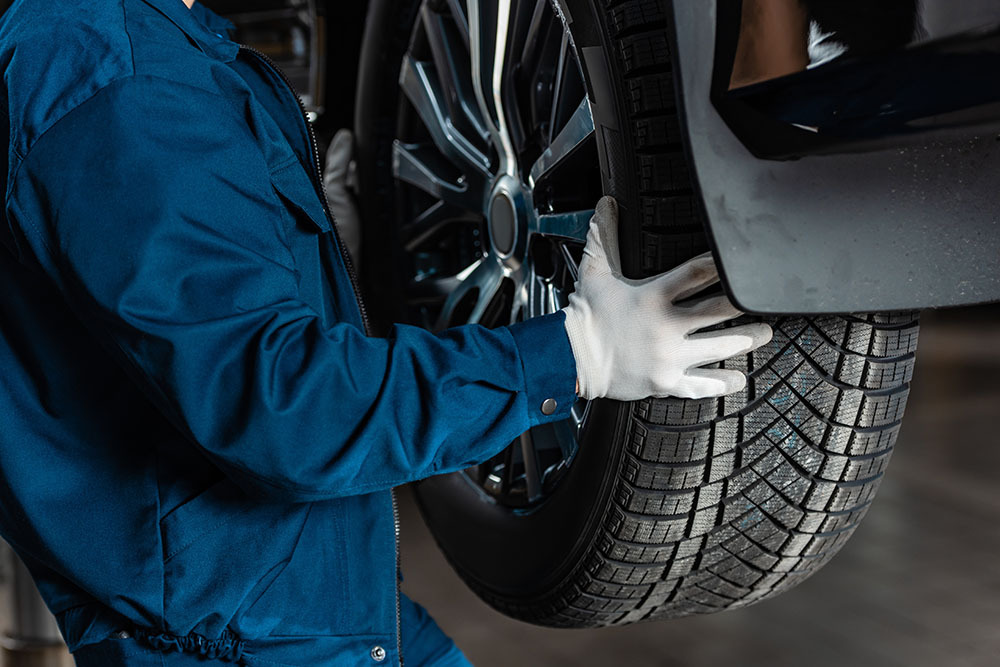
THE MOST COMMON TIRE PROBLEMS AND HOW TO FIX THEM: A TROUBLESHOOTING GUIDE
There is no doubt that with the design of automobiles, tires have to withstand many things. For example, your vehicle’s tires must endure constant contact with road surfaces that could lead to tire wear and punctures. And let’s also remember that car tires typically bear the automobile’s weight, making tire problems rampant in most cases. So, to avoid compromising your safety while riding on the highway or a rough road with potholes, we have compiled the most common tire problems. You will also know how to fix these tire problems, so keep reading.

PROPERLY STORE YOUR WINTER TIRES: TIPS FOR MAINTAINING TIRE INTEGRITY
Winter tires are essential for safe and reliable driving during the cold weather months. However, once the winter season is over, it’s important to store your winter tires properly to maintain their integrity and maximize their lifespan. In this article, we will provide you with valuable tips on tire storage to ensure your winter tires are in optimal condition when you need them next season.
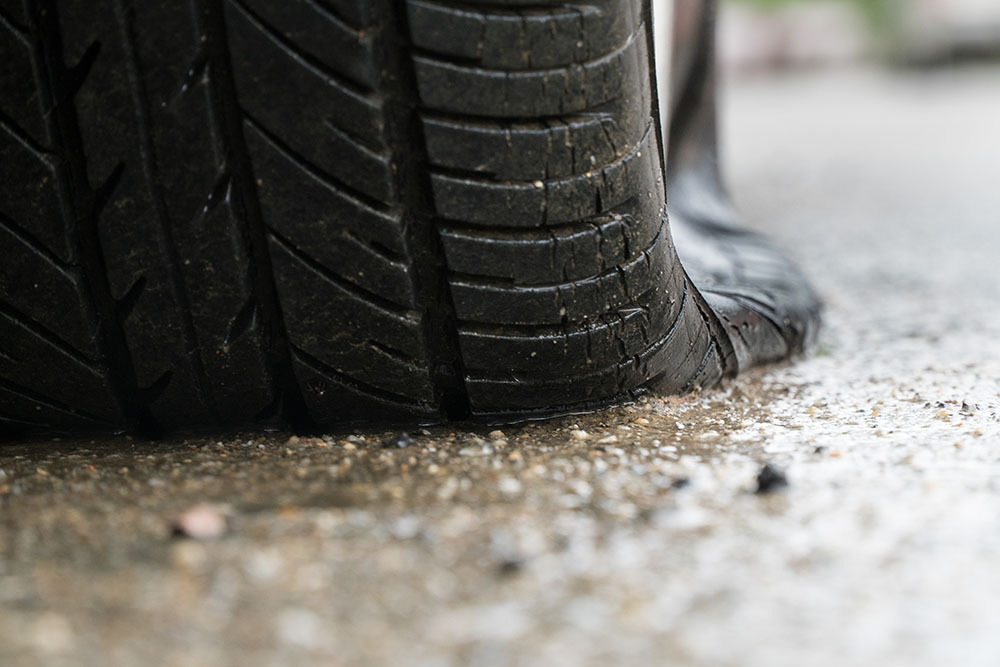
THE IMPACT OF TEMPERATURE ON TIRE PERFORMANCE: HOW TO AVOID BLOWOUTS AND OTHER TIRE-RELATED ISSUES
Temperature can have a significant impact on tire performance, and fuel economy, and it is important to understand the potential risks associated with extreme temperatures to avoid blowouts and other tire-related issues. It is advisable to check your Tire Pressure Monitoring System (TPMS) regularly to ensure you are maintaining the recommended tire pressure.
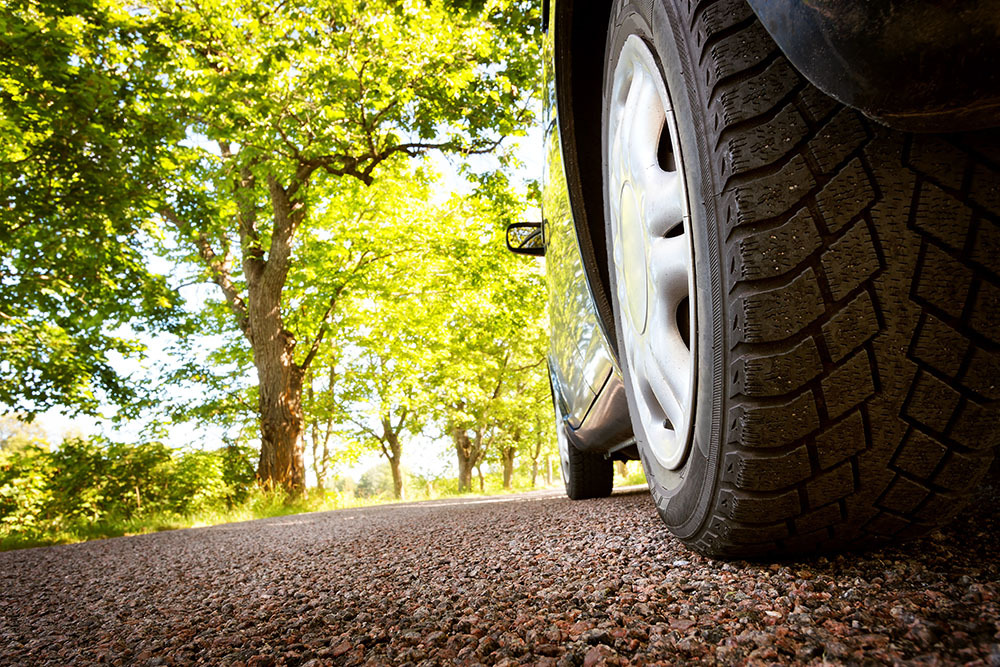
WHEN TO SWITCH FROM WINTER TIRES TO SUMMER TIRES: A SEASONAL GUIDE FOR CANADIAN DRIVERS
Winter tires are designed to provide the best possible grip and traction in winter conditions and on icy or snowy roads in Edmonton and Saskatoon. On the other hand, summer tires are designed for improved performance and grip on dry roads in warm temperatures. When the temperature outside rises and the snow melts, it’s time to switch from winter tires to summer tires. Here are a few things to consider when determining when to switch your tires:

TOP 10 SUMMER TIRE BRANDS FOR 2023: A REVIEW AND COMPARISIONE
When it comes to summer tires, TreadNation in Saskatoon has some best tire brands that you can purchase at a lower cost. We even offer tire storage and free tire rotation. Let’s take a look at the best summer tire brands.
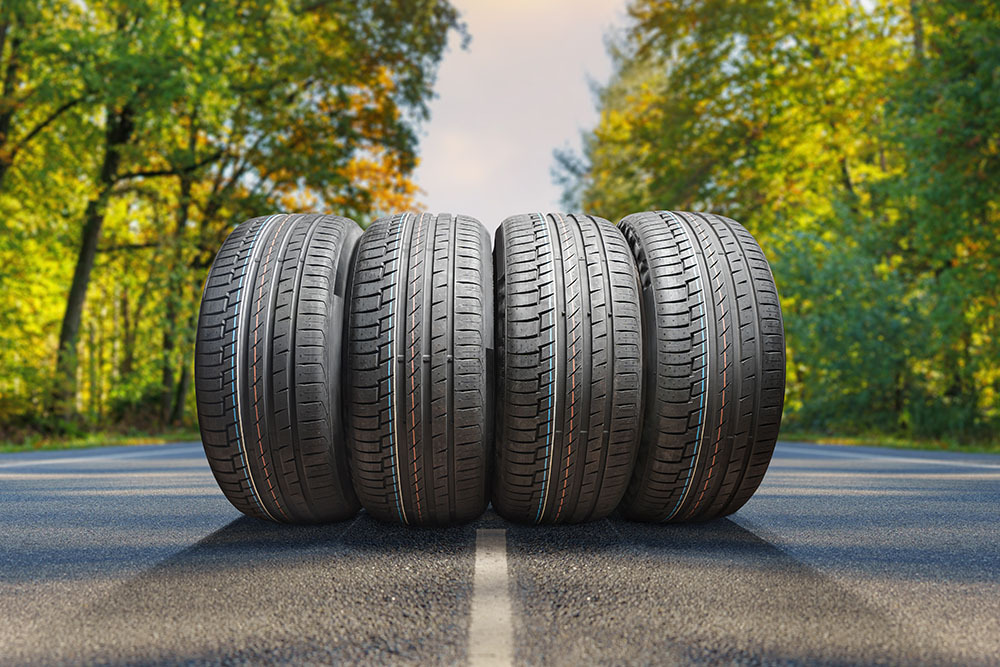
THE BENEFITS OF SWITCHING TO SUMMER TIRES
The snow is melting. The air is getting warmer. The birds are coming back from the south. In other words, it’s that magical time of year when you switch from winter tires to summer tires. OK, so maybe it’s not that magical. In fact, switching tires can be a real chore. Some of you are already complaining, “What’s the point? As soon as the summer months are over, I’ll just have to put the winter tires back on again!” There is, though, not just one good point to changing your tires, there’s a bunch of them.

A GUIDE FOR CHOOSING THE RIGHT SUMMER TIRES FOR YOUR VEHICLE
Summer is a great time for road trips and outdoor adventures, but before you hit the road, it’s important to make sure your vehicle is equipped with the right tires. Choosing the right set of tires can make a big difference in your driving experience, including better handling, improved fuel efficiency, and increased safety. In this tire buying guide, we’ll provide you with everything you need to choose the right summer tires for your vehicle.
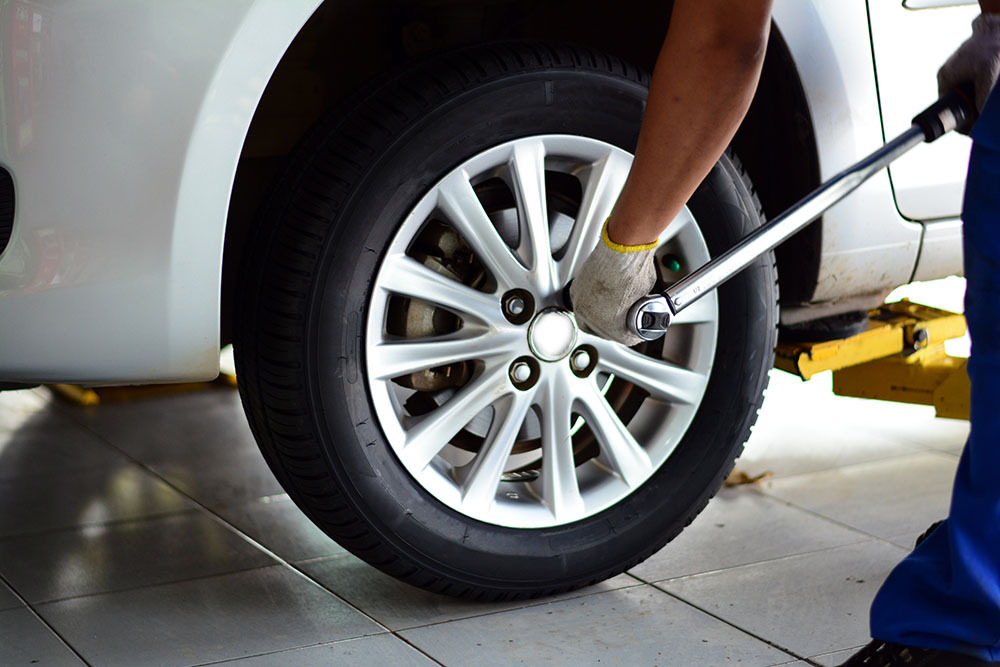
WHY YOU NEED TO TORQUE YOUR CAR TIRES
As a vehicle owner, it is important to take the necessary steps to ensure your safety on the road. This includes torquing your tires to the specified torque every time they are installed or replaced. By using a calibrated torque wrench and following the manufacturer’s recommended torque settings, you can help prevent wheel separations and other potentially dangerous situations.
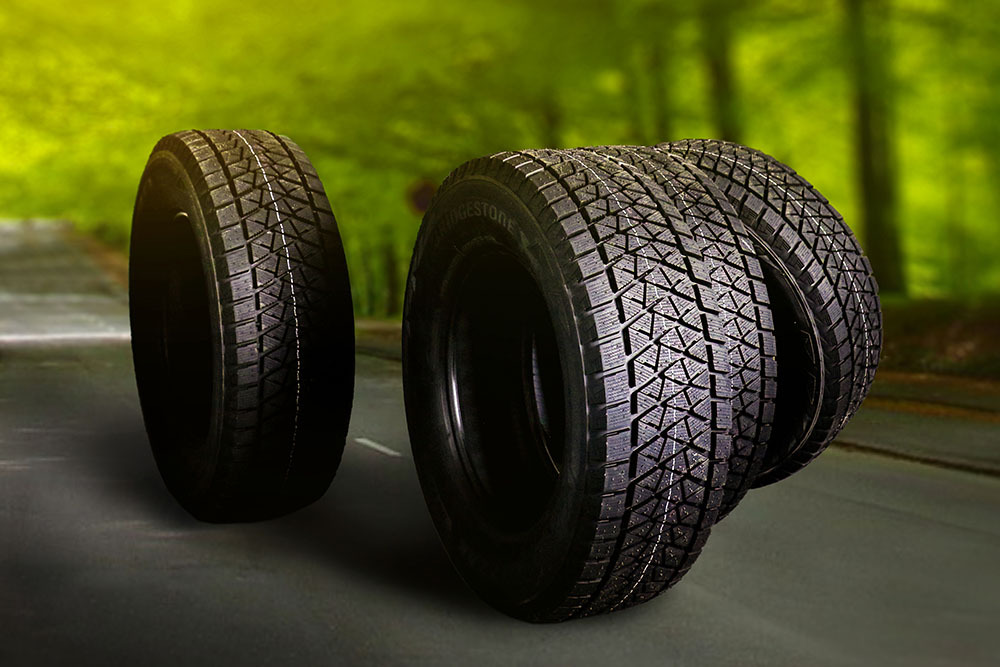
ALL-SEASON TIRES VS. SUMMER TIRES
The months are finally warming up. Car owners and drivers are thinking of replacing their winter tires. If you are an average driver, you might not know what to choose between all-season and summer tires. Both are designed and manufactured to serve different functions in various road conditions. They can impact your driving experience differently, especially regarding performance, ride comfort and safety.

BEST TIME TO CHANGE FROM WINTER TIRES TO SUMMER TIRES
Every car owner should have two sets of tires to match different weather conditions. For example, you can buy all-season tires and summer tires to seamlessly deal with the freezing Canadian winters and hot summers in provinces such as Saskatchewan and Alberta. Remember, the right tires can improve your safety in Canadian cities such as Edmonton, Quebec, and Ontario.
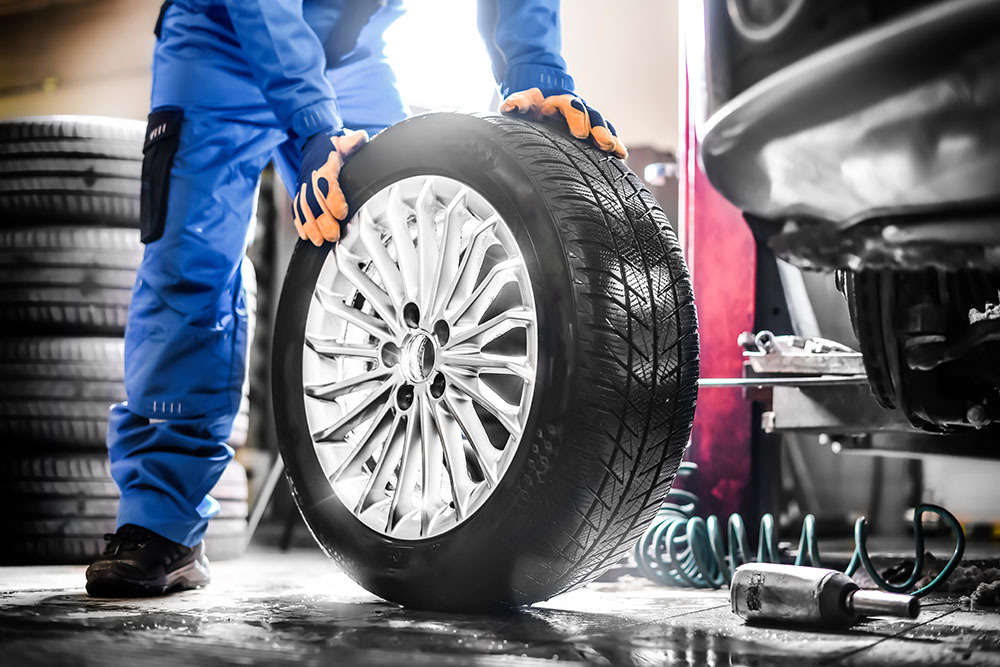
WHY IT'S BETTER TO CHANGE YOUR TIRES AT A DEALERSHIP OVER A BIG BOX STORE
The lifespan of tires is pretty long; a good set can last up to six years or serve its purpose efficiently for 36,000 to 75,000 miles. The tires’ quality and their exposure to wear and tear determine how long they can go. Nevertheless, never use your tires for longer than ten years, no matter how good they look.

TIPS FOR SPRING TIRE CHANGEOVER
Spring is here, and we can finally have our car windows down as we drive. But before you start planning for your next camping trip, it is wise to remove your winter tires in readiness for the warm weather. As a rule of thumb, the best time to change your set of winter tires is when the temperature outside remains 7 degrees Celsius or higher.

WILL WINTER TIRES WORK IN SUMMER?
There is a reason winter tires should only be used during winter seasons. These tires are uniquely made of flexible rubber compounds that get hard and stiff in warmer temperatures. They also have special tread designs for better traction on icy and snowy roads. The tread helps them to move excess slush or snow, and the sipes allow the snow to pack on the tread blocks and allow better traction.
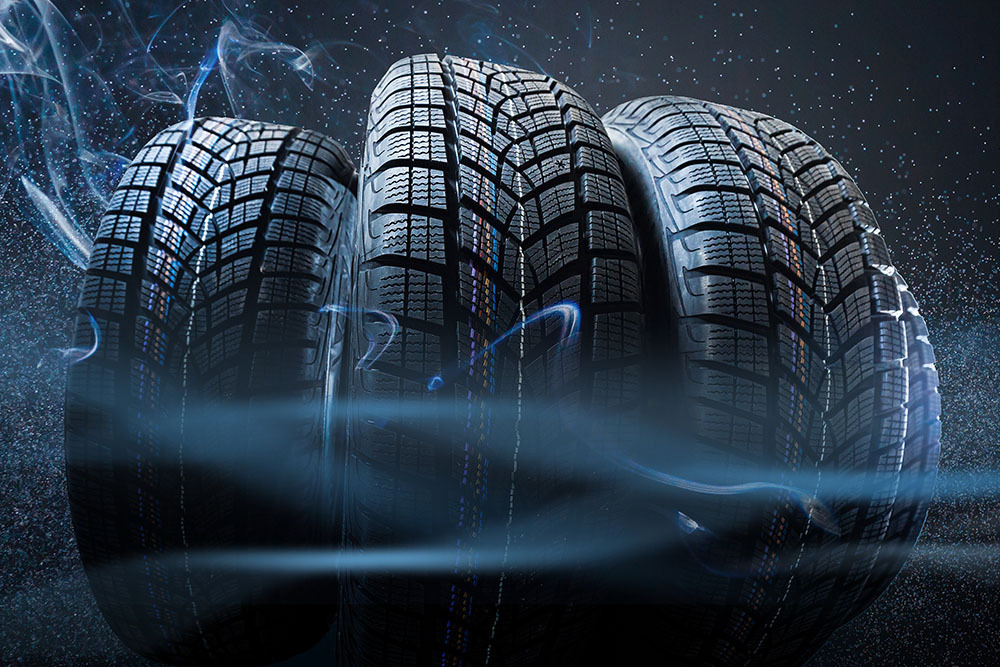
WHAT IS WINTER TIRE SPEED RATING?
When choosing new tires for your passenger car, there are various factors to consider, and the tire’s speed rating is one of them. All vehicle tires have a speed rating. A tire speed rating impacts the safety and handling of vehicles. Apart from knowing the all-season tire rating speed, you must also understand winter tire rating. Below is a quick guide on the rating of winter tires.

WHICH WINTER TIRES LAST THE LONGEST?
If you live in Canada, you understand that roads can be too snowy and icy during winter, making moving around more challenging. That is why you should use winter tires to stay safe while driving on ice and snow. The best winter tires should have excellent braking performance, high traction, and resistance to temperature changes. They should also improve your car’s fuel economy and increase safety performance.
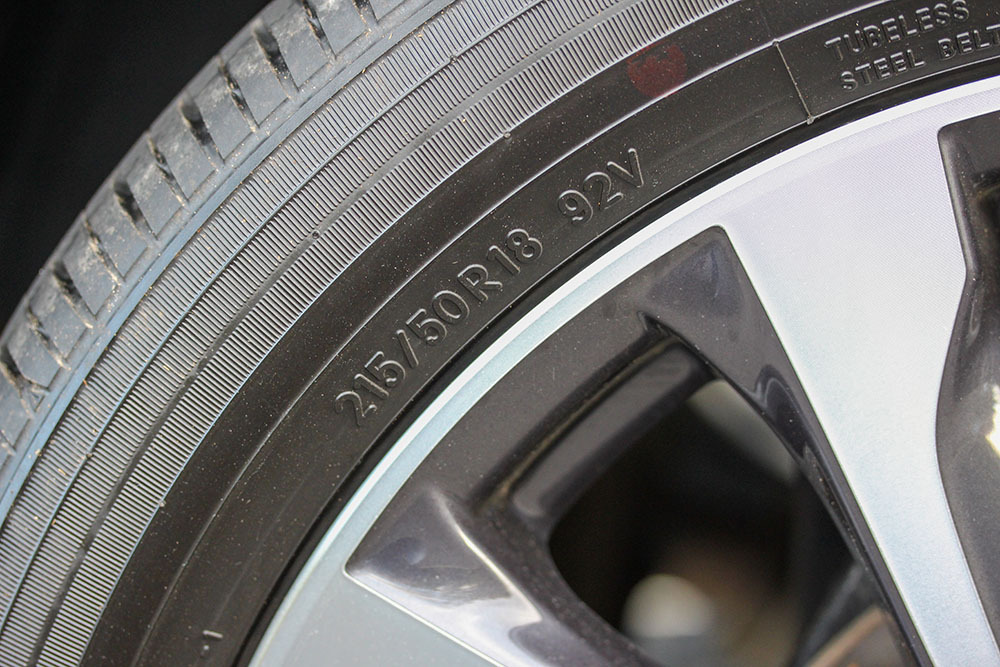
HOW TO FIND AND READ YOUR TIRE SIZE
Installing the right tires is vital to enhance your vehicle’s performance and safety. As a car owner, you must understand which tire type suits your vehicle, especially when finding new tires. Meaning you have to know how to find and read your car tire. If you know your tire size and want new tires, get a quote from us. Learn how to find and read a tire size.
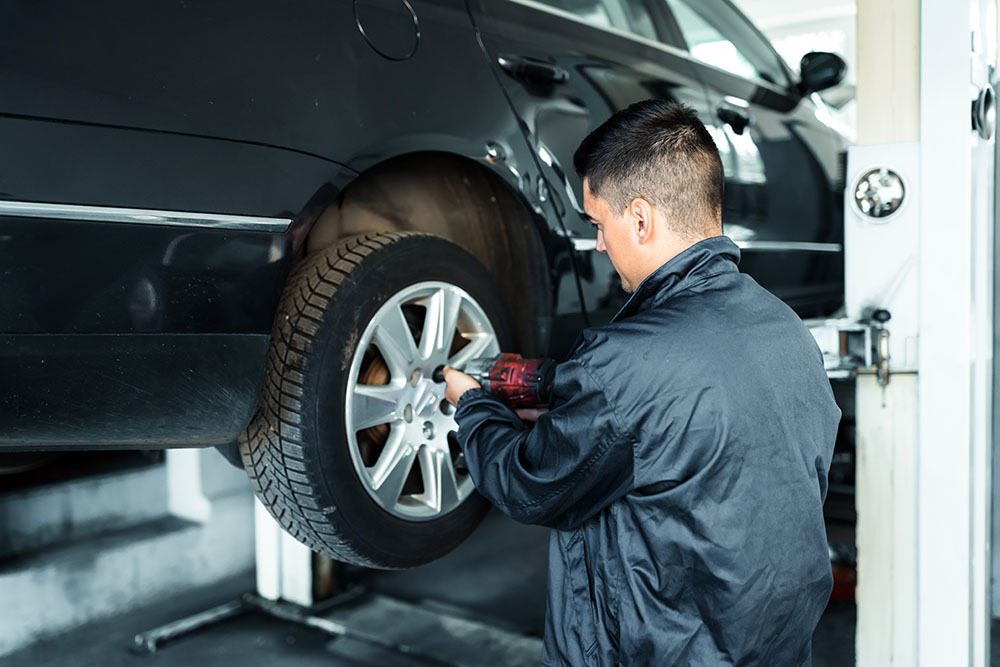
DO I NEED TO BALANCE MY TIRES EVERY TIME I SWITCH THEM OVER?
Have you recently switched your tires over? Or are you planning to rotate them soon? If so, are balanced tires required for each tire change? Let’s take a look in more detail.
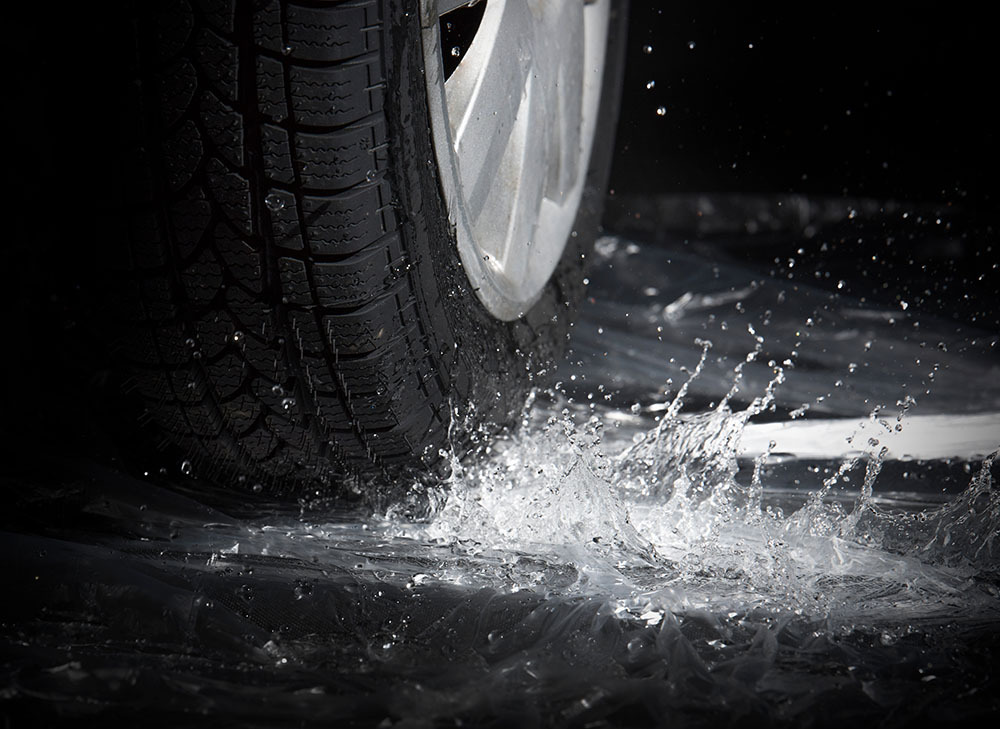
ARE WINTER TIRES GOOD IN RAIN?
When selecting snow tires for your vehicle, be sure to do your research and find the right tire brand for you. Michelin, Goodyear, Pirelli, and Bridgestone are all reputable winter tire brands that provide excellent winter performance in wet and icy conditions.
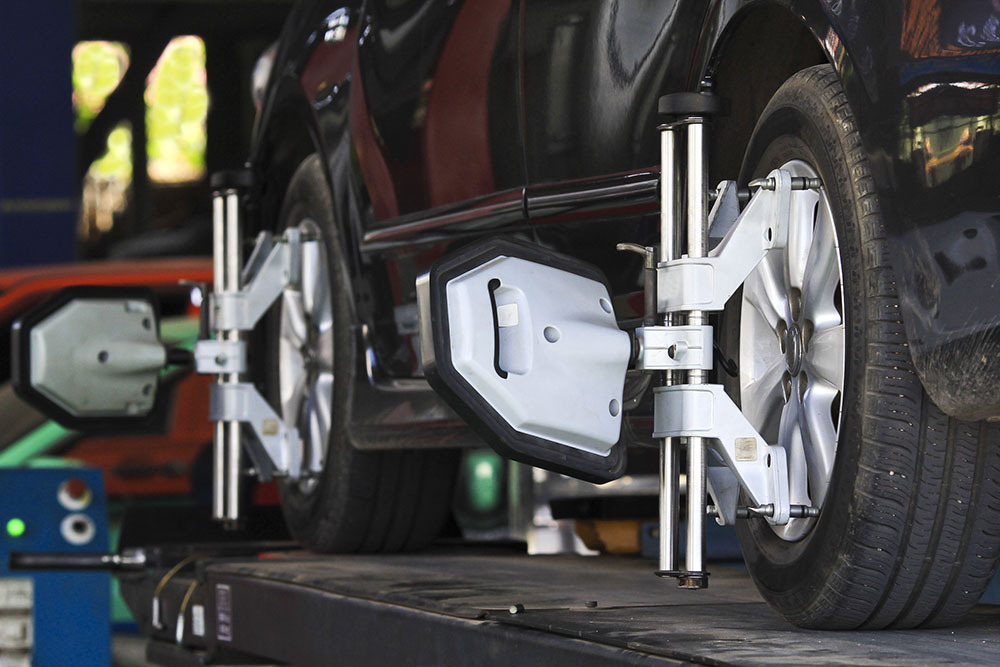
WHEEL ALIGNMENT, IS IT REQUIRED EVERY YEAR?
Wheel alignment is a regular maintenance task if you want to keep your vehicle in a good state. If not taken care of, misalignment may occur, and it may cause vehicle damage or even cause an accident. As a car owner, you must regularly have your wheels realigned at a service center or auto repair shop after the recommended two to three years. Below is a comprehensive overview of alignment.
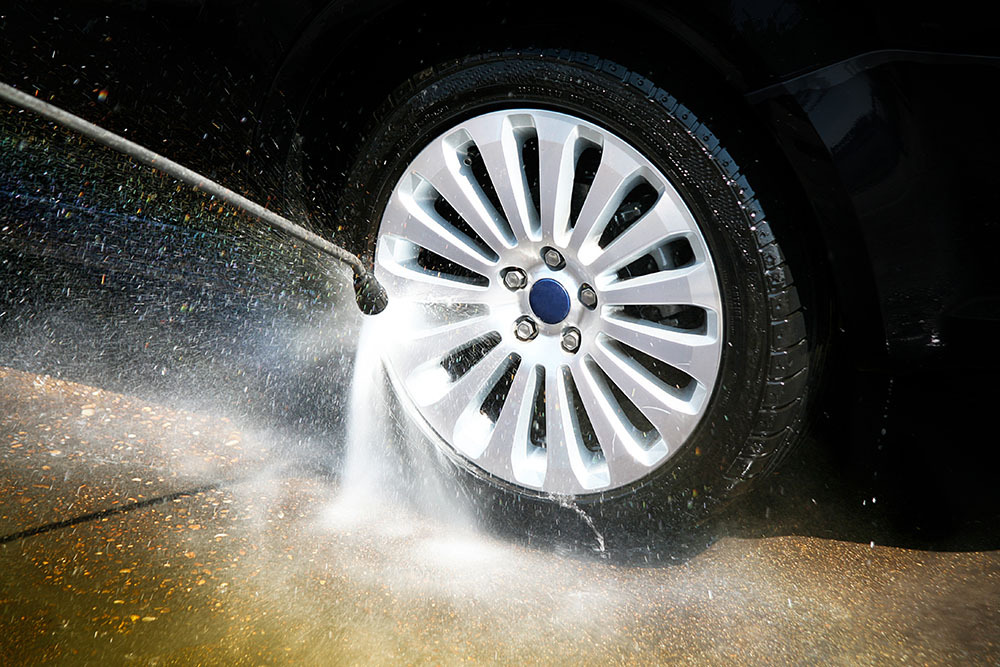
HOW TO SUPER CLEAN YOUR WHEELS
Because of their positioning, car wheels collect more dirt than other car components. Besides the usual dust, road grime and grease also gather on car wheels. The brake dust also leaves a dark brown build-up on the wheels.
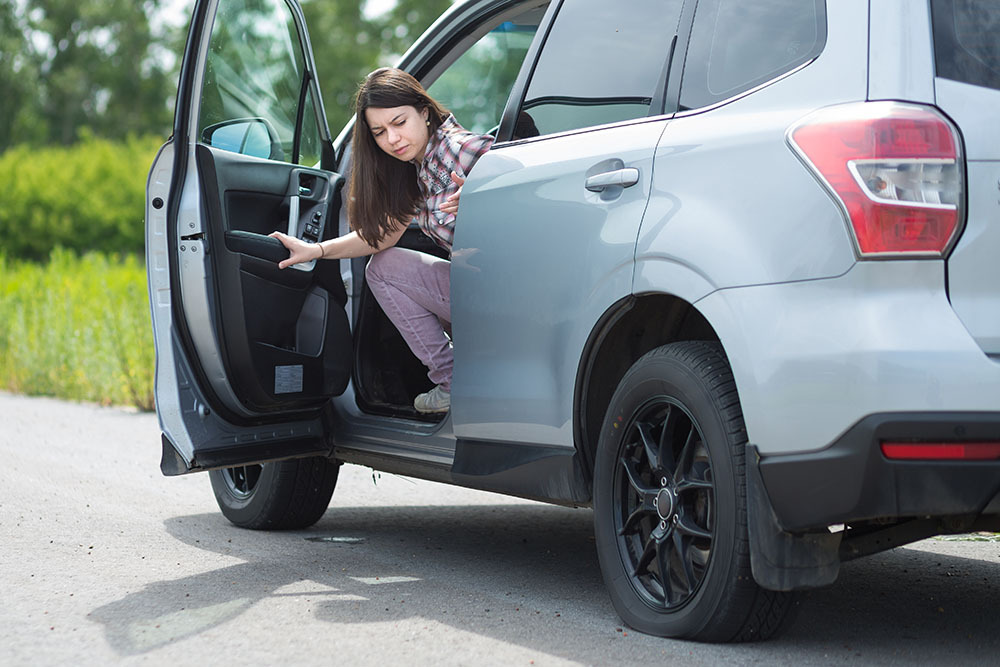
HOW CAN YOU DRIVE WITH A FLAT TIRE?
It’s always a nightmare for a car owner to hear of a flat tire. As scary as it may sound, double the trouble if you don’t have a spare tire. You can also triple it if you are in an emergency or hurry to attend a meeting.
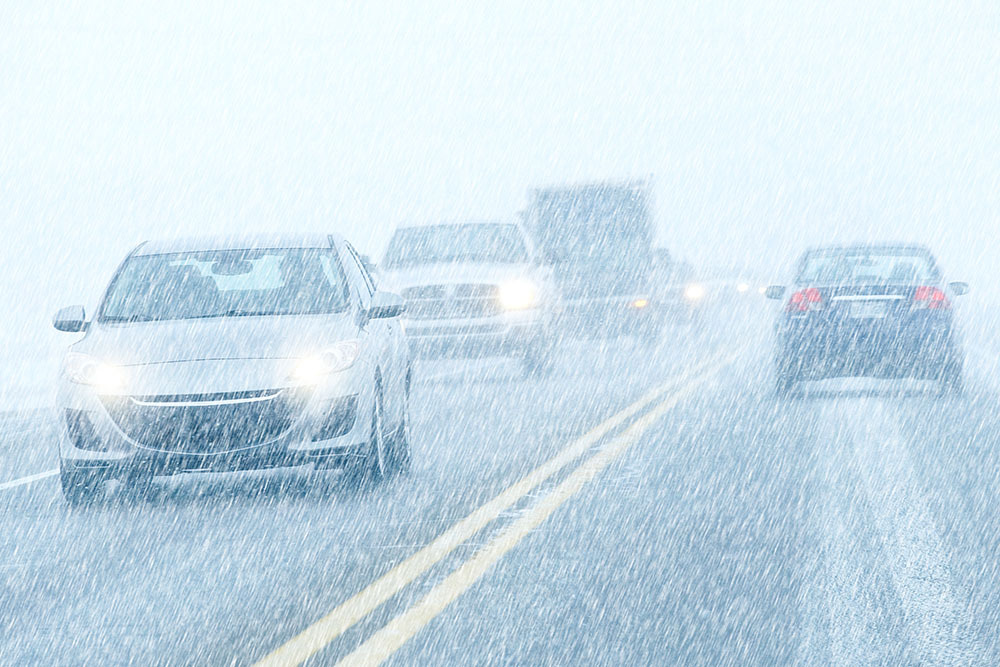
WINTER DRIVING TIPS
Most Canadians understand that winter driving is challenging and dangerous, even for seasoned drivers. On those slippery roads and bad weather, your driving conditions are compromised, requiring vehicle adjustment and tested winter driving tips.
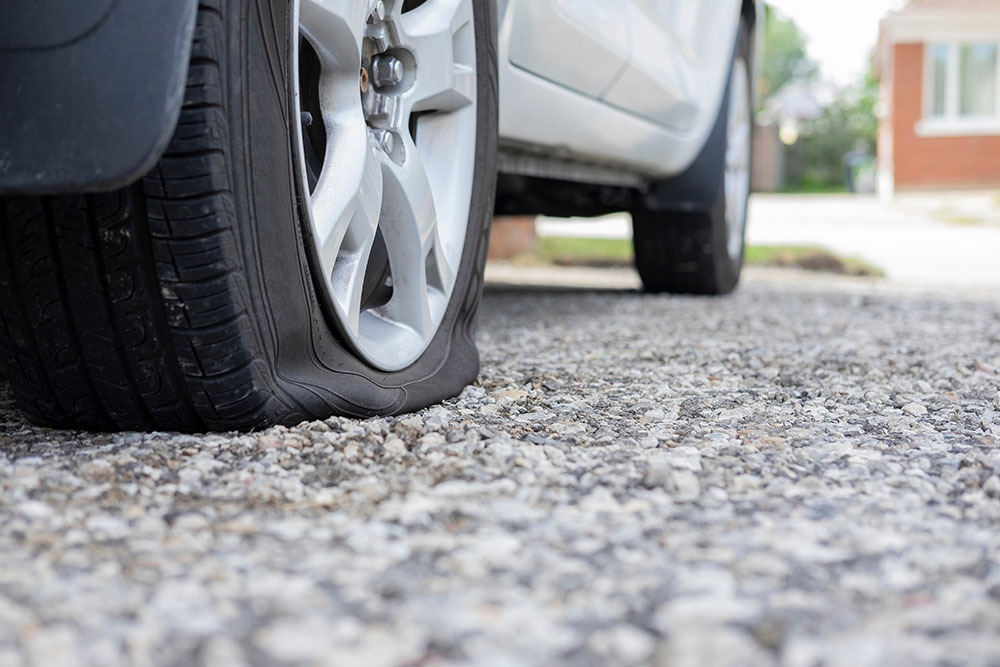
WHAT SHOULD YOU DO WHEN YOU GET A FLAT TIRE?
It’s not comforting to find yourself on the road with a flat tire. Although changing a tire is not difficult, it is a skill that every driver should master. Flat tires can be caused by anything as simple as glass or screws on the ground or by driving through deep potholes. It can also happen at any time of day or night. When you get a flat tire, you may not always get roadside assistance. Therefore, we’ve compiled a list of things to do if you have a flat tire.
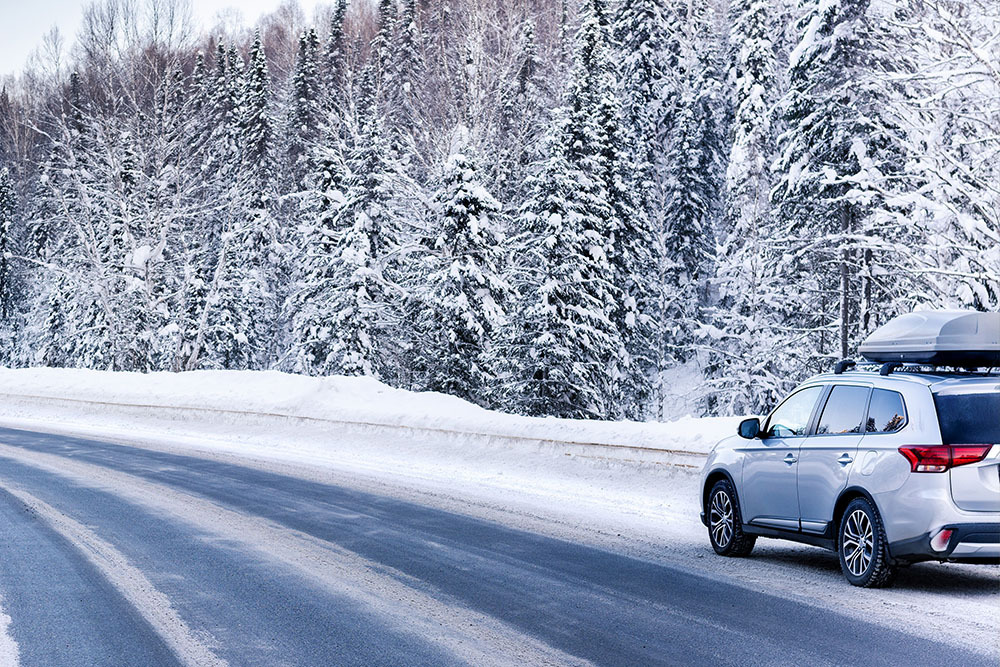
DIFFERENCE BETWEEN SNOW TIRES AND ICE TIRES
Winter is here, time to get the tools out and gear up for the winter conditions. You have been assigned the duty of snow plowing but you don’t have the right tires for winter driving.

BEST AND MOST AFFORDABLE TIRE BRANDS IN CANADA
Consumer reports publish their ratings for SUVs and small car tire performance yearly. Their reports are very beneficial to car owners because they show the best and various performance details like tread life, snow performance, braking, and general handling. As such, you will learn that the most popular tire brands top the list of the most-rated tires in terms of affordability and performance. Examples are Michelin, Continental, Pirelli, Bridgestone, and others. Below are the most affordable tire brands in Canada you can purchase for different seasons and purposes.
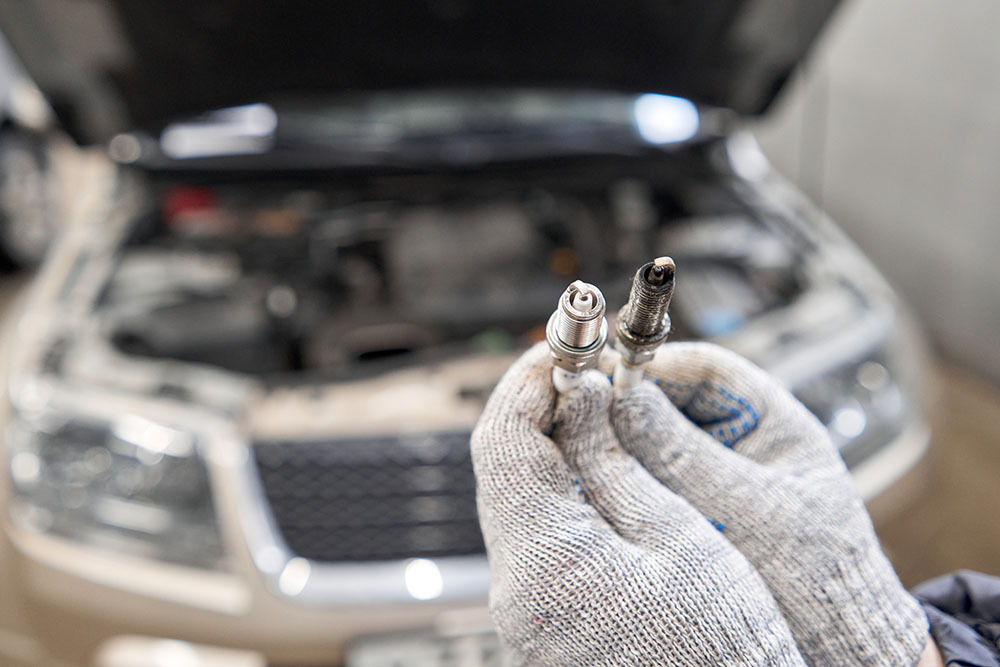
WHAT ARE SPARK PLUGS AND HOW OFTEN DO YOU NEED NEW ONES?
Spark plugs are a small yet significant part of a vehicle’s engine, that play a significant role. If your vehicle has bad spark plugs, it may fail to even start or run. Read on to find out more about spark plugs, their importance, types of spark plugs, their life span and how to know when and if you need a spark plug replacement.
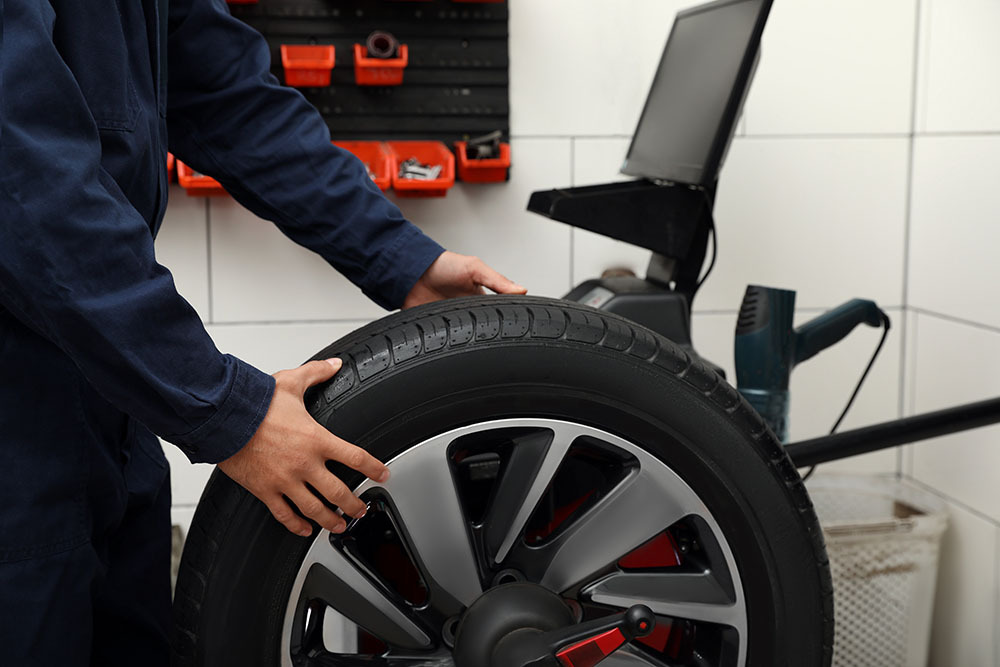
TIRE BALANCING AND WHY IT'S IMPORTANT
What is tire balancing, and what purpose does it serve? This term is often confusing and used interchangeably with the term wheel alignment; however, the two are different. Read on for more clarification on the difference between wheel balancing and wheel alignment, as well as their significance.
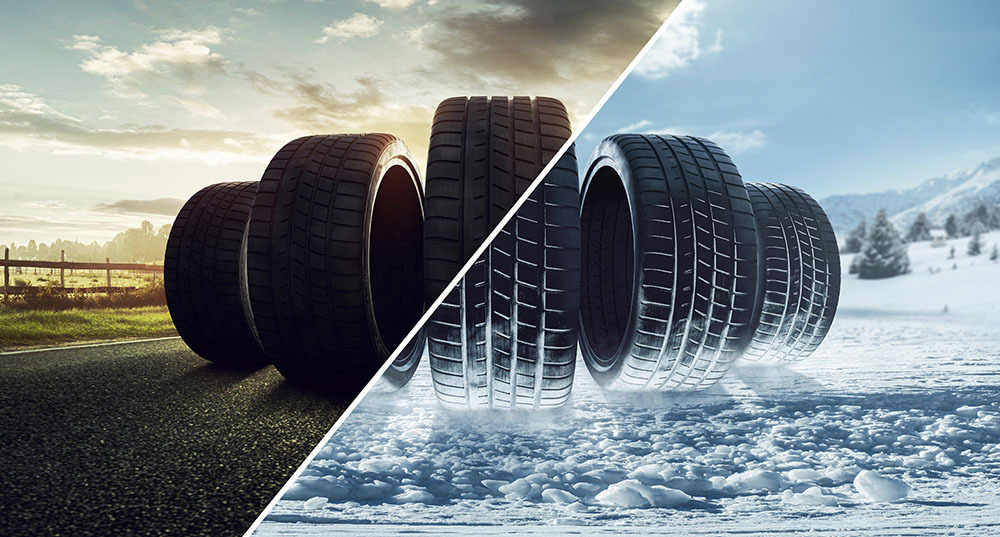
CAN I LEAVE MY WINTER TIRES ON ALL YEAR?
Many people ask if they can leave their winter tires on year-round. The answer is yes, you can leave your winter tires on during the summer months. However, it is not recommended to do so. Winter tires are designed for cold weather and snow conditions. They are not made for warm weather and can wear out quickly in the summer heat. Summer tires are a better choice for warm-weather driving. They are the type of tires made to withstand heat and provide better traction in warm weather conditions.

DO SNOW TIRES AFFECT GAS MILEAGE ?
A variety of factors can impact your car’s gas mileage. Your car’s wheels and tires might not appear to have any bearing on your fuel economy at first glance; nevertheless, based on tire type, maintenance, and tire size, there is a direct effect on the overall life and efficiency of the vehicle. Tire condition significantly impacts the mileage covered for a single gas tank. Tire-related issues account for 20% to 30% of a vehicle’s total fuel consumption and 24% of the CO2 emissions produced by road vehicles. Rolling resistance is the primary factor determining how tires impact a vehicle’s fuel efficiency.
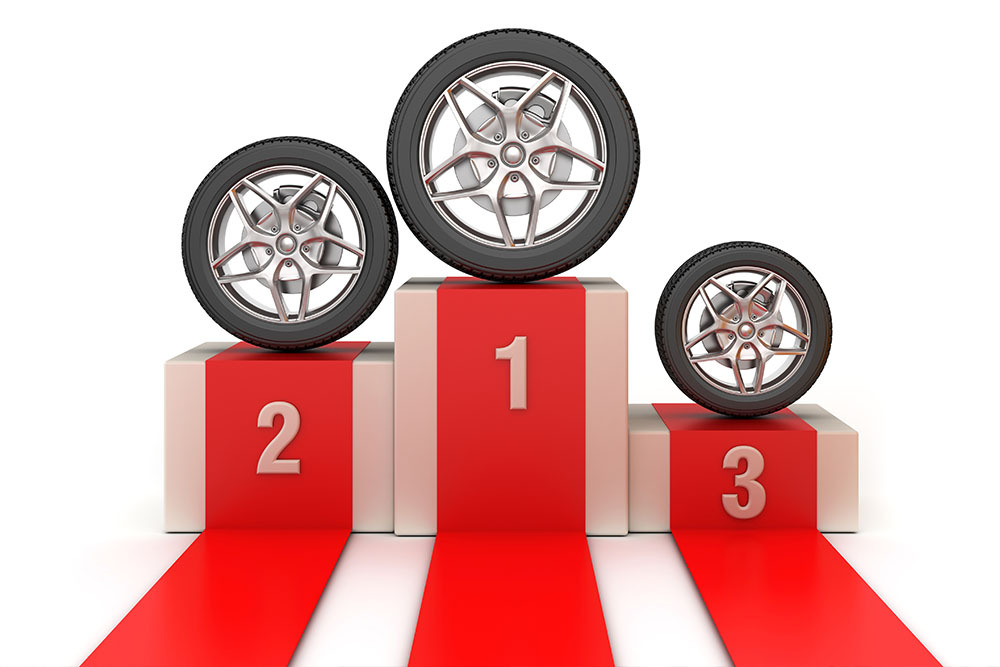
TOP FIVE TIRE BRANDS WE CARRY AND WHAT THE BEST PERFORMING TIRES ARE
At TreadNation, we have the right tires for your needs. We have summer tires, winter tires, off-road tires, truck tires, and SUV tires and you can buy them all at cost. The top five tire brands we carry are Michelin, Continental, Bridgestone, Pirelli, and Yokohama tires.

FOLLOW SGI SAFETY CHECKLIST
What Is SGI Inspection?
SGI Inspection is a method of safety inspection that is effective at assessing whether a vehicle meets safety standards before each use. Saskatchewan drivers need to do SGI inspections in compliance with the law to ensure their safety and that of other drivers.
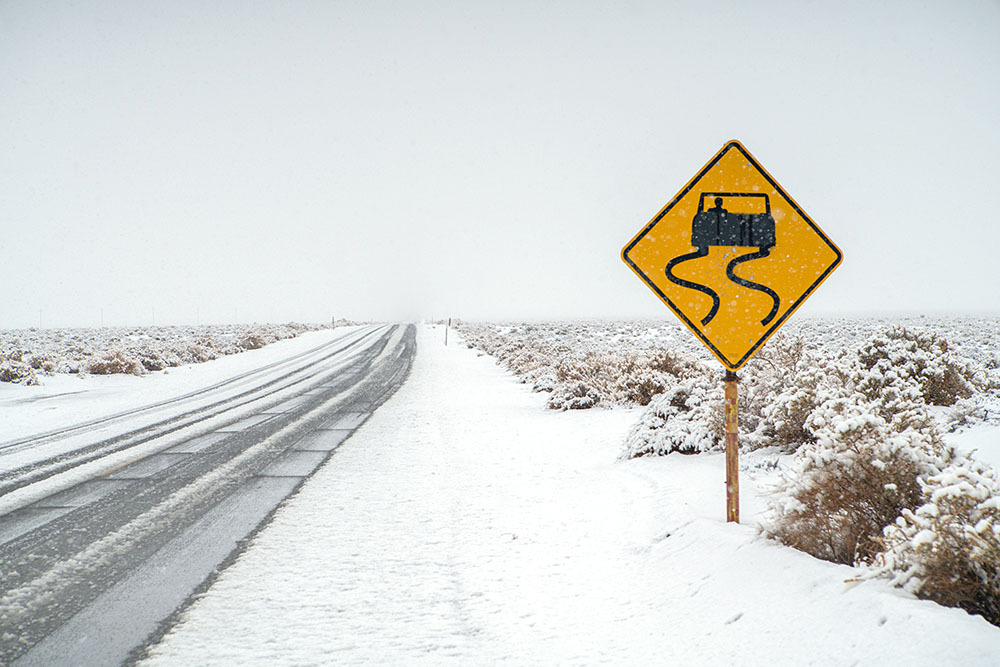
DO You Need Winter Tires in Saskatchewan?
When the Canadian winter season comes, it’s important to re-evaluate how weather-ready your vehicle is for winter driving. Winter tires can help you deal with the weather conditions, such as ice, snow, or freezing rain that come with the cold weather in Saskatchewan. While some drivers choose all-season tires or all-weather tires there is a significant difference in comfort and control with using tires specifically manufactured for winter months.
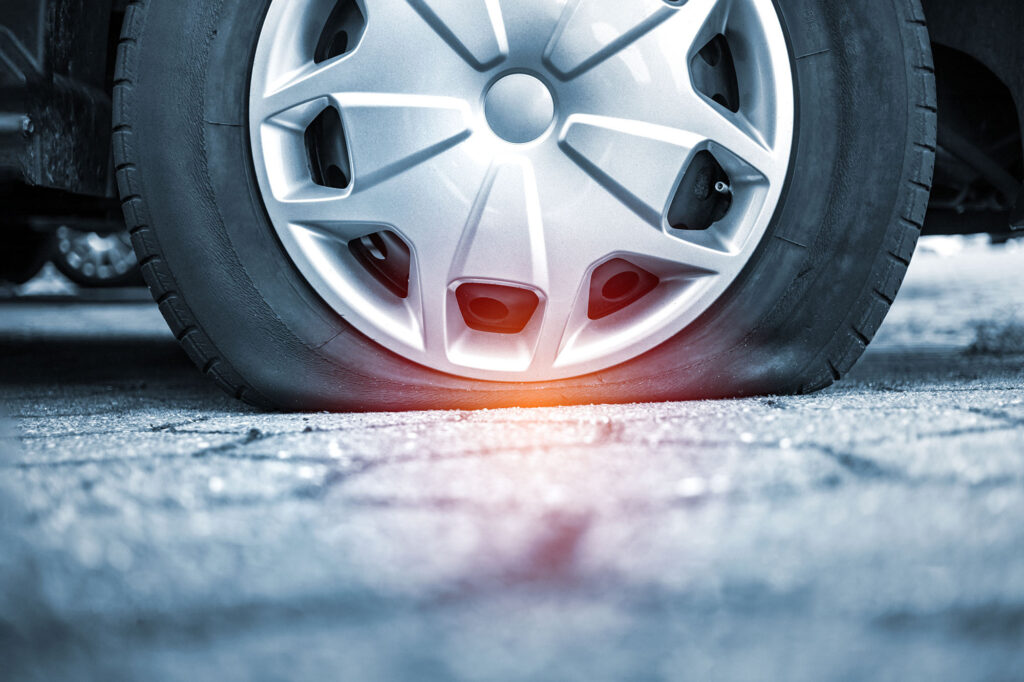
KEEP The Air Inside: Why Properly Inflated Tires Make All the Difference
The type of tires your car has can affect the ease of handling, cornering, and even fuel economy. Luckily, there’s something for everyone since tire manufacturers have created tread designs aligned with usability requirements. Getting the correct tire size might be a must-have in your tire checklist, but the tread design is equally crucial.
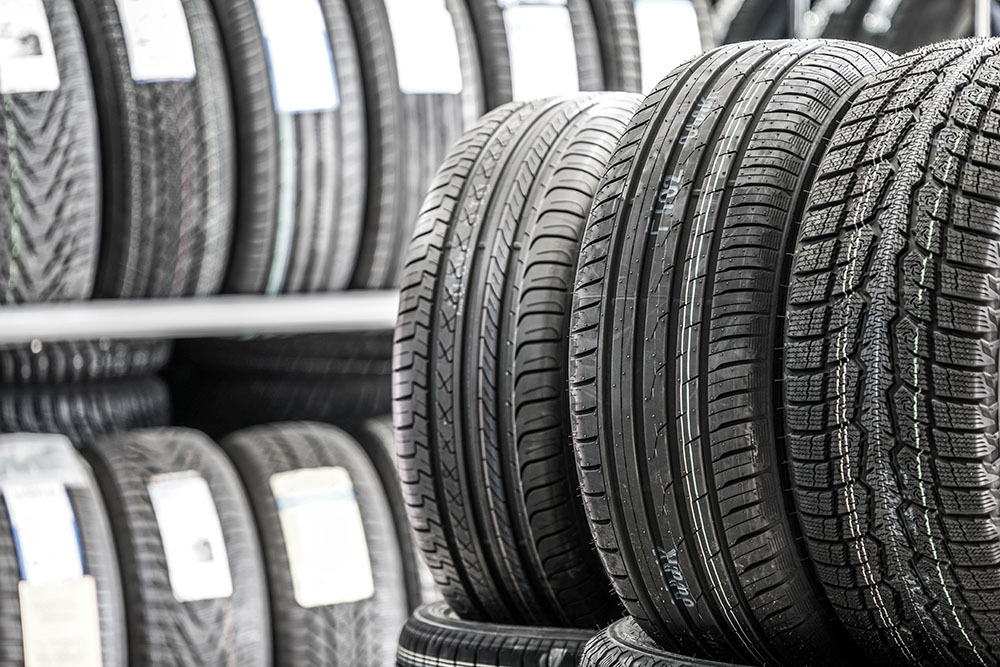
TREAD DESIGN TYPES, TREAD ELEMENTS
The type of tires your car has can affect the ease of handling, cornering, and even fuel economy. Luckily, there’s something for everyone since tire manufacturers have created tread designs aligned with usability requirements. Getting the correct tire size might be a must-have in your tire checklist, but the tread design is equally crucial.
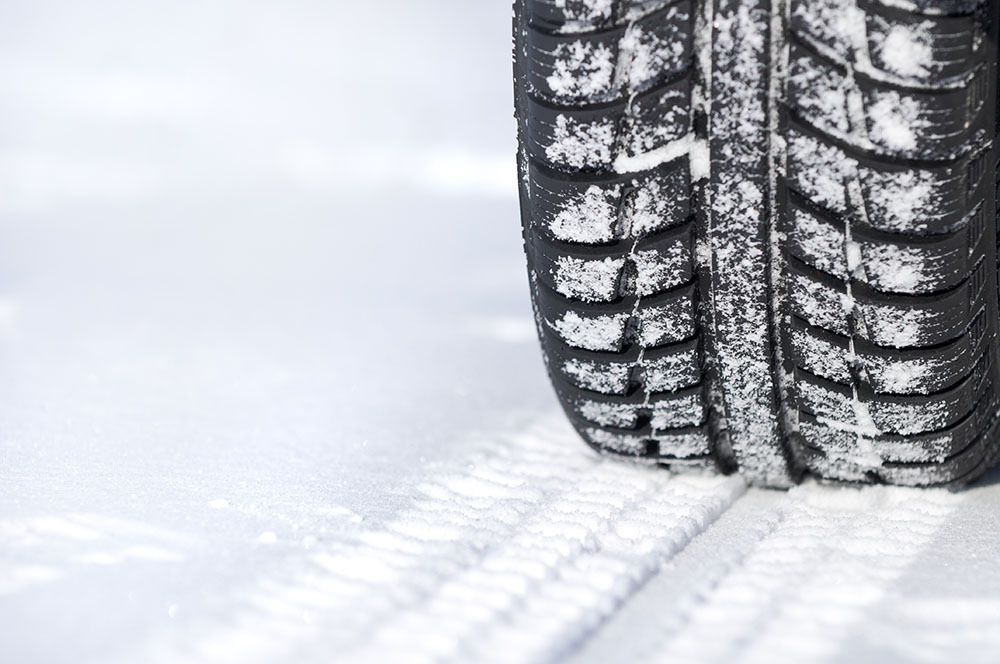
HOW ARE TIRE TREADS DESIGNED?
Tire treads are designed to provide traction on the road surface, and they are an important part of a tire’s overall performance. Tire tread patterns can vary depending on the type of tire, and each tread pattern is designed by the tire manufacturer to provide specific benefits. For example, some tread patterns are designed to provide a better grip on wet or icy surfaces, while others are designed to minimize noise and vibration.
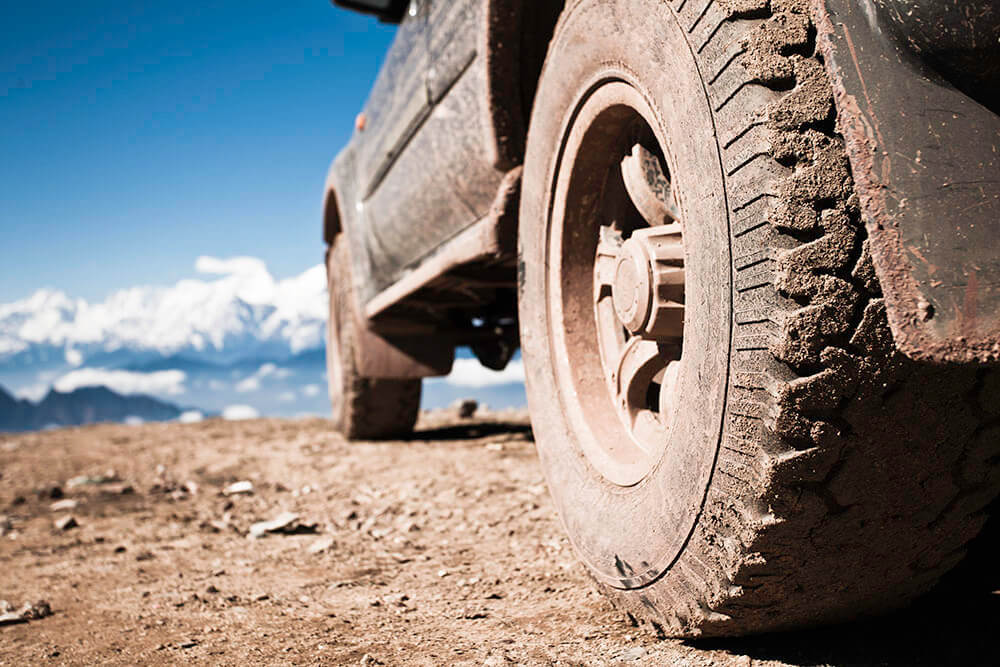
MUD TERRIAN TIRES
If you’re an off-road enthusiast or spend more time on rocky terrain and muddy conditions, you may want to consider buying durable tires with a bulkier and more aggressive tread. Mud terrain tires are great off-road tires for such conditions. They have heavy tread blocks or tread patterns, differentiating them from other tires.
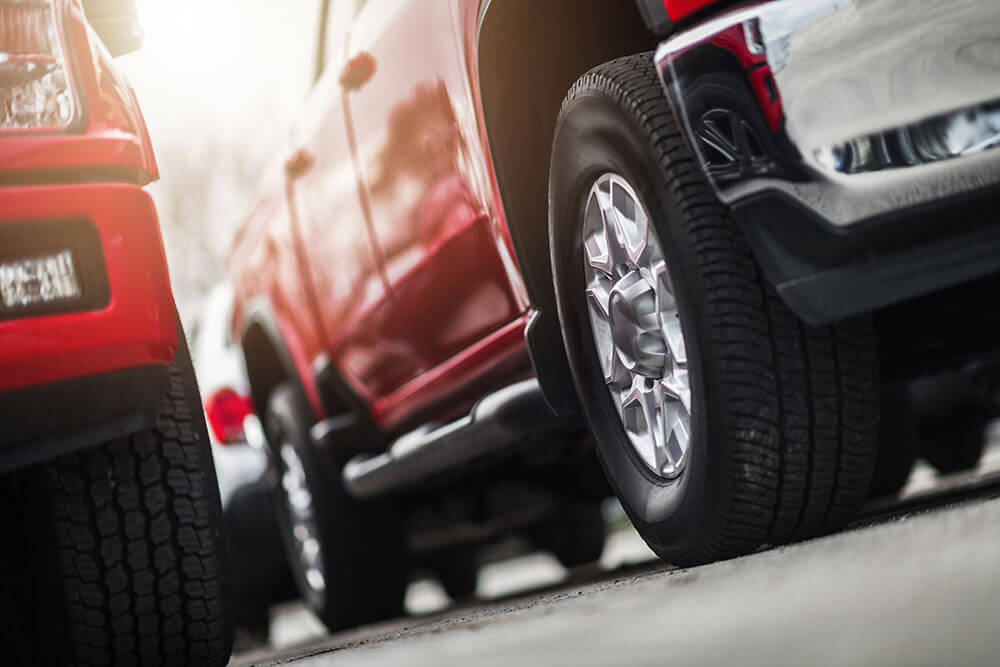
BEST TIRES FOR HEAVIER LOADS AND LARGER TRAILERS
SUV or trailer tires are engineered to be more versatile than your regular passenger car tire. They are built to carry heavy-duty loads, perform towing duties, and manage intense hauling needs. If your tires have no load-carrying capacity, you can be at great risk while on the road. This is why you must purchase trailer tires that can carry the weight of the trailer plus the additional load put inside it.
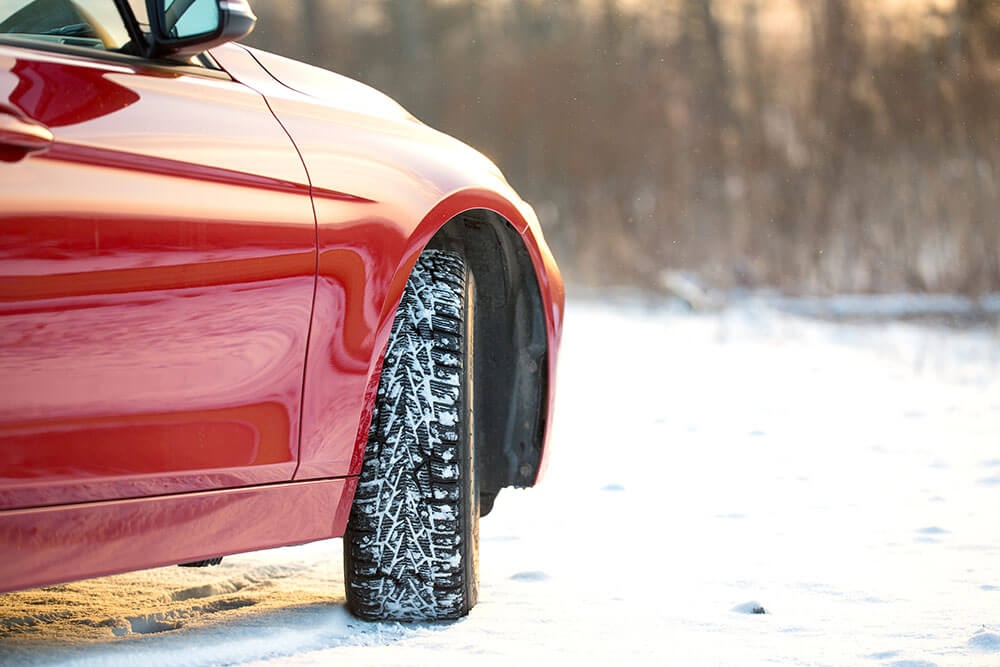
VEHICLE BRAKING IS ABOUT THE TIRES
The braking system is responsible for converting the kinetic energy of an automotive to heat energy which slows them down. However, tires determine how fast this occurs. Before a stoppage occurs, you must press on the braking pedals, which apply pressure, transmitting the brake fluid through pistons to both front and rear wheels. The stopping distance following the application depends on a car’s tires. The better their condition, the shorter the braking distance.
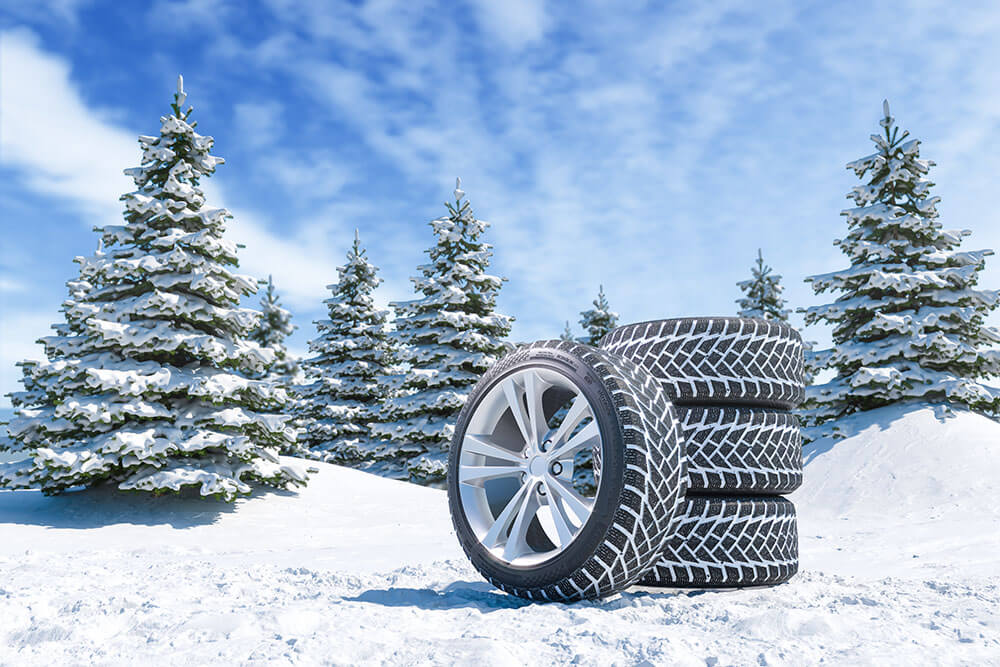
All-SEASON TIRES VS WINTER TIRES
The sets of tires on your car can define the safety and comfort of your daily driving experience. Luckily, tire manufacturers have designed different types of tires in the market, each with unique characteristics suited and designed for usability under various road and driving conditions.
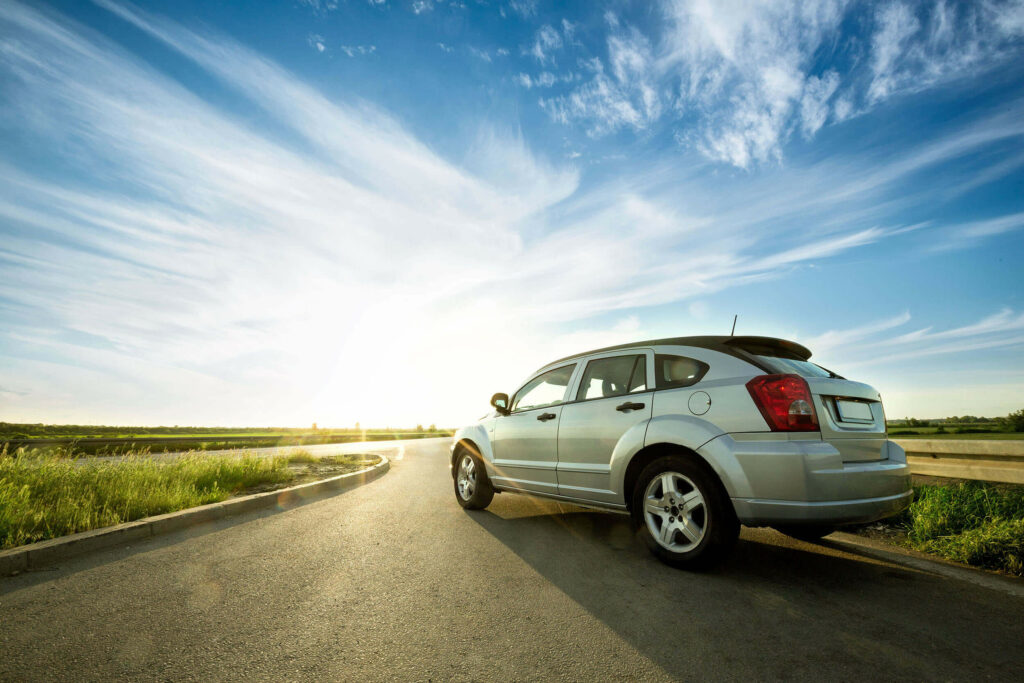
WHY TIRES MATTER
When it comes to vehicles, many things can set each one apart, but tires are one thing they all have in common. No matter what car you drive, having the right tire for your vehicle is extremely important. Having the right tire for your car means having the appropriate set of tires based on the season, i.e., winter tires, summer tires, or even all-season tires if you live in an area where the weather is relatively mild.
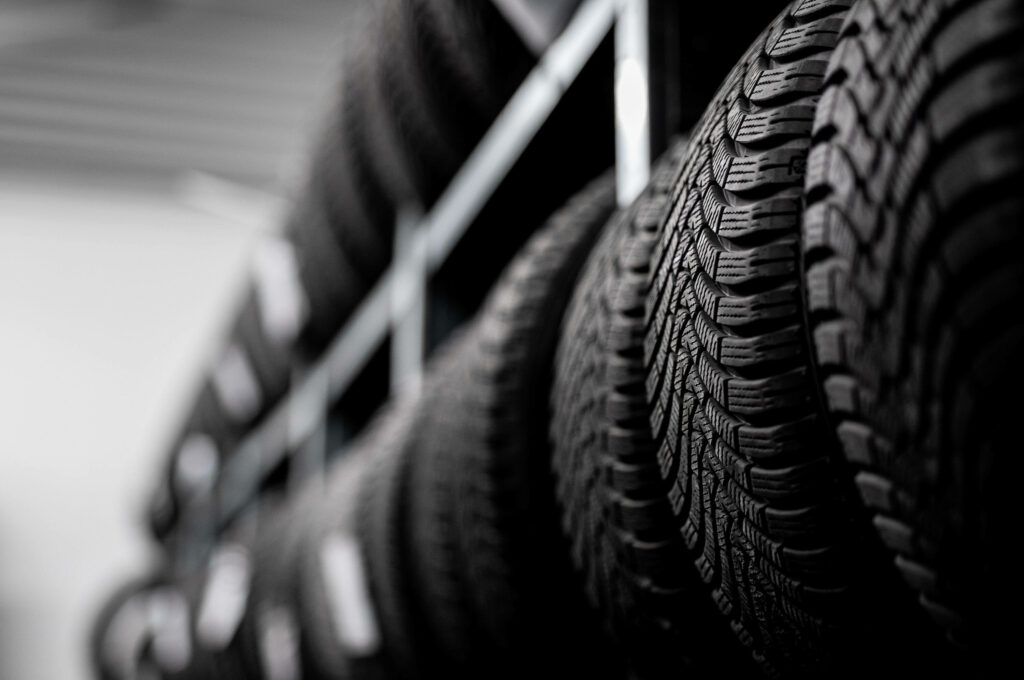
HOW TO PROPERLY STORE TIRES
Living in Canada requires two sets of tires, winter tires and summer tires, unless you live in the lower mainland of British Columbia, which in that case, you can usually get away with a set of all-season tires. Having two sets of tires will require you to store tires when they are in the off-season. Storing tires isn’t challenging, but to preserve your tires’ lifespan, there are a few storage tips to follow.
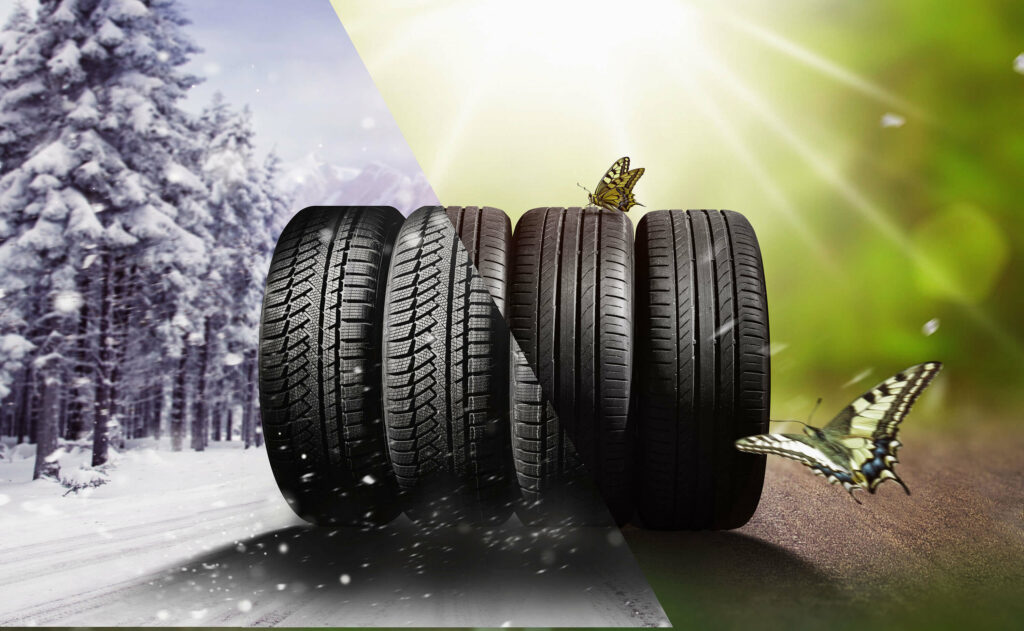
HOW LONG SHOULD A SET OF TIRES LAST?
There isn’t a definitive answer for how long they should last when it comes to vehicle tires. We can say that a set of new tires will last about 96,000km, depending on the tire manufacturer. But, of course, it isn’t that simple. Driving that many kilometres on well-kept paved roads is a lot different than driving on more torturous road conditions, such as off-road.
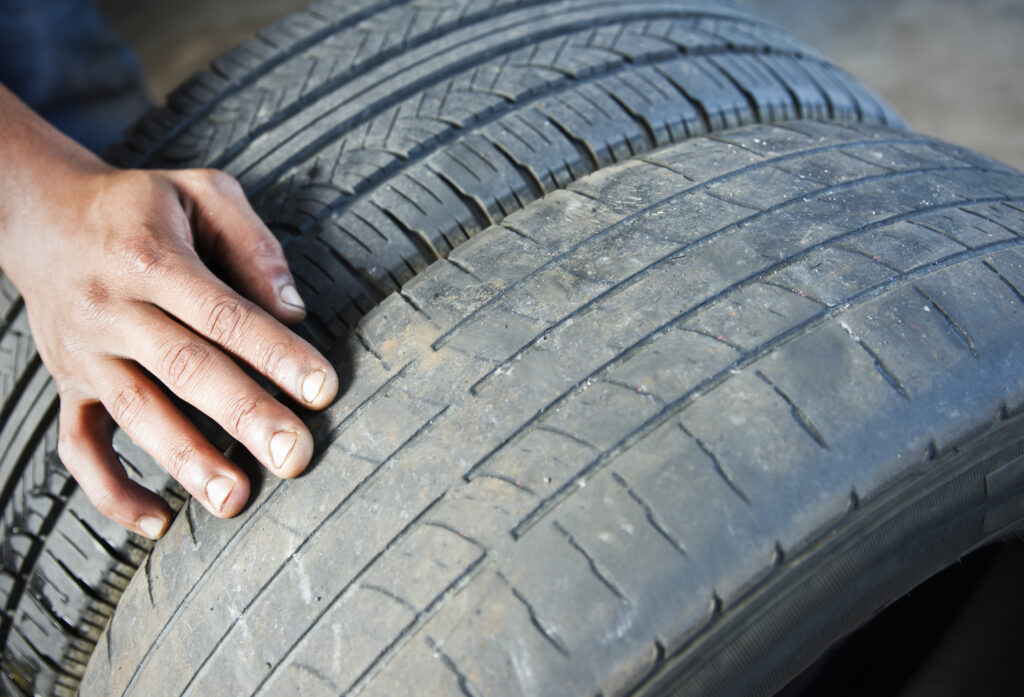
THINGS TO KNOW BEFORE YOU BUY TIRES
Buying new tires isn’t a simple task. There are many things to take into consideration before hitting the road.We all want to get the best deal, but when it comes to tire buying, the cost of them shouldn’t be the number one priority. It’s about finding the right tires for your vehicle to keep you and your family safe.
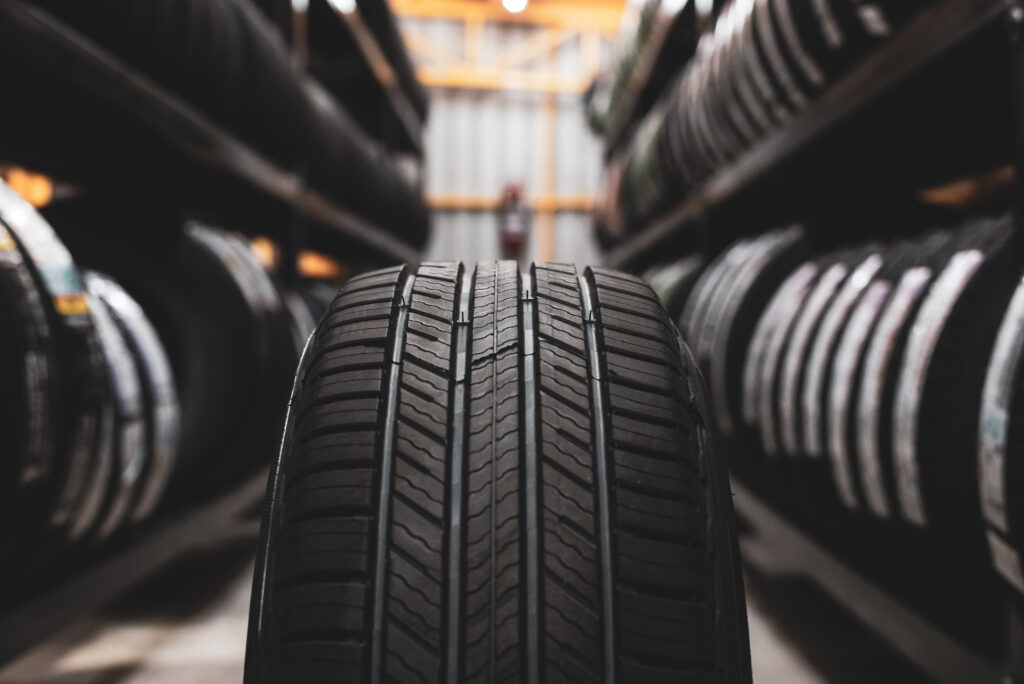
WHAT'S THE BEST TIRE FOR MY VEHICLE
Buying tires for your vehicle is more than just showing up at a tire shop, pointing at a set of tires and having them installed on your car. Tires are responsible for more than just rolling the car along the road; they keep you and your passengers safe.
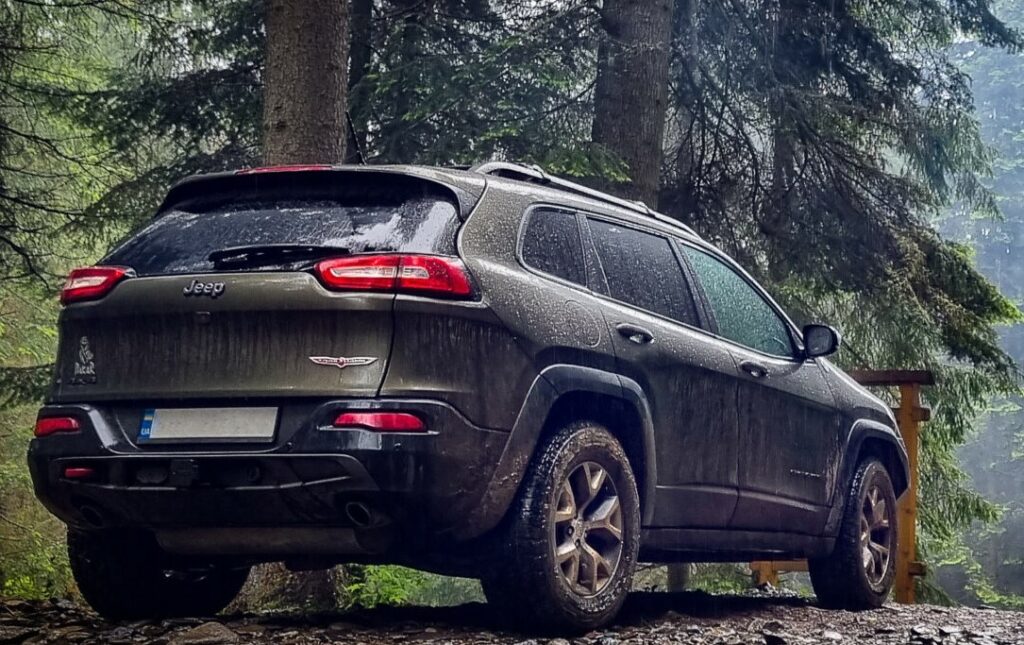
TOP OFF-ROAD TIRES FOR THE BACKCOUNTRY
Shopping for off-road tires shouldn’t be a difficult task; however, it can be overwhelming with all the options out there. If you’re an off-road enthusiast and need tires as ambitious as you are, check out the extensive selection at TreadNation.

HOW TO FIND TIRES FOR YOUR SUV
Selecting the appropriate tires for your SUV isn’t as easy as it once was. There are (literally) hundreds to choose from. Even for people who take a keen interest in vehicles, researching the perfect tire for your SUV can be challenging.
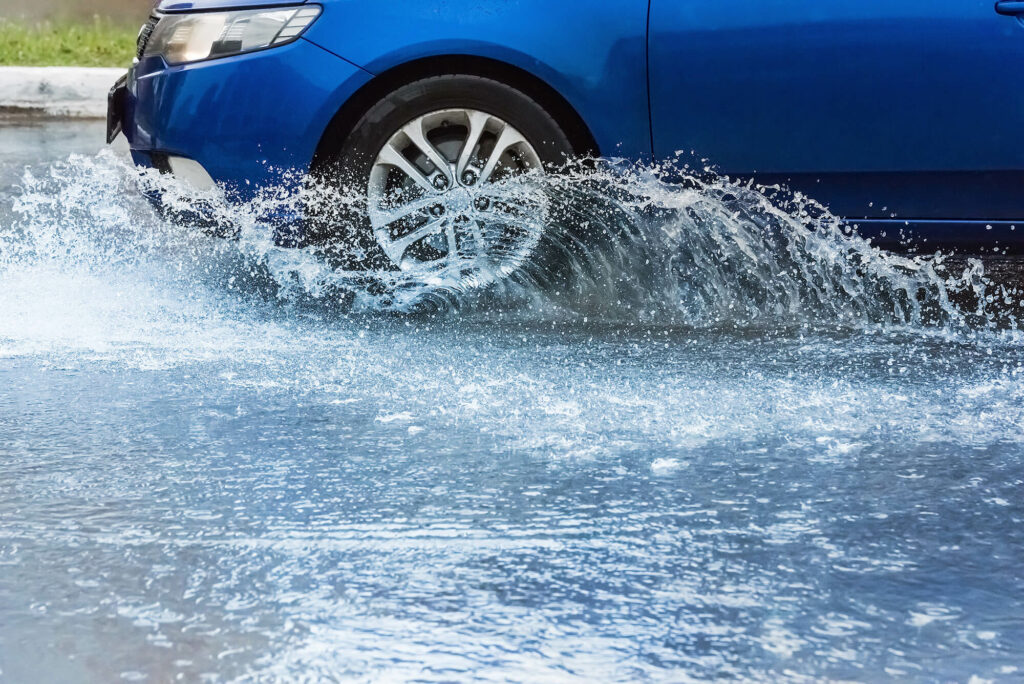
WHY YOU SHOULD CHANGE YOUR TIRES THIS SPRING
When you drive in Saskatchewan, you must have the right tires for the season. Changing your tires every year is an easy task when you work with the professionals at TreadNation.

WHEN YOU SHOULD CHANGE YOUR TIRES
Knowing when the right time to change your tires is crucial. The experts at TreadNation are available to book your tire change appointment and answer any questions you may have about your vehicle.

WHY VISIT TREADNATION POWERED BY FFUN
At TreadNation powered by FFUN Group, we aren’t just FFUN; we’re experts in everything automotive. If you need new tires, no problem, we have access to all sorts of brands, and we’ll sell them to you at cost. Just need a change-over or tire rotation? We’ve got you covered for that, too!

WHEN TO GET WINTER TIRES
When it comes to changing your tires, timing can be everything. Not only do you want to beat the rush after the first snowfall, it is recommended to change to winter tires when temperatures hit 7 degree Celsius.
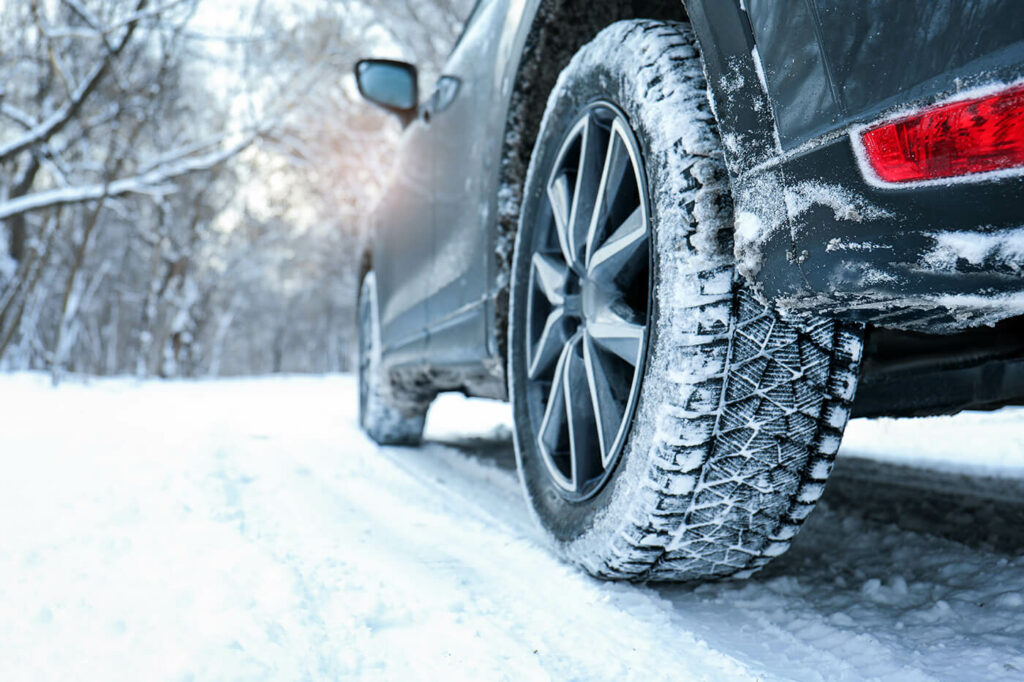
WHY BUY FROM TREADNATION?
TreadNation, powered by FFUN, is your new go-to place for all things tires! It’s never been easier, cheaper, or more convenient to ensure peace of mind this winter.
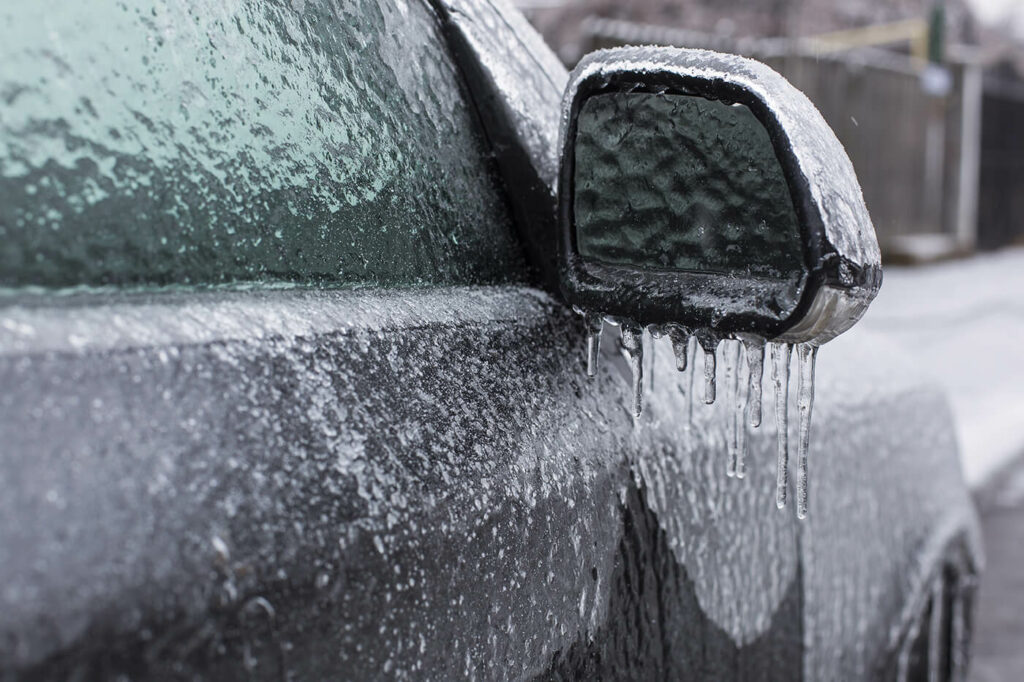
WHY WINTER TIRES?
Whether snow is in the forecast or not, all-season tires don’t do so well when the mercury dips. If you need further convincing that winter tires are essential for every Saskatchewan driver

